5/6
Miss Brittany Ansons, Miss Holly McGowan, Mr Zdravko Rajic, Mrs Rowena Lytton, Antoinette El Bazouni, Amanda Douvos, Helen Bisiach & Ester Moretti.

5/6
Miss Brittany Ansons, Miss Holly McGowan, Mr Zdravko Rajic, Mrs Rowena Lytton, Antoinette El Bazouni, Amanda Douvos, Helen Bisiach & Ester Moretti.
Our 5/6 camp at Phillip Island Adventure Resort was such a great experience. Our students pushed themselves out of their comfort zones, showed great team work and enjoyed new experiences.
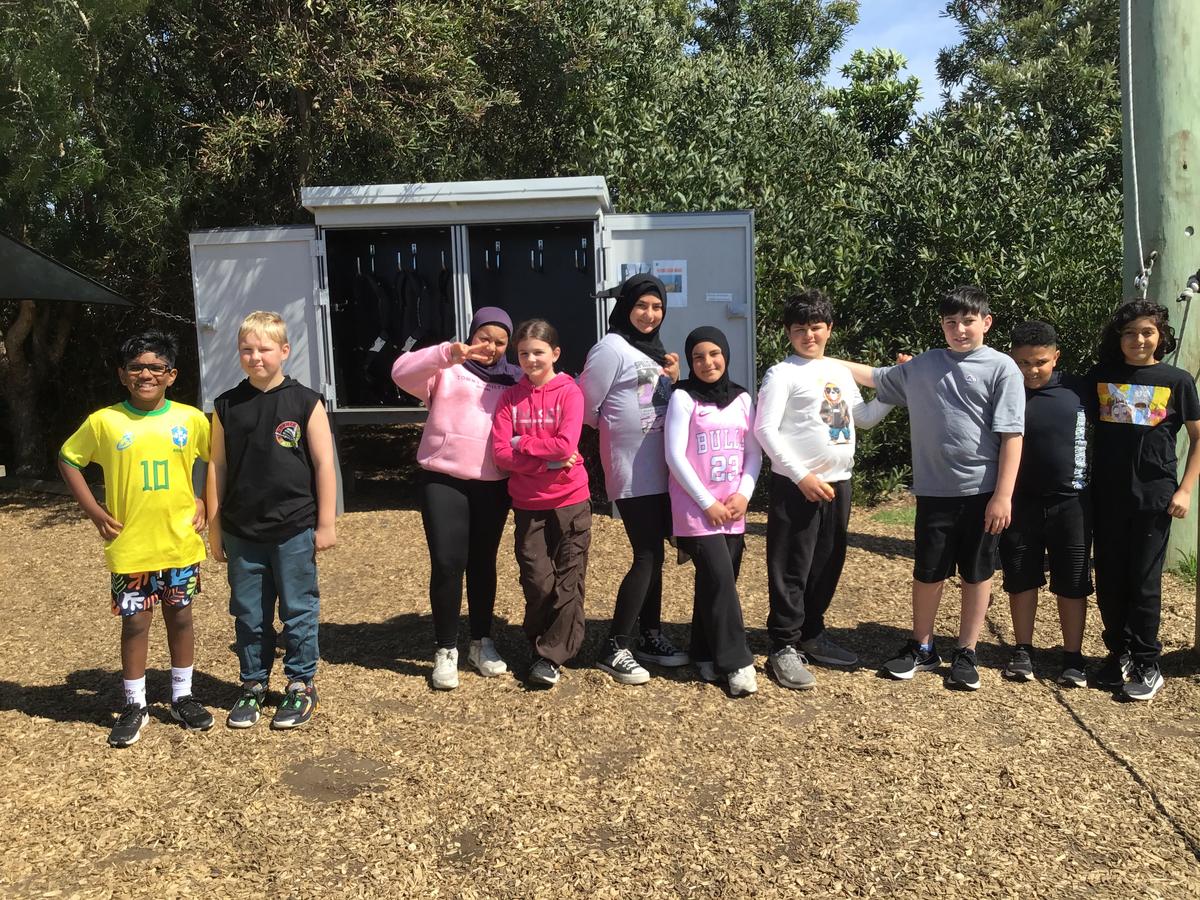
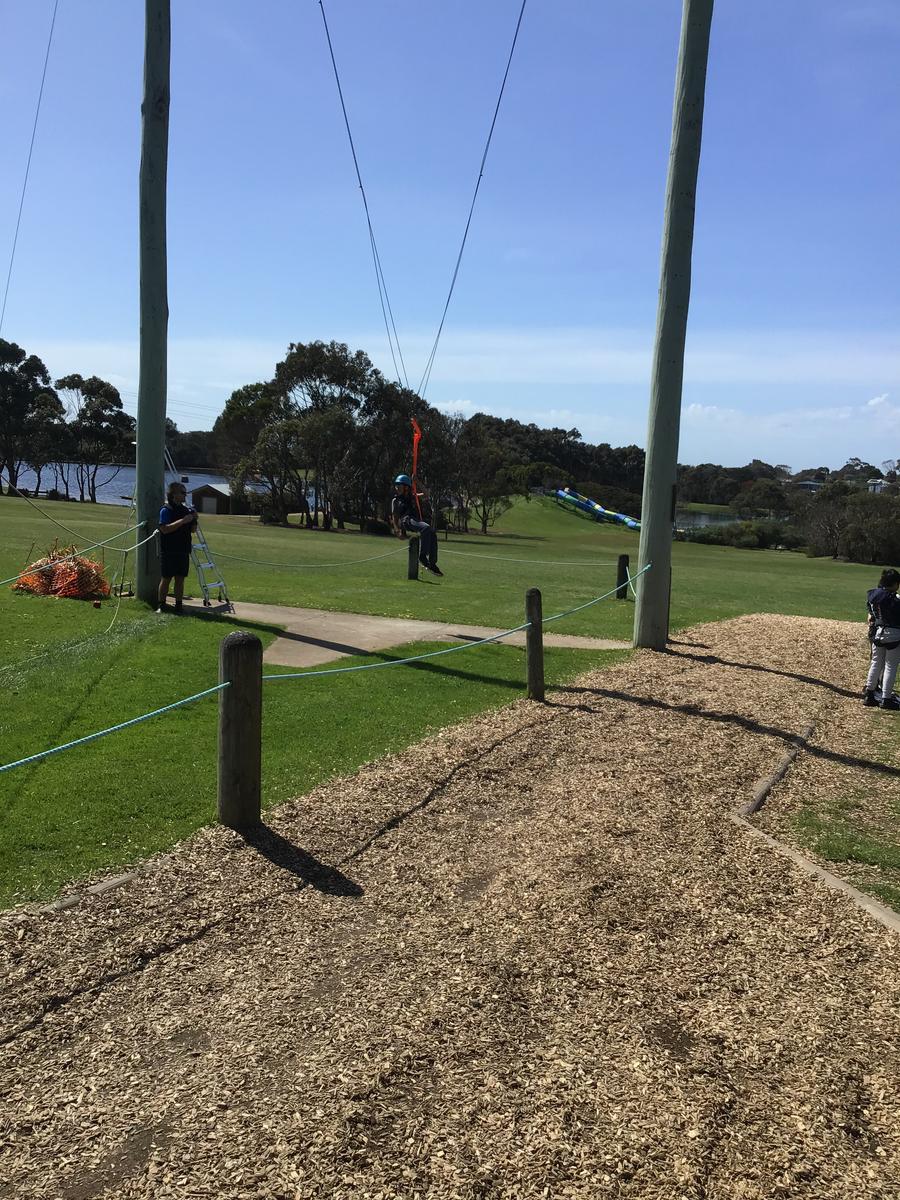
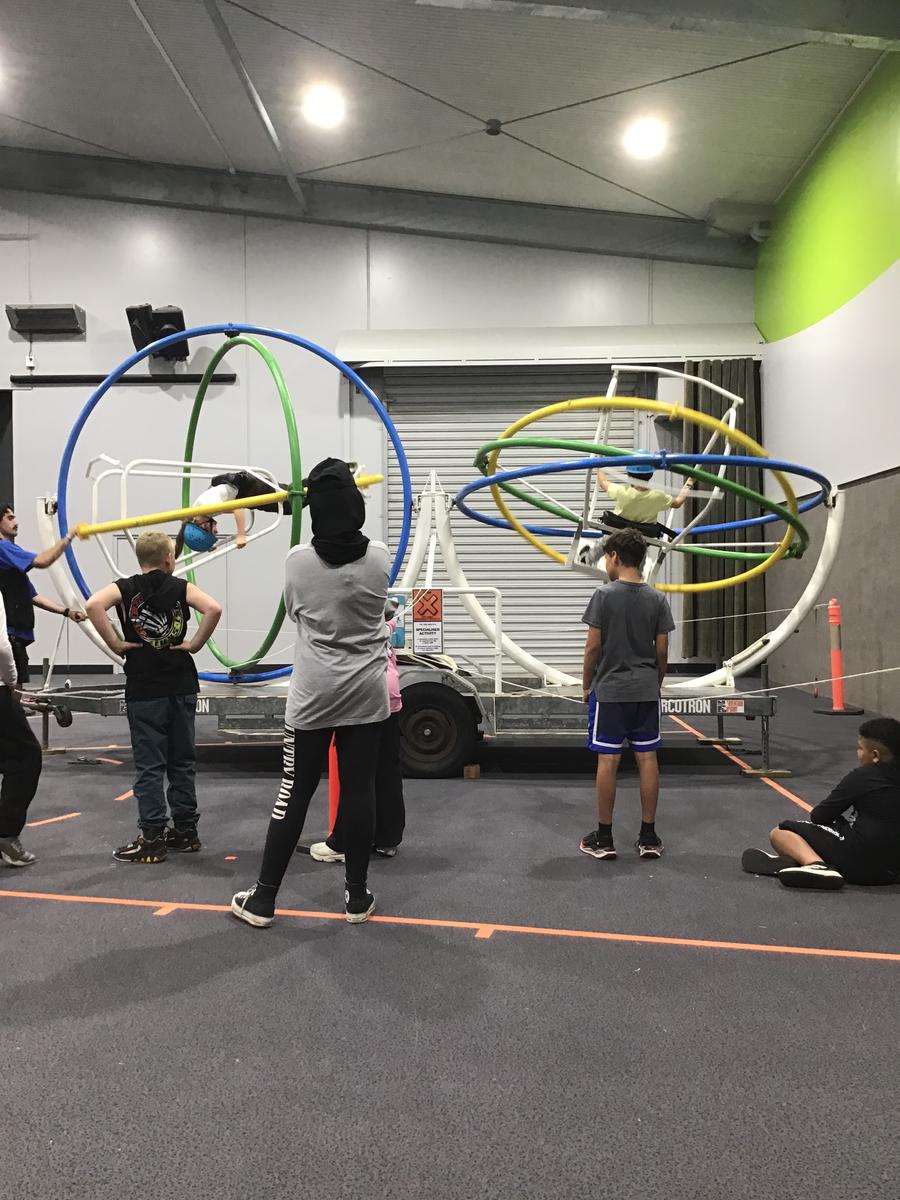
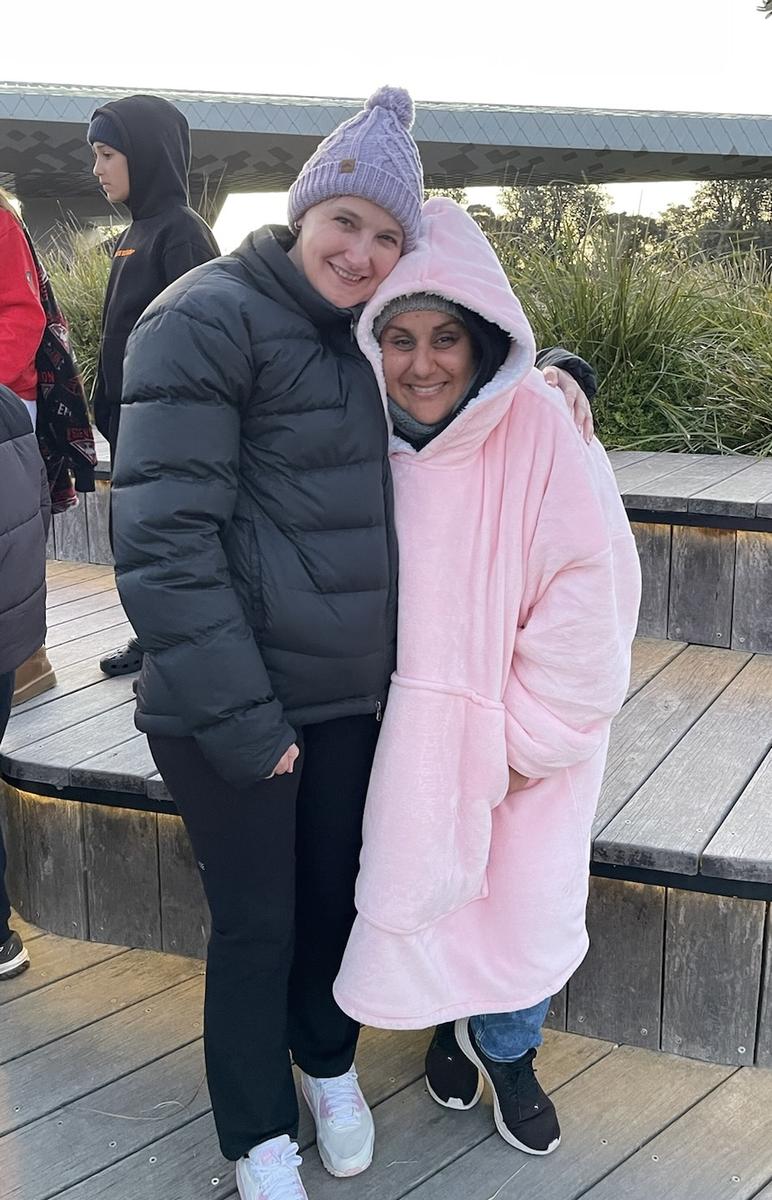
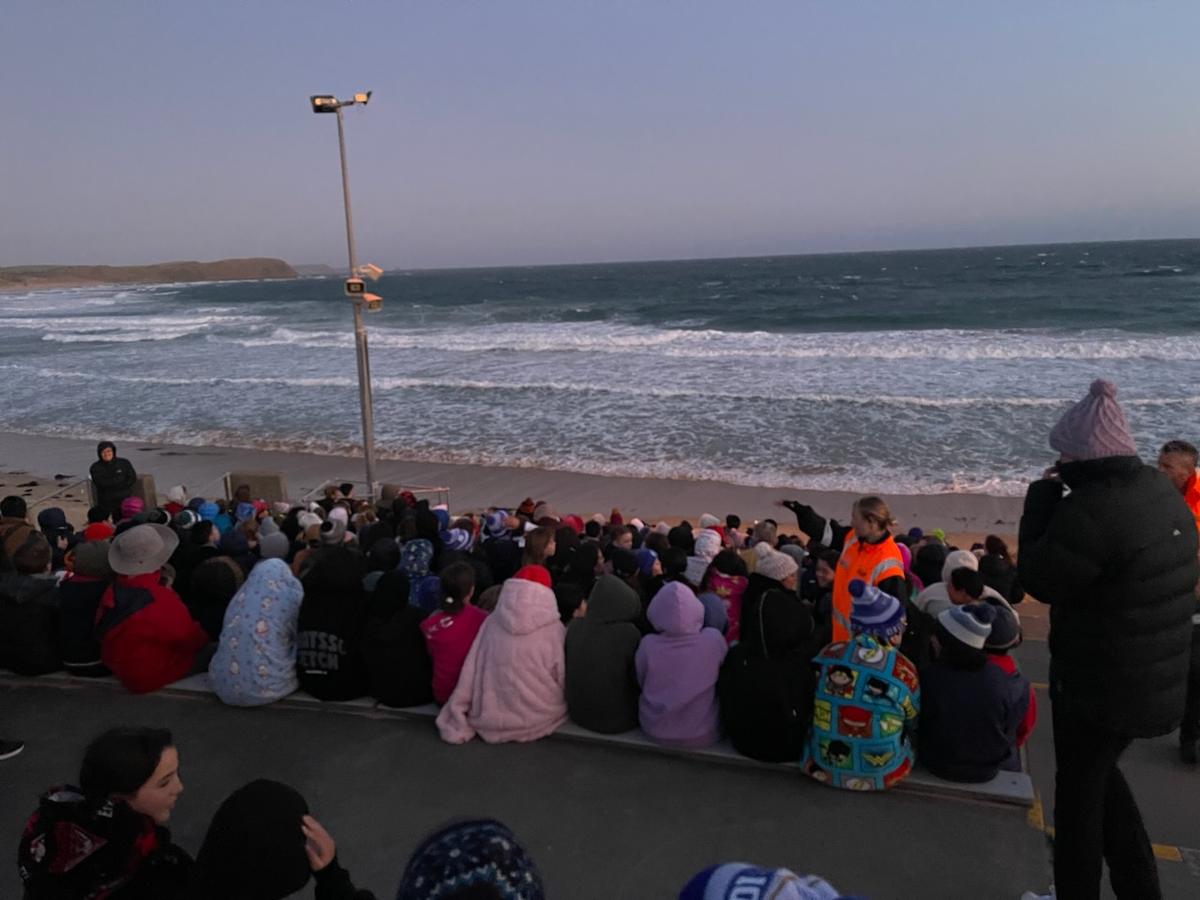
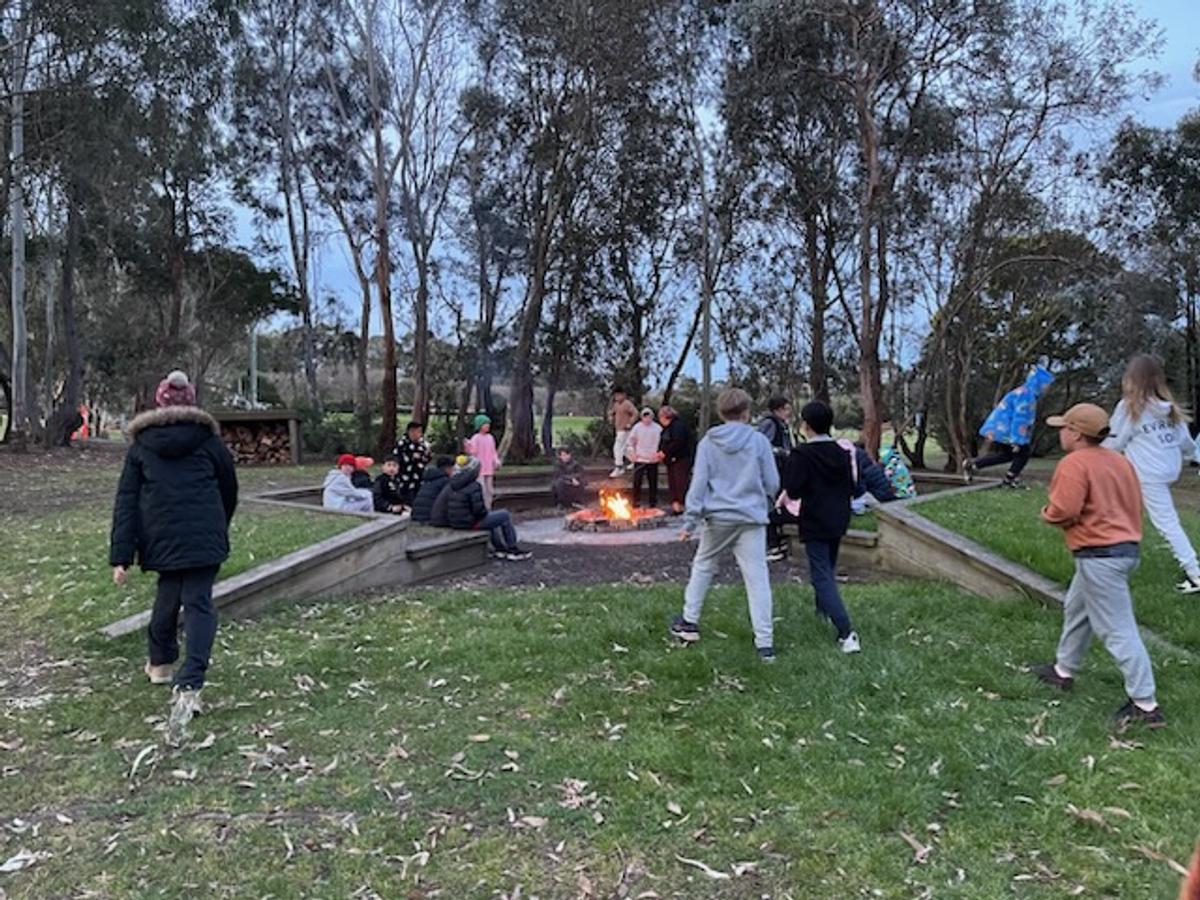
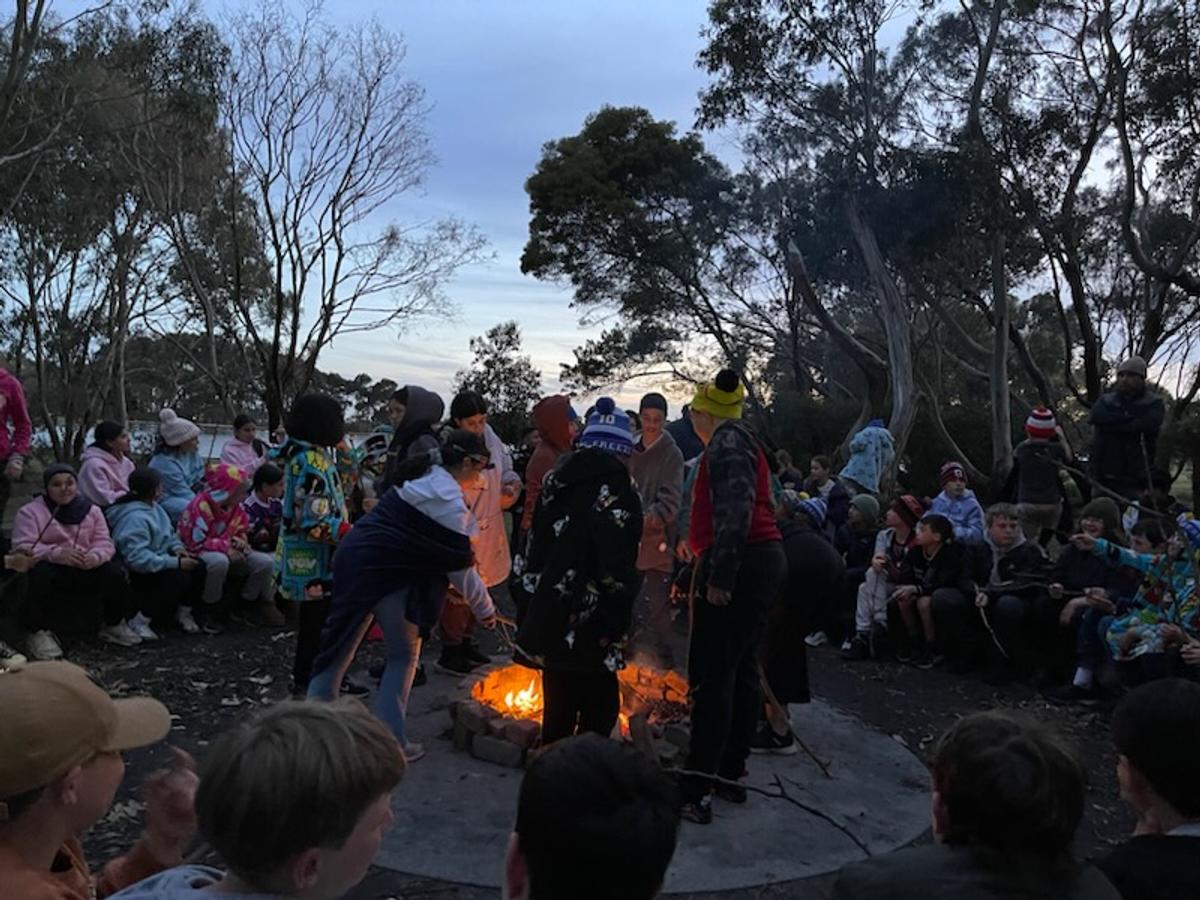
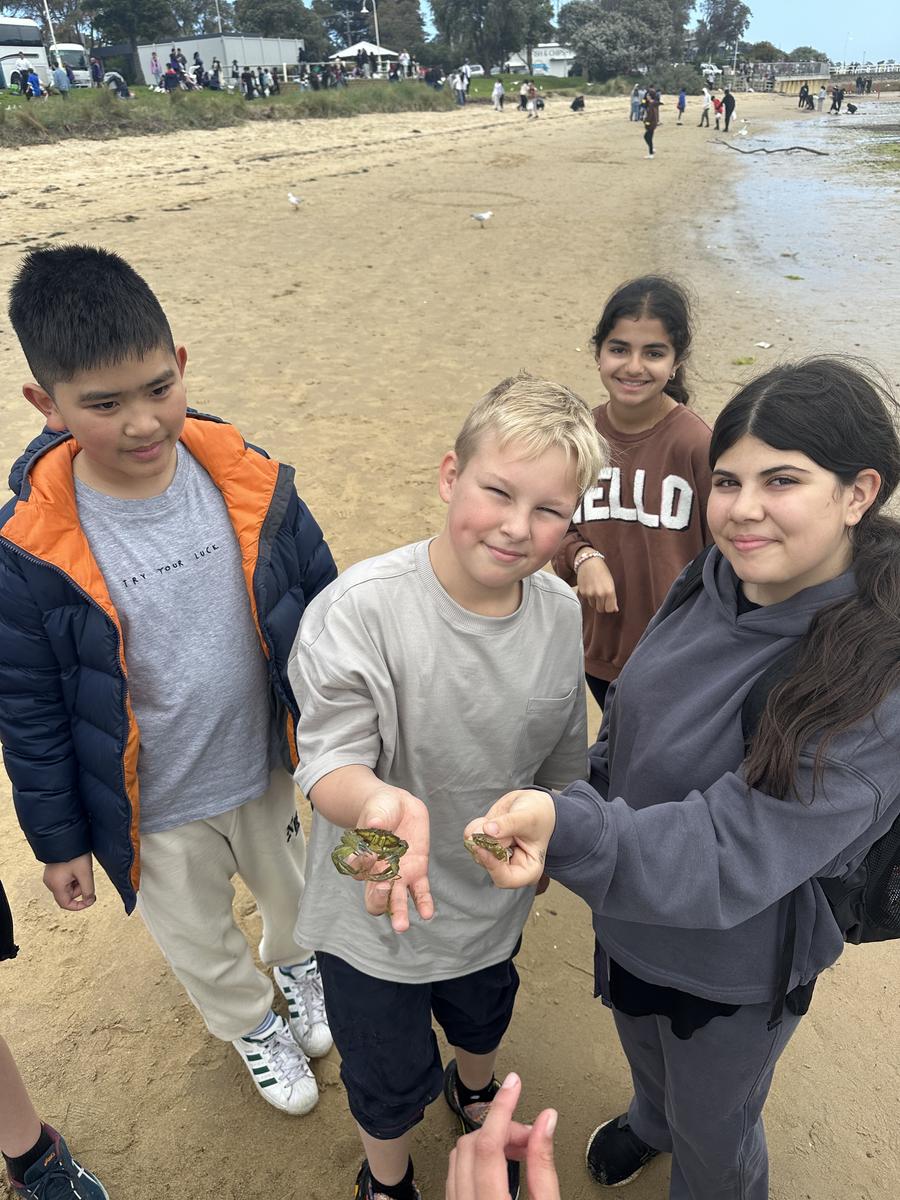
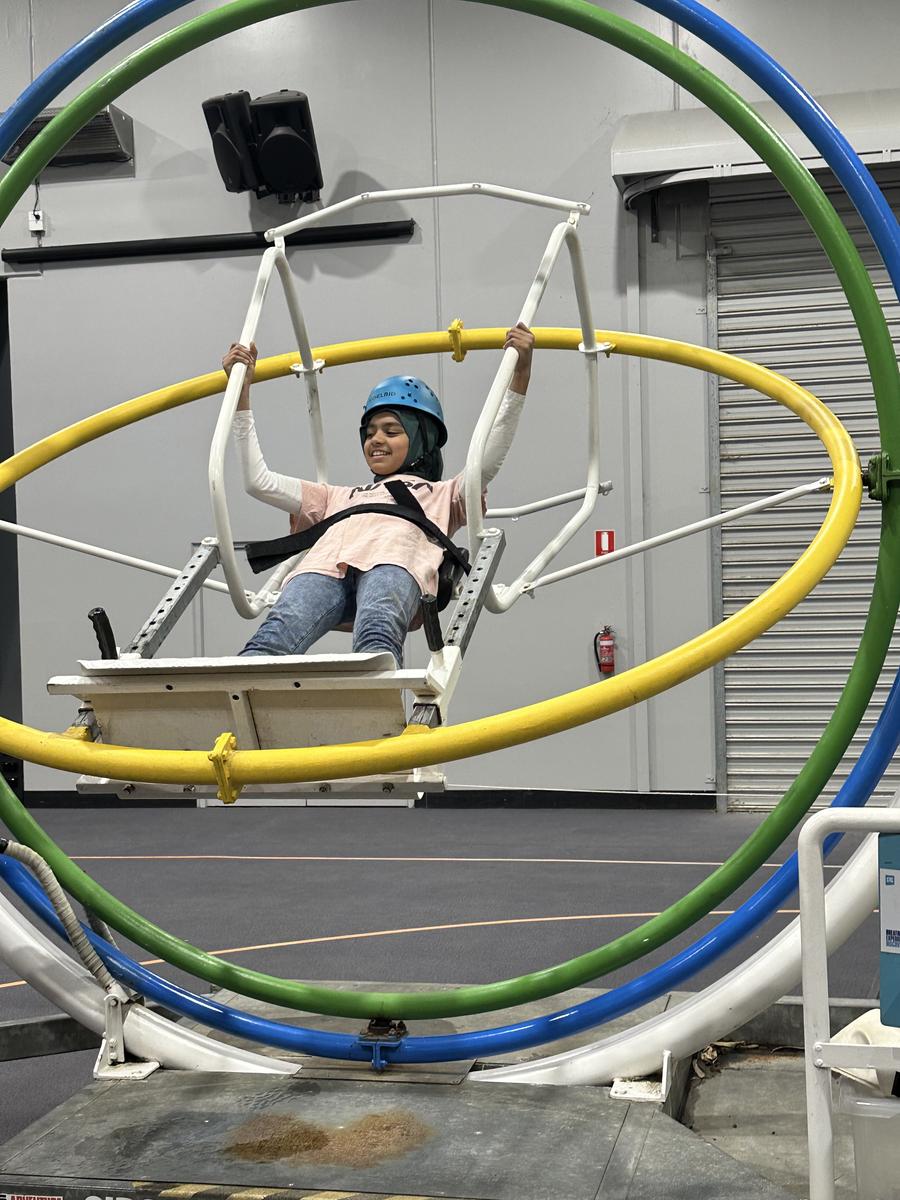
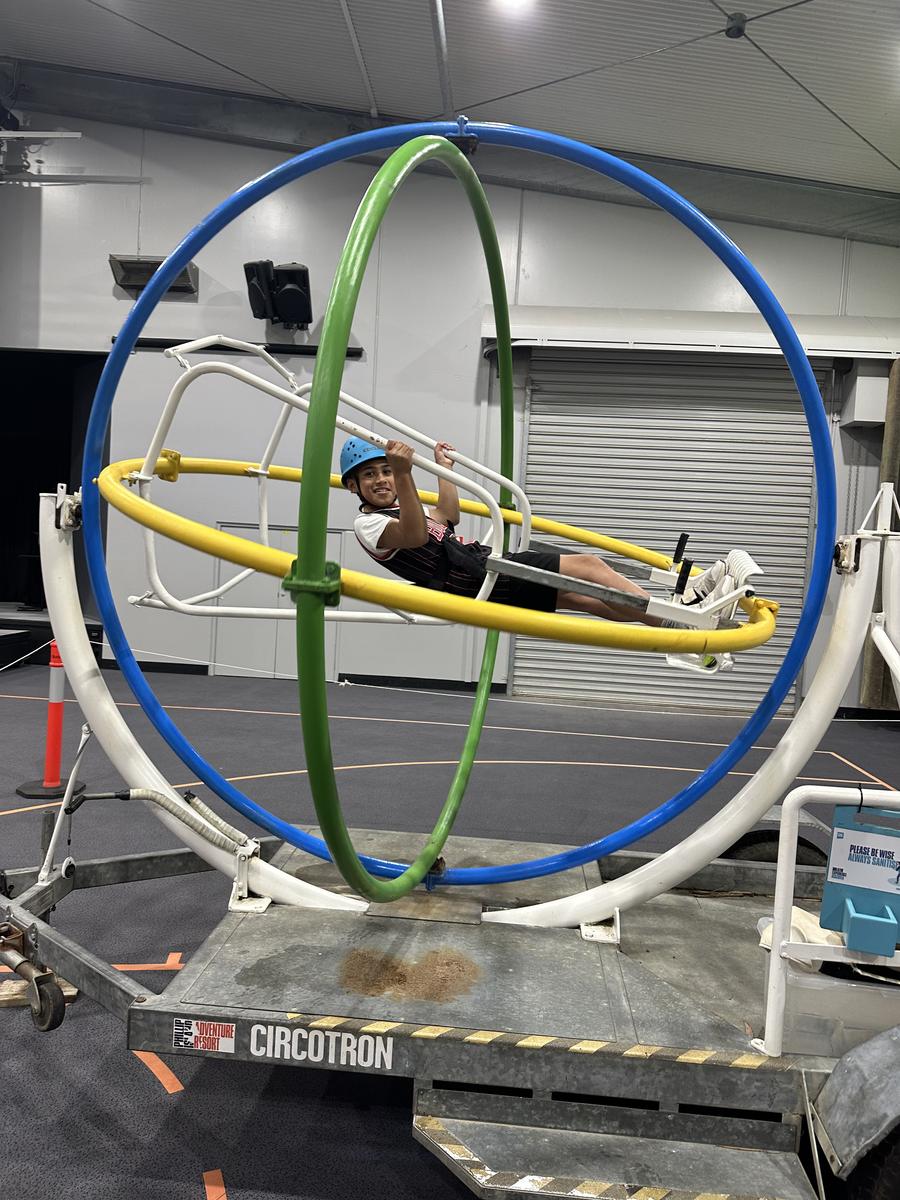
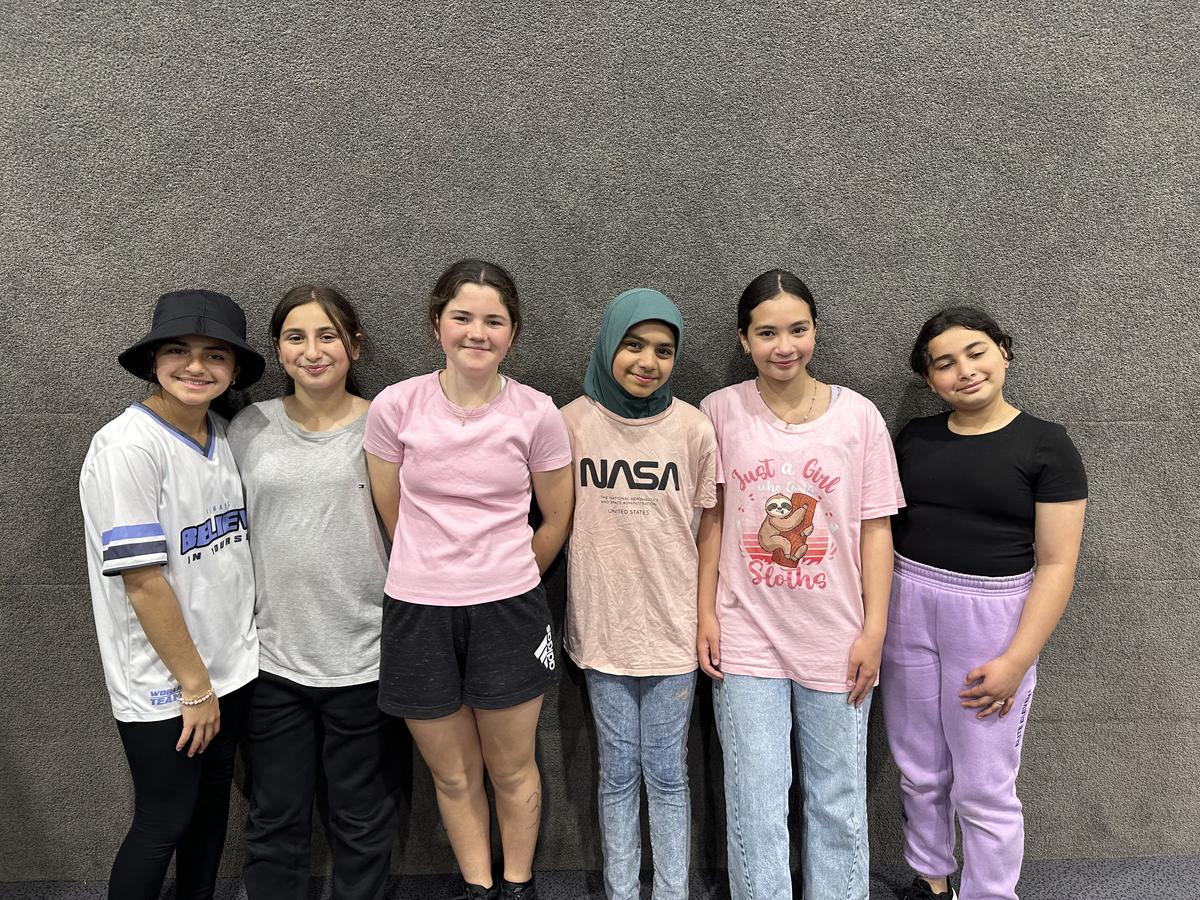
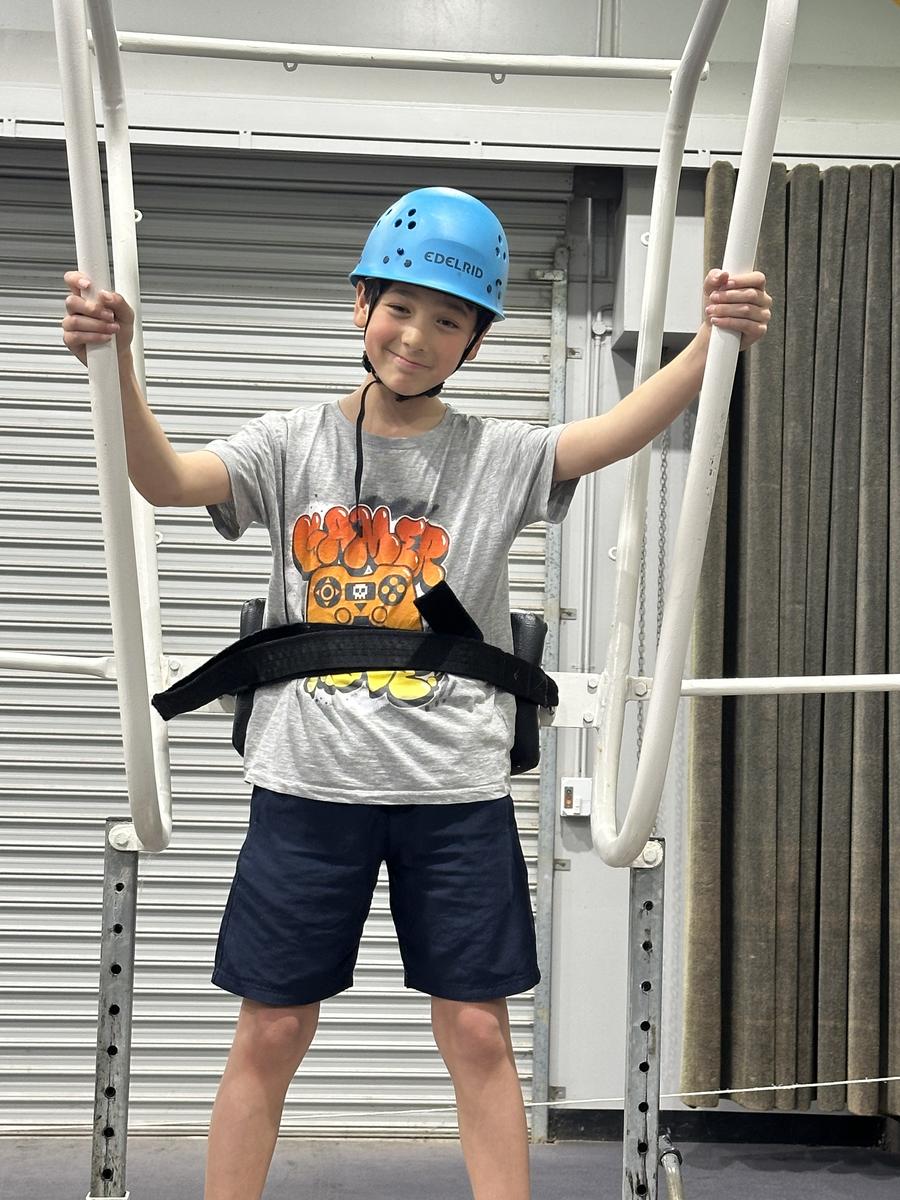
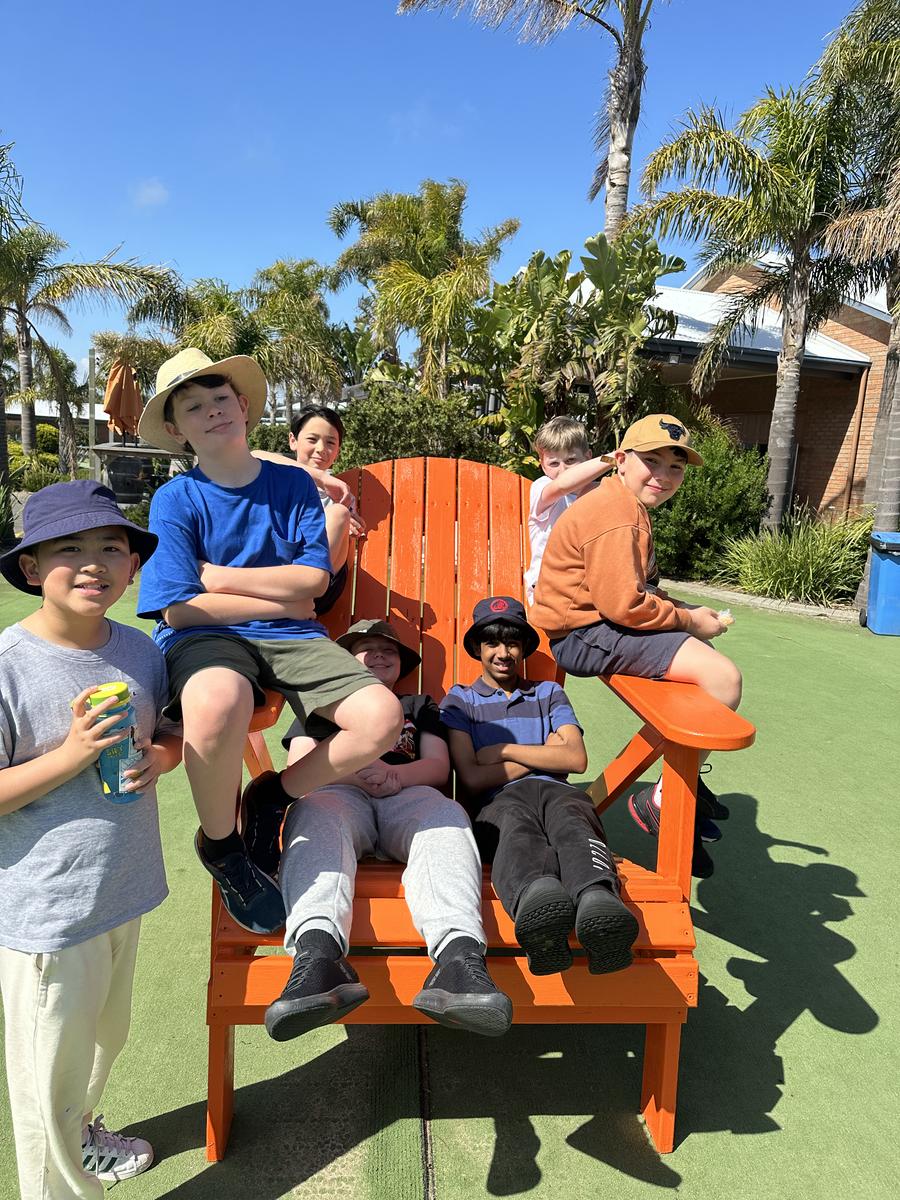
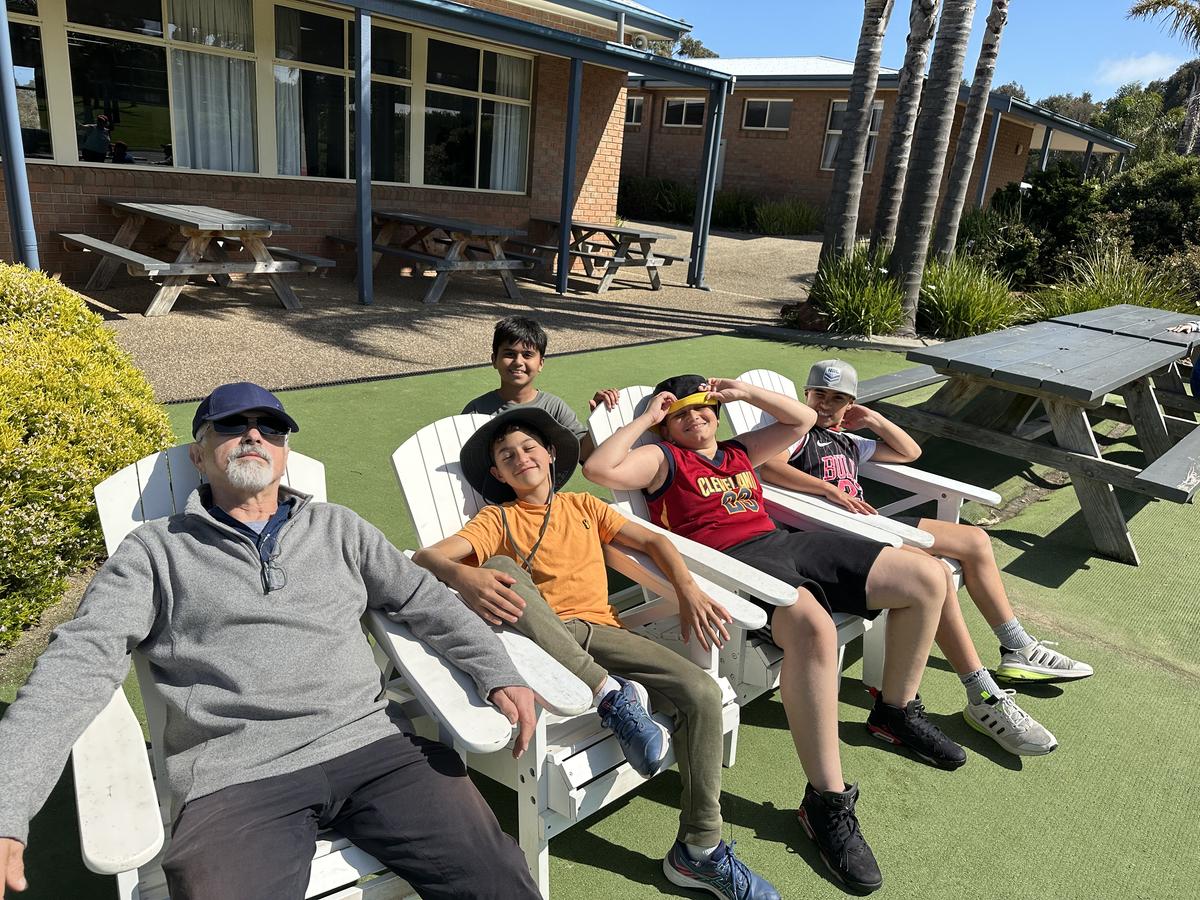
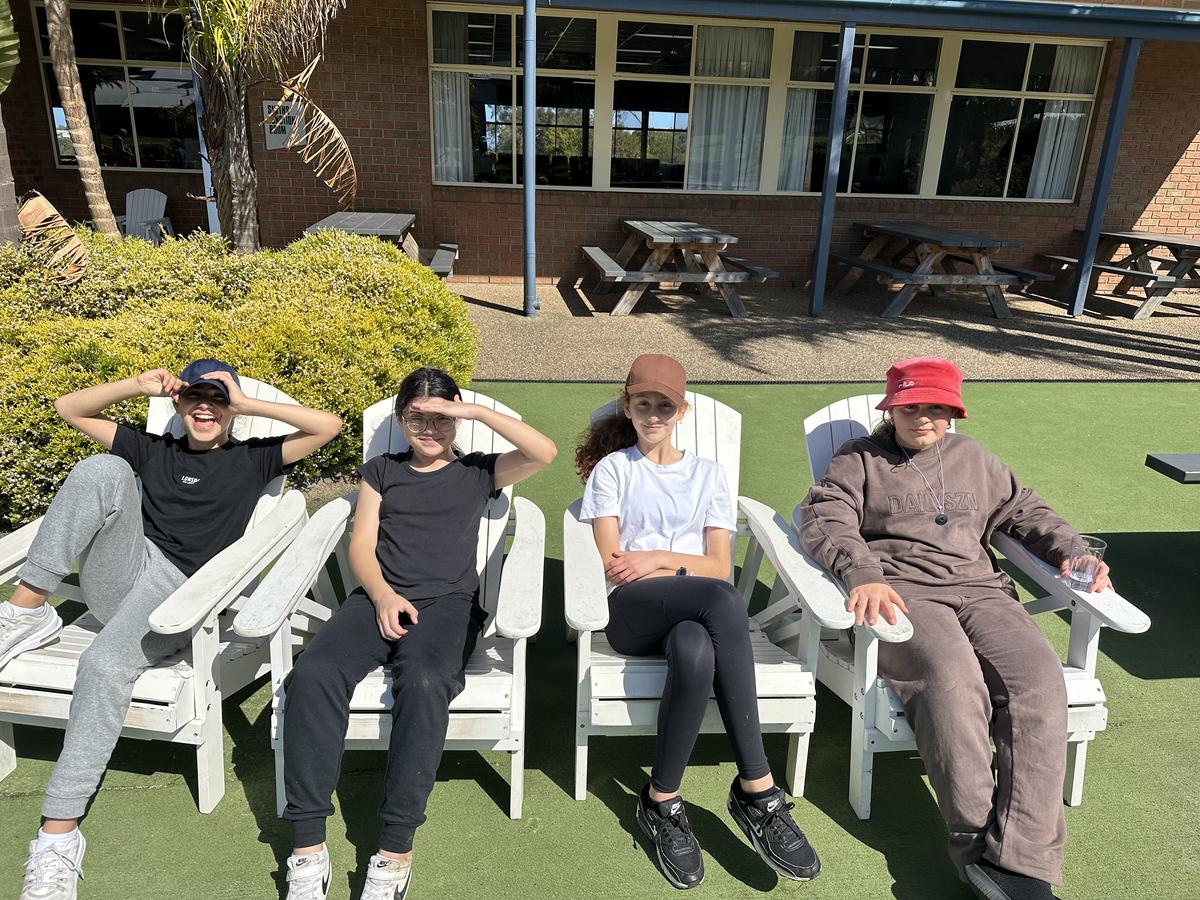
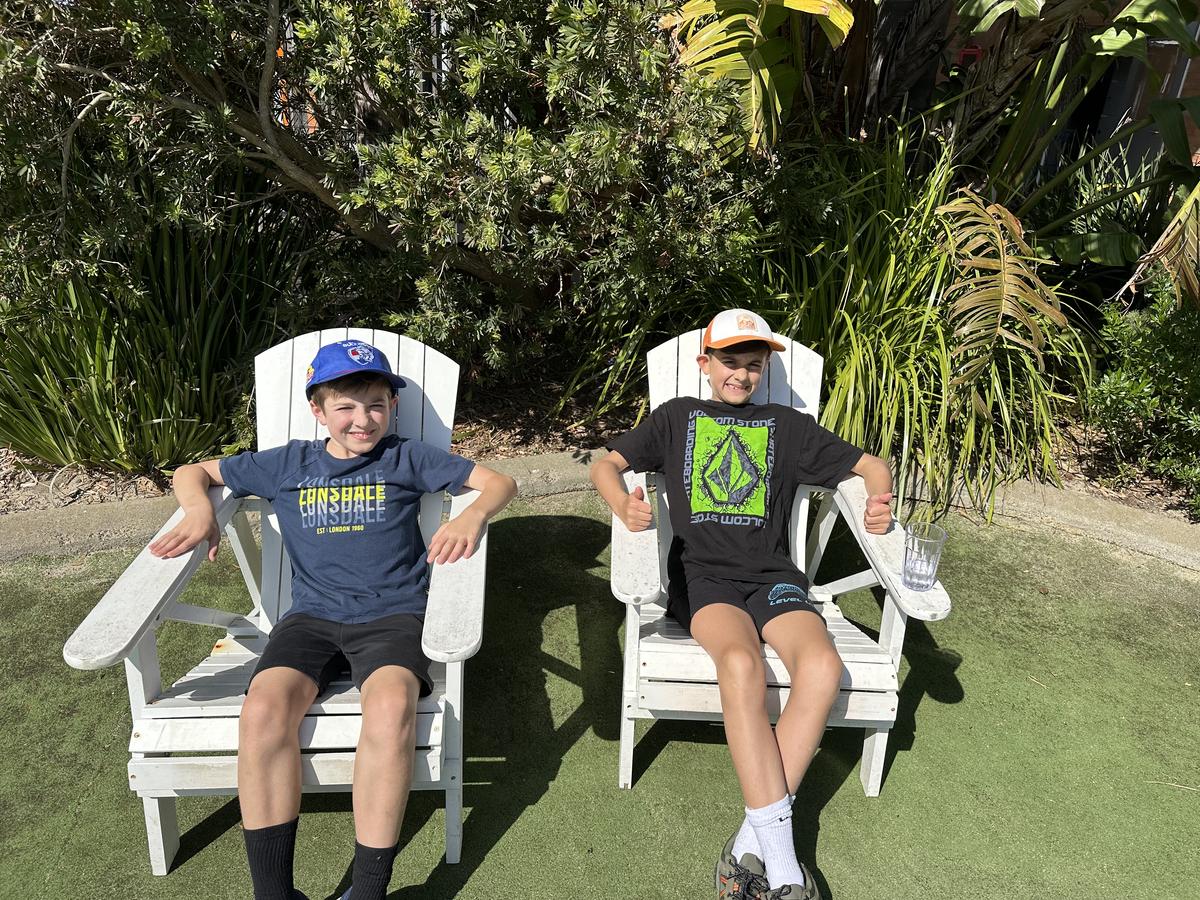
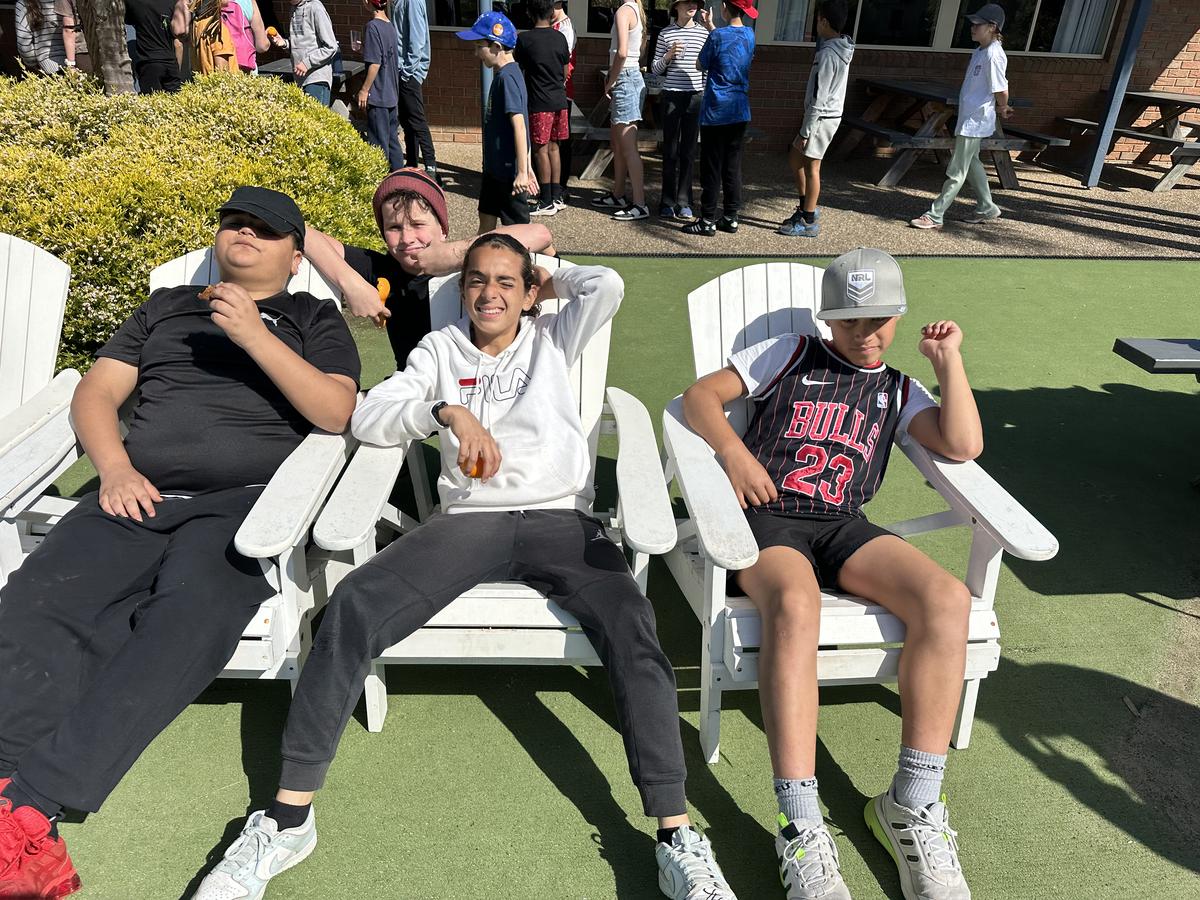
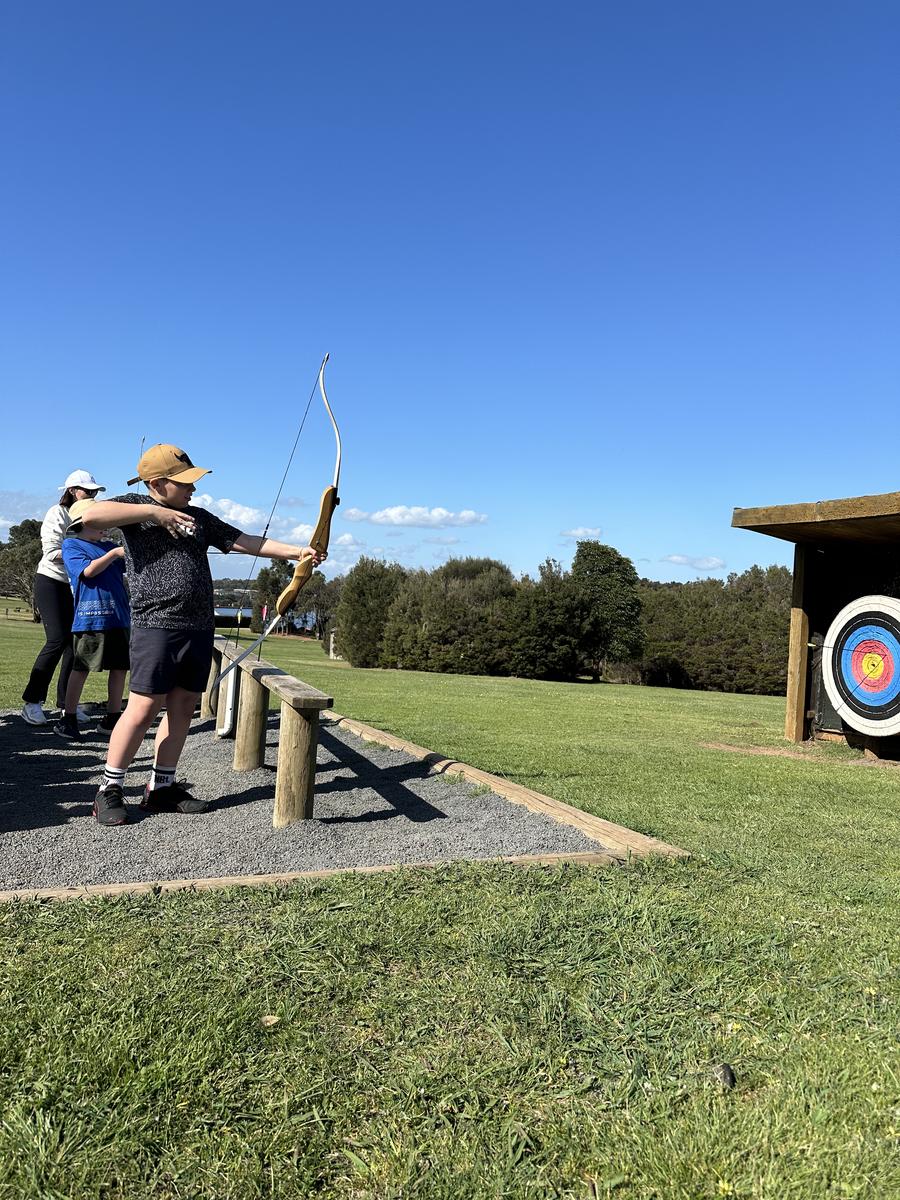
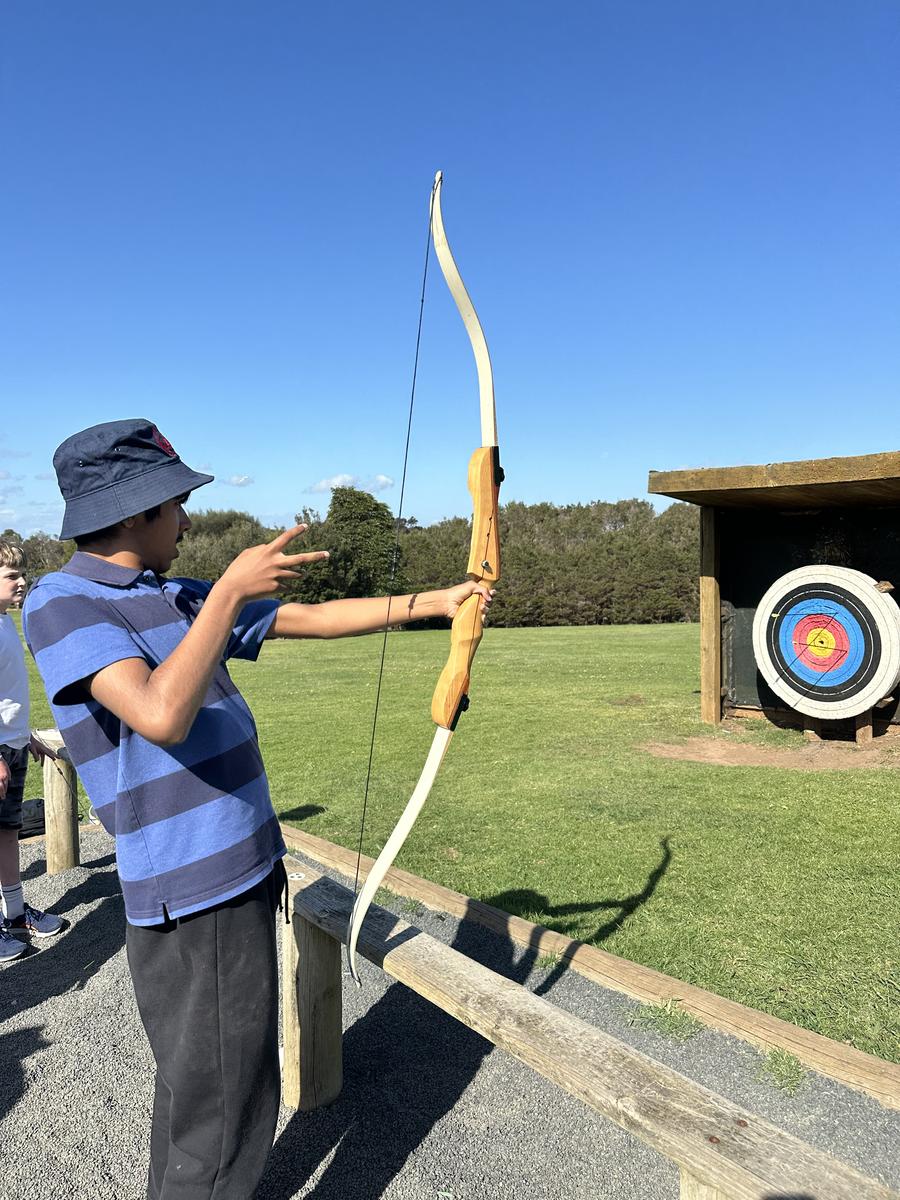
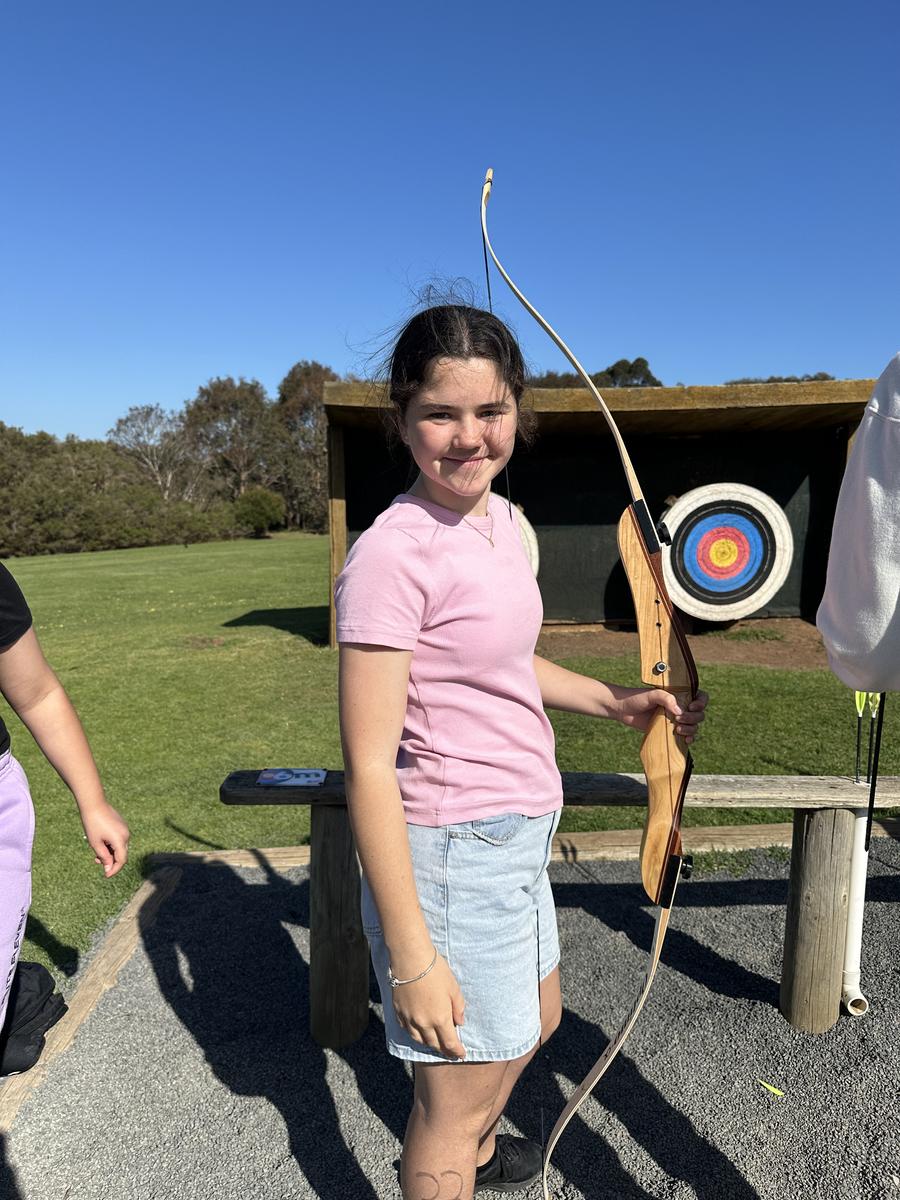
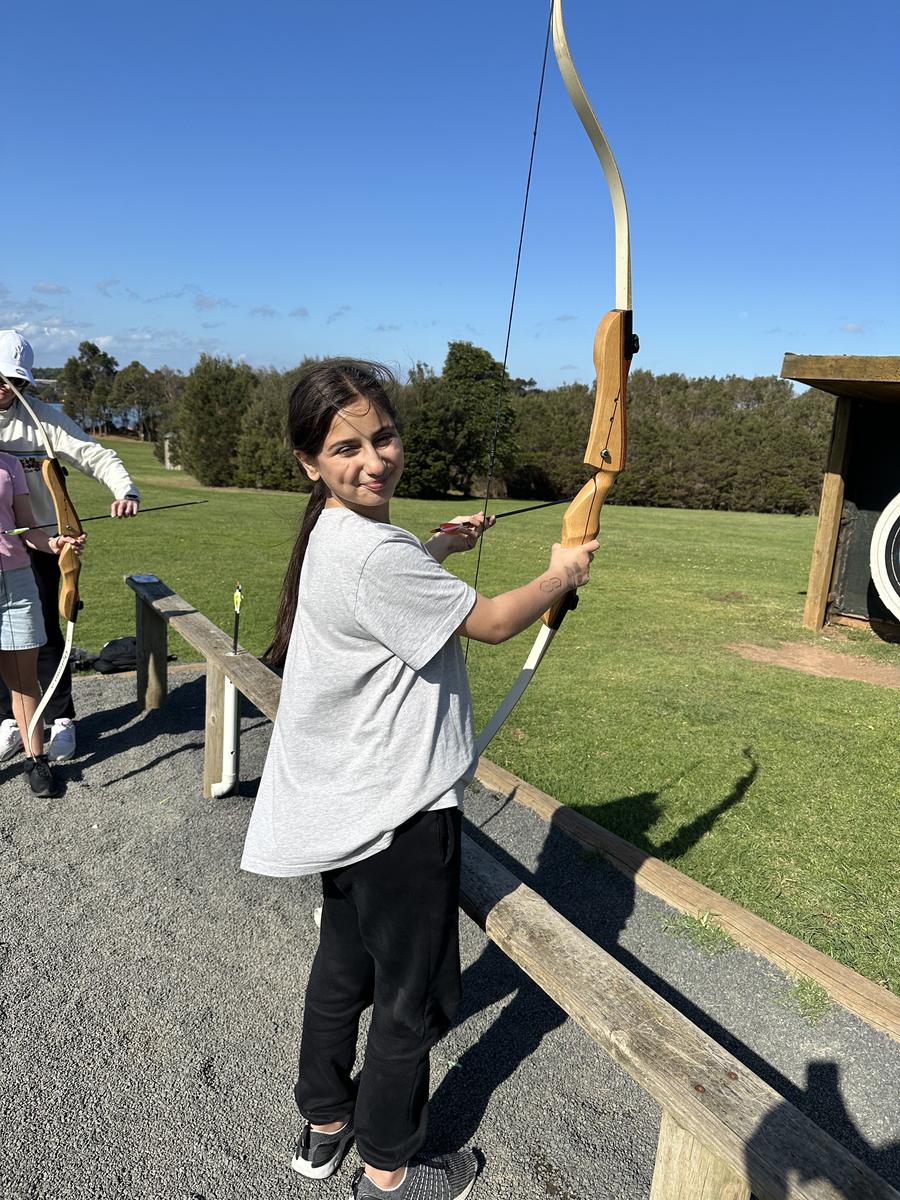
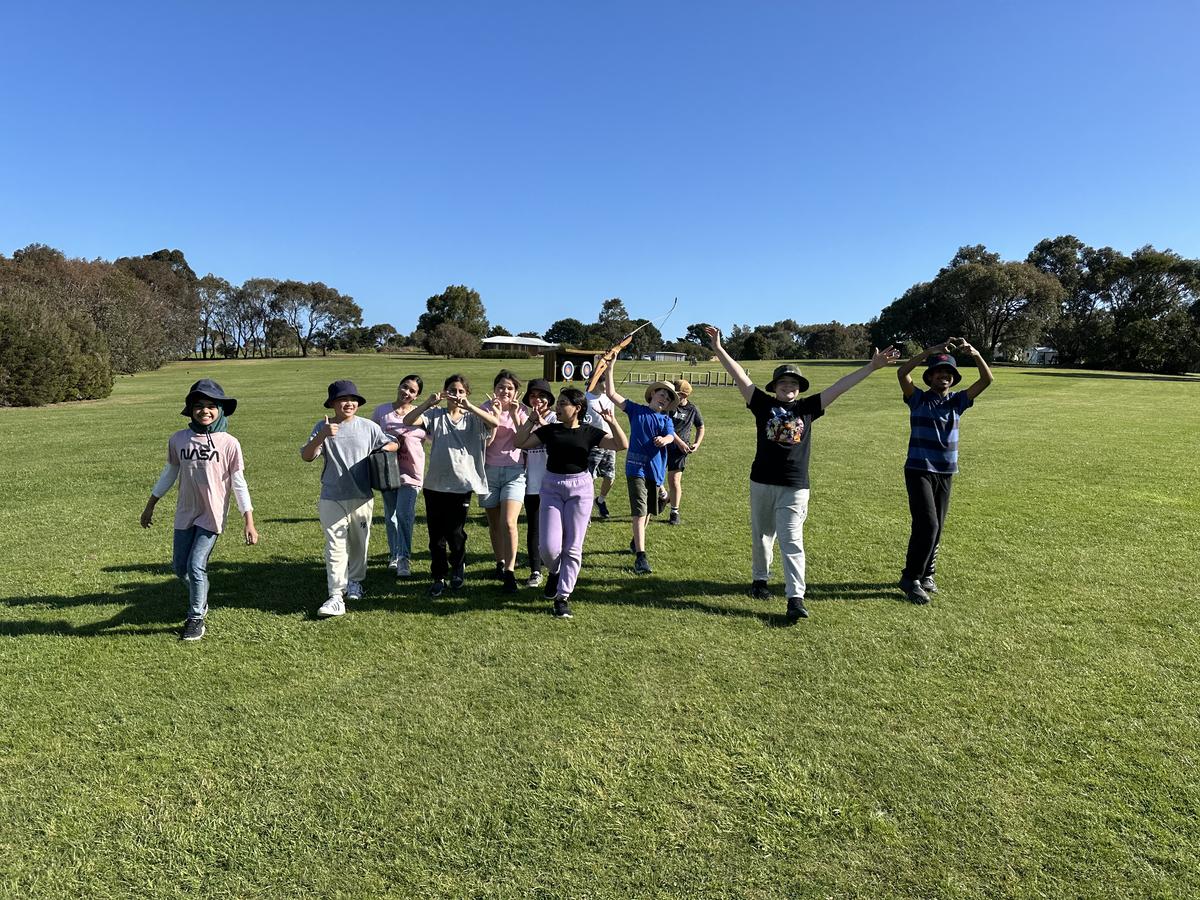
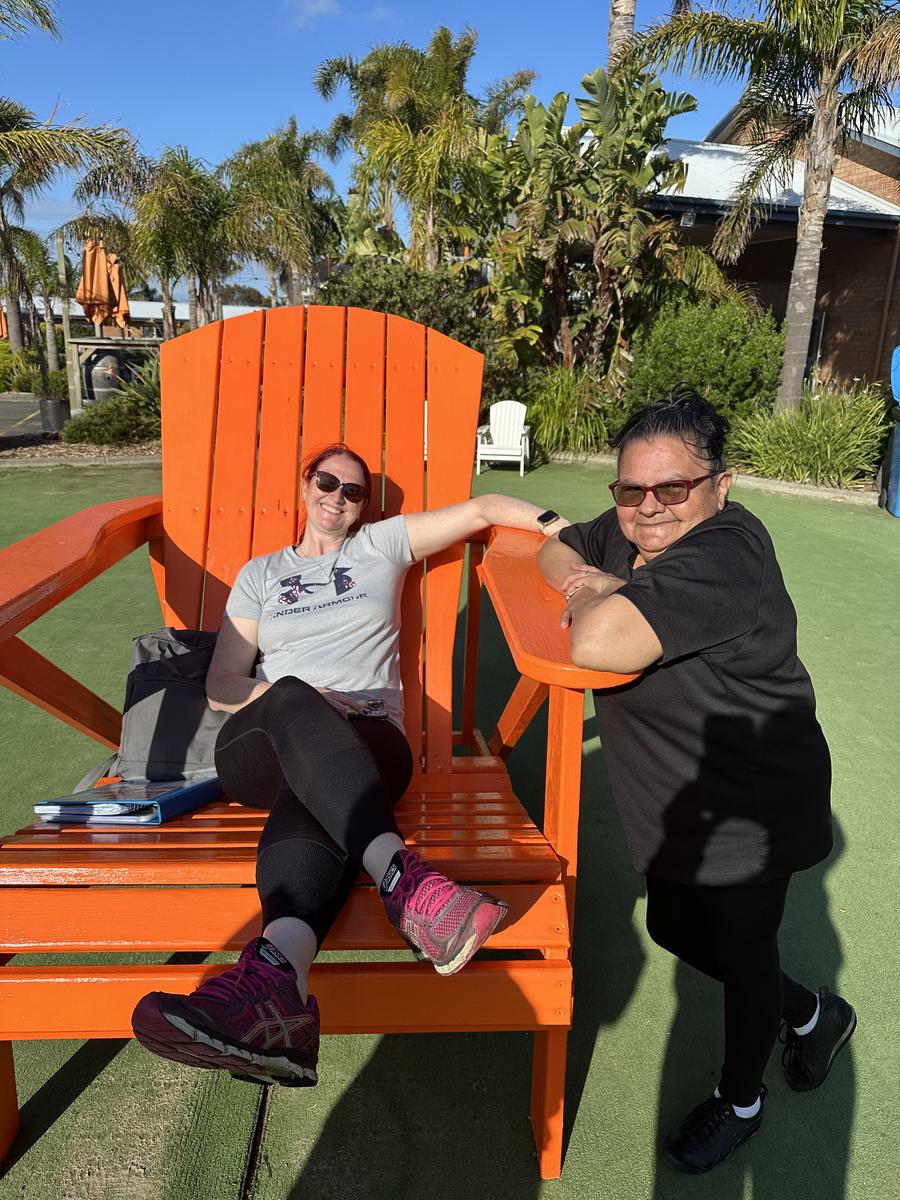
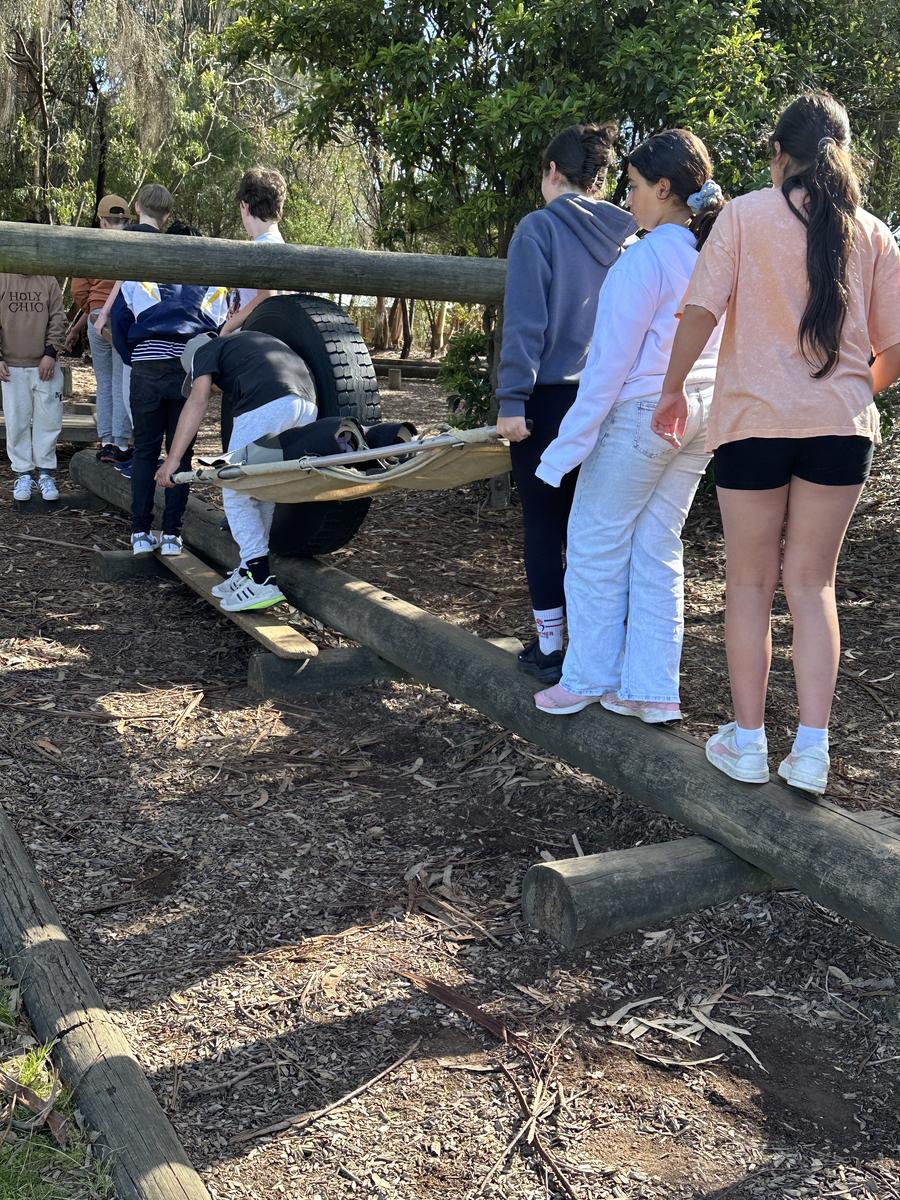
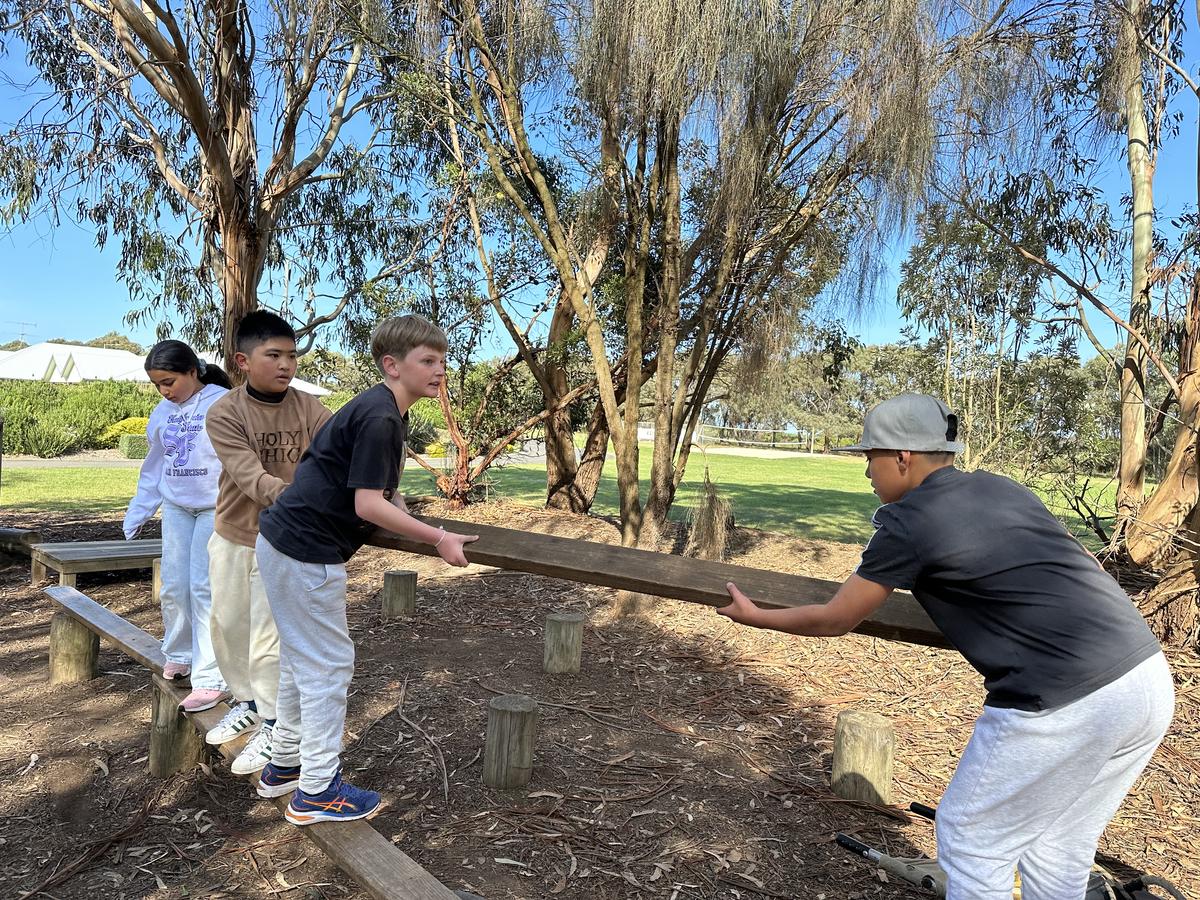
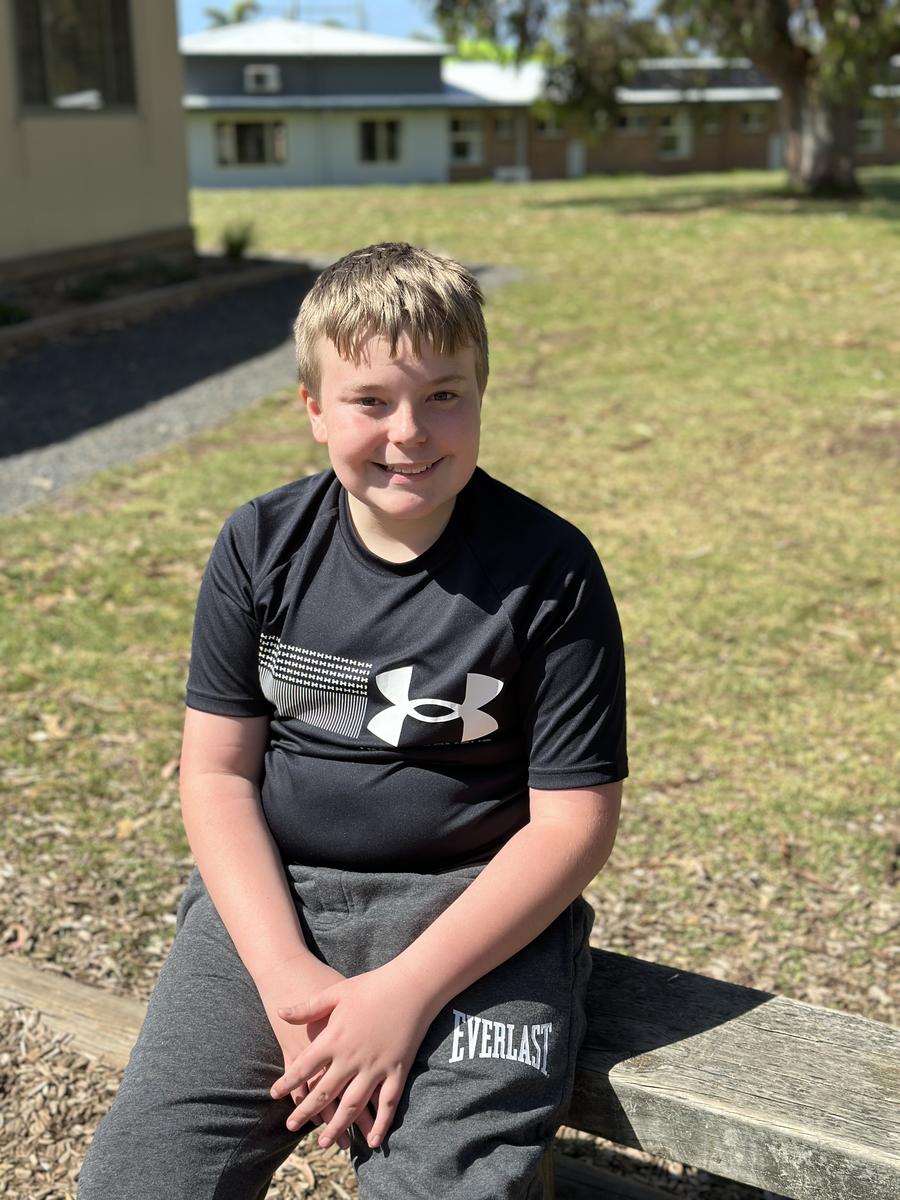
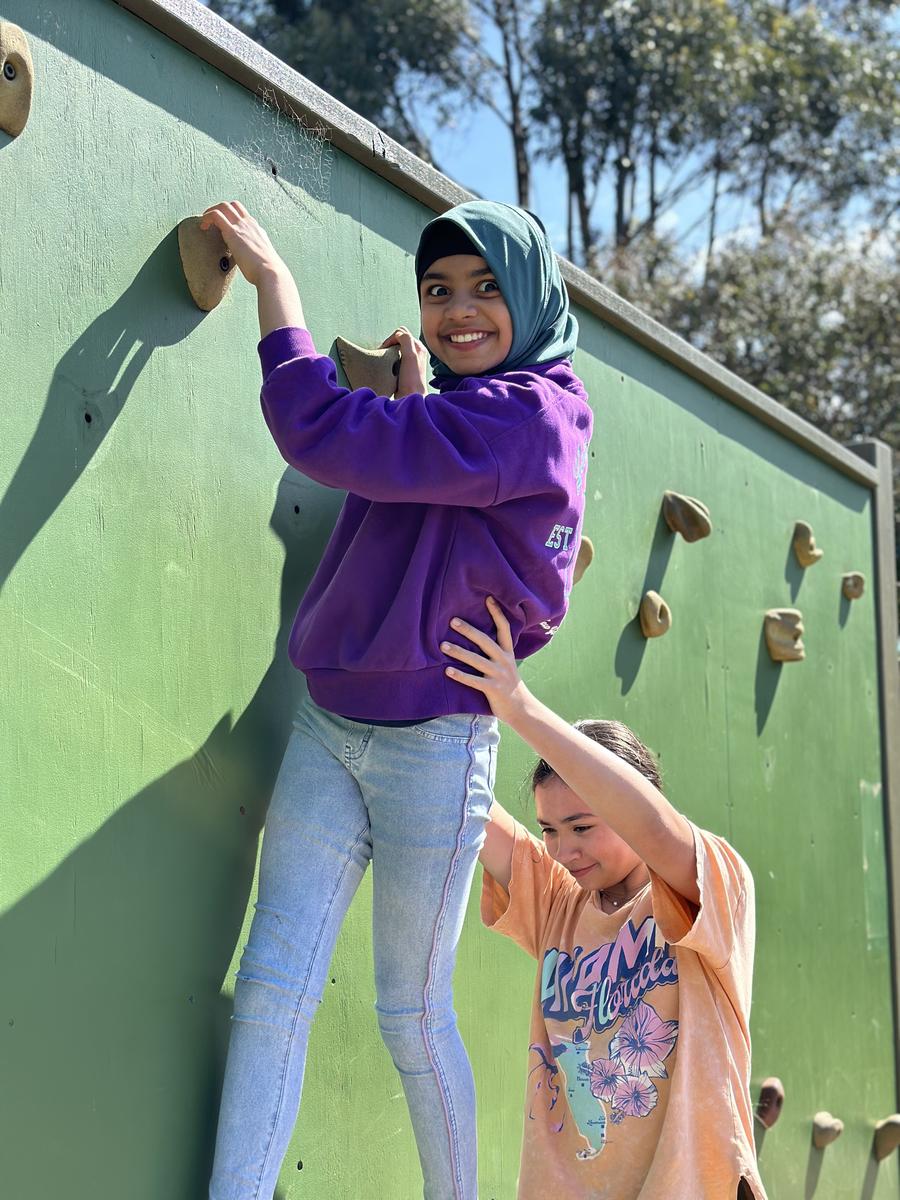
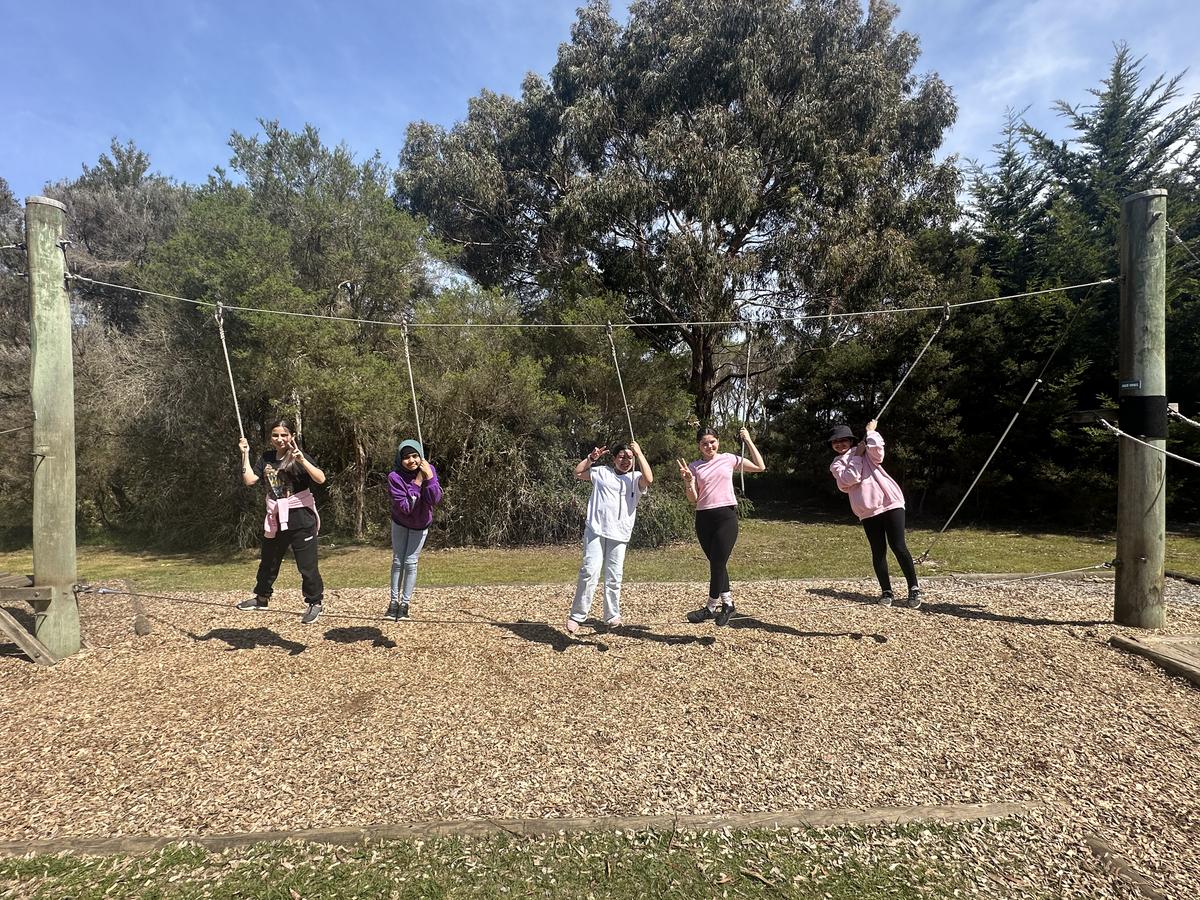
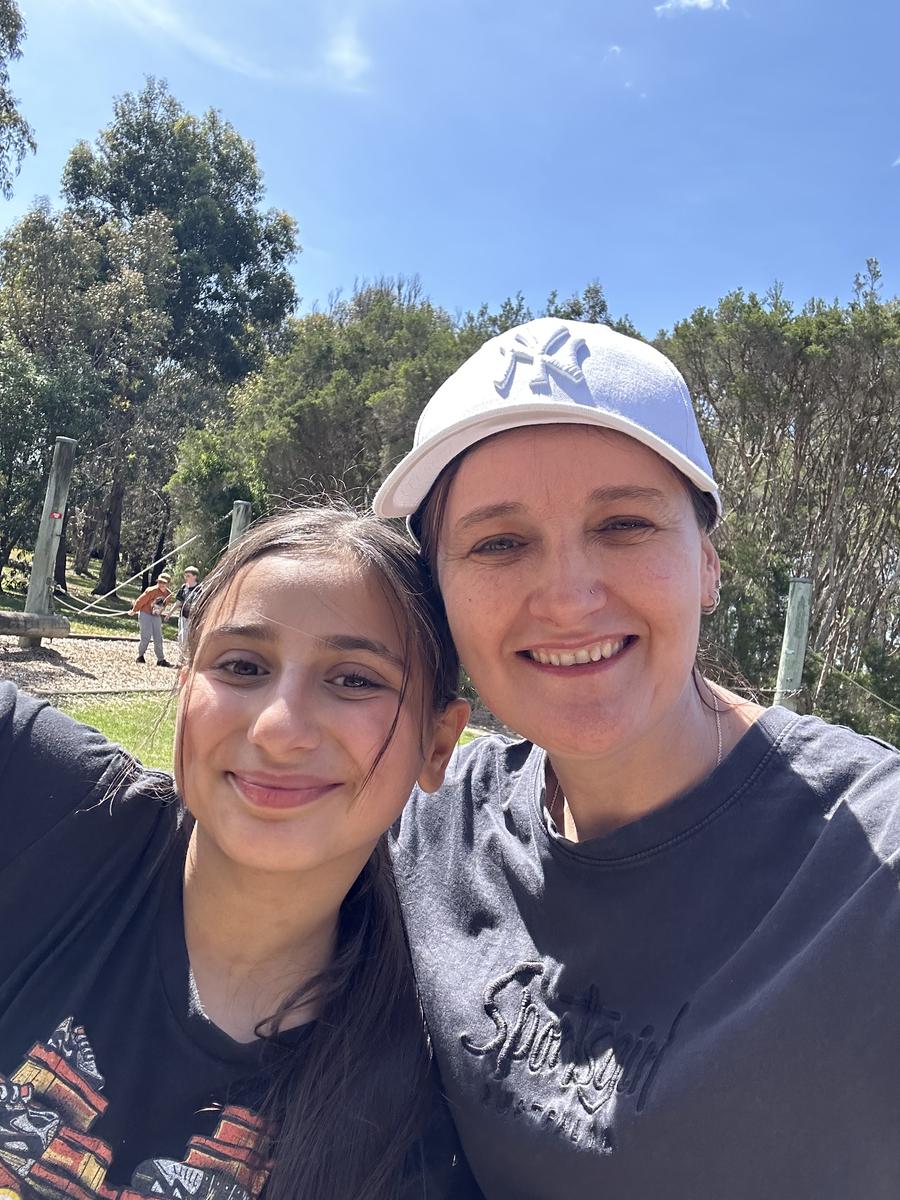
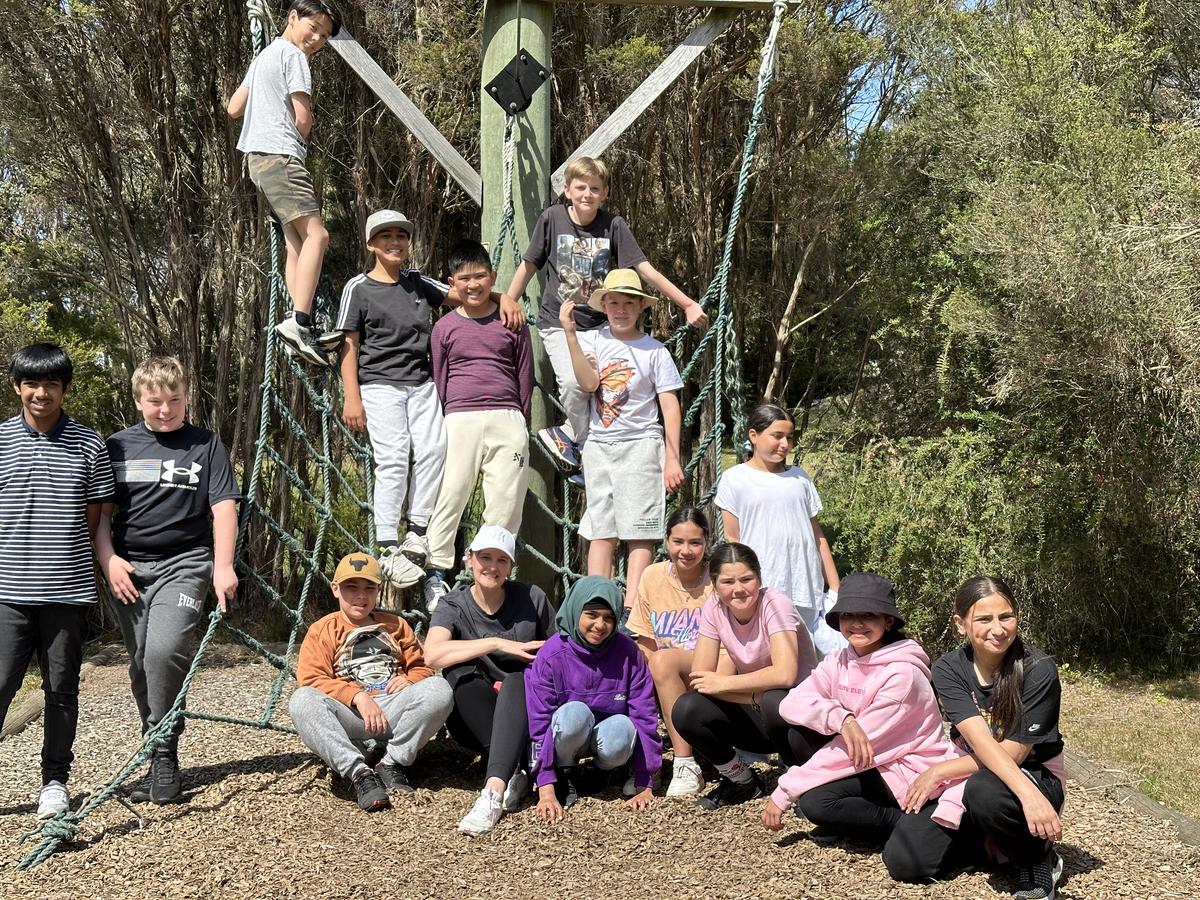
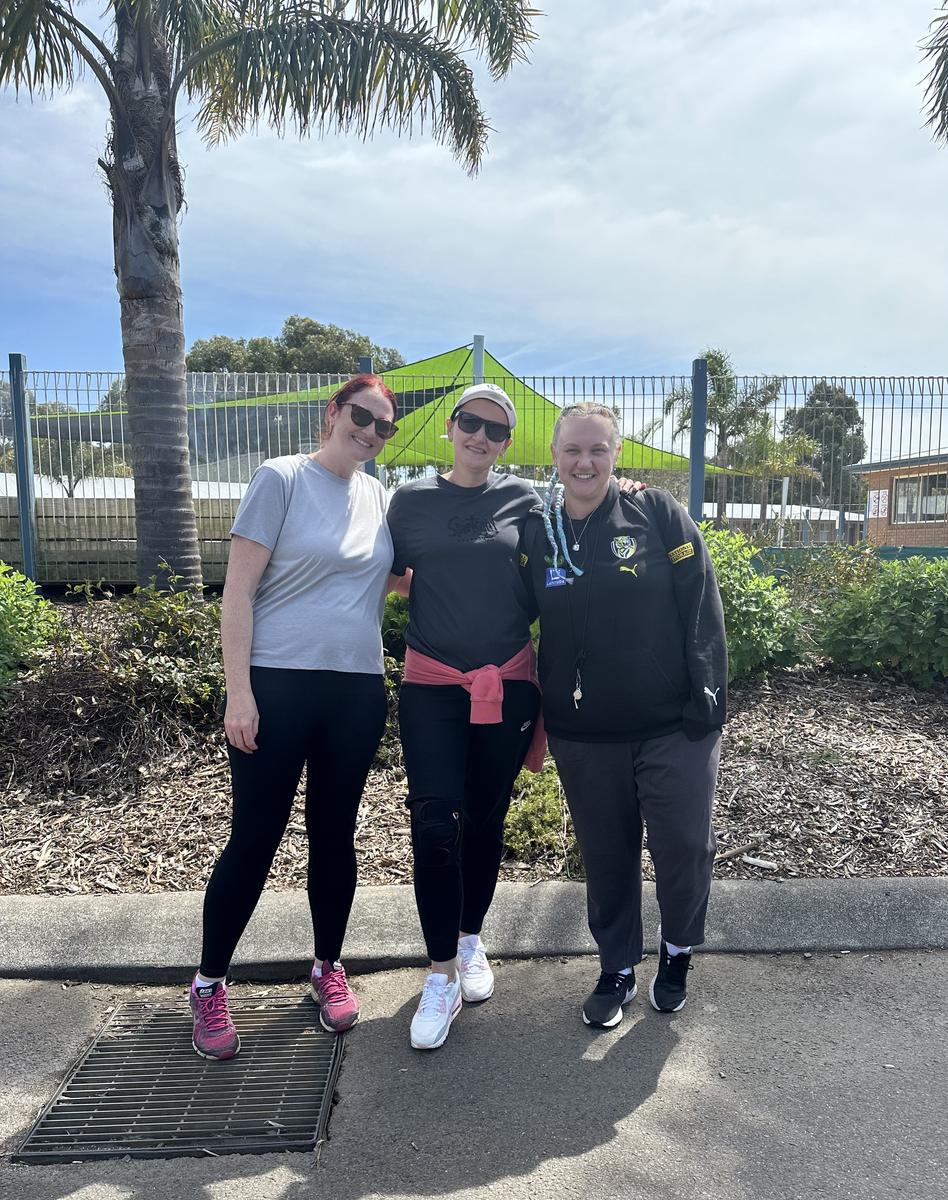
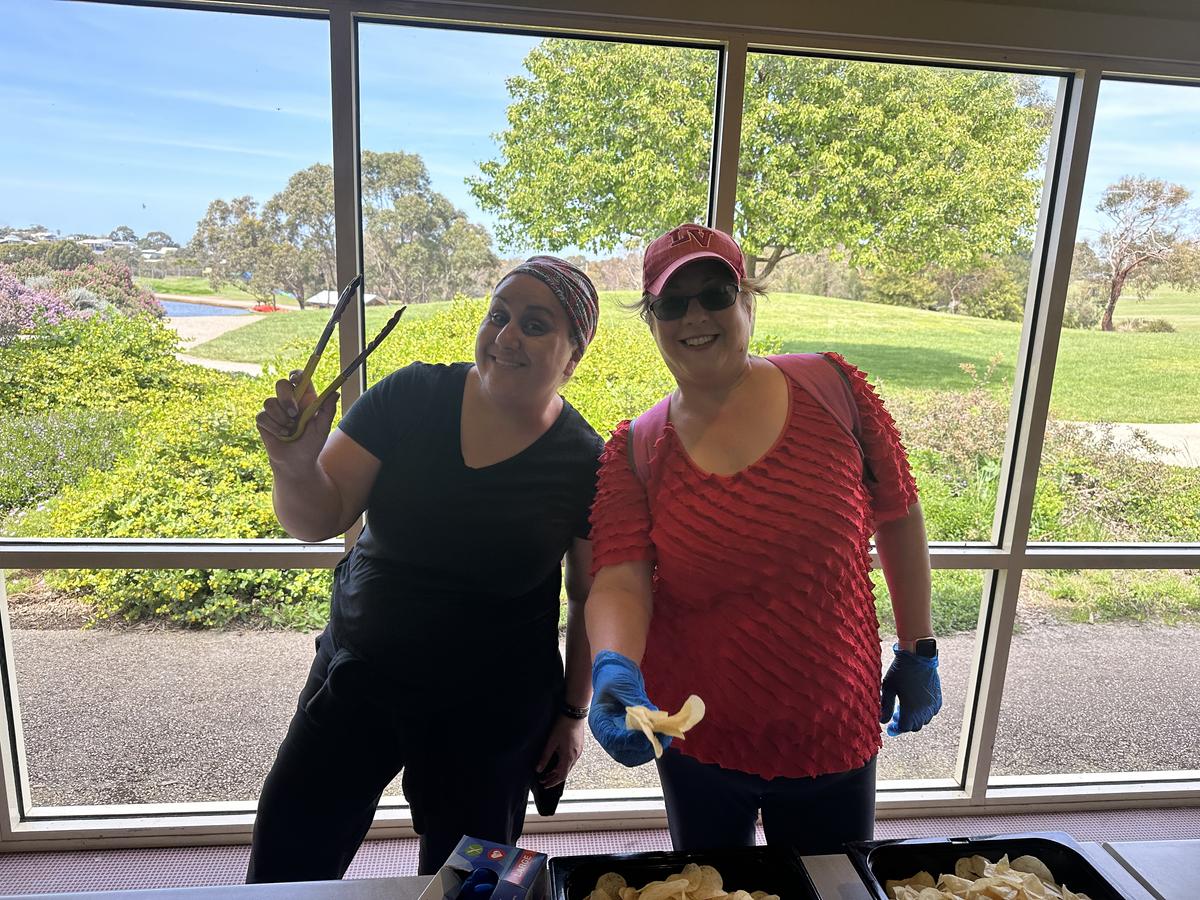
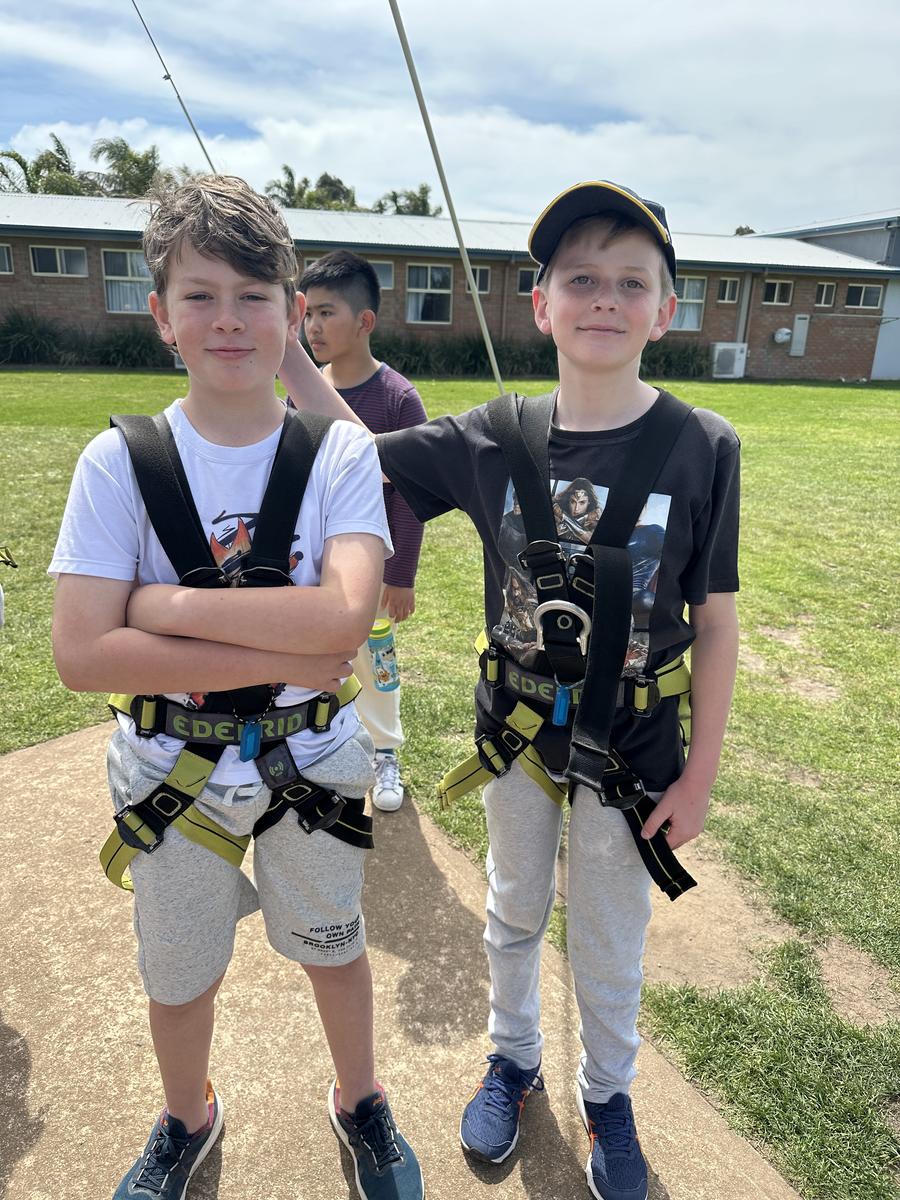
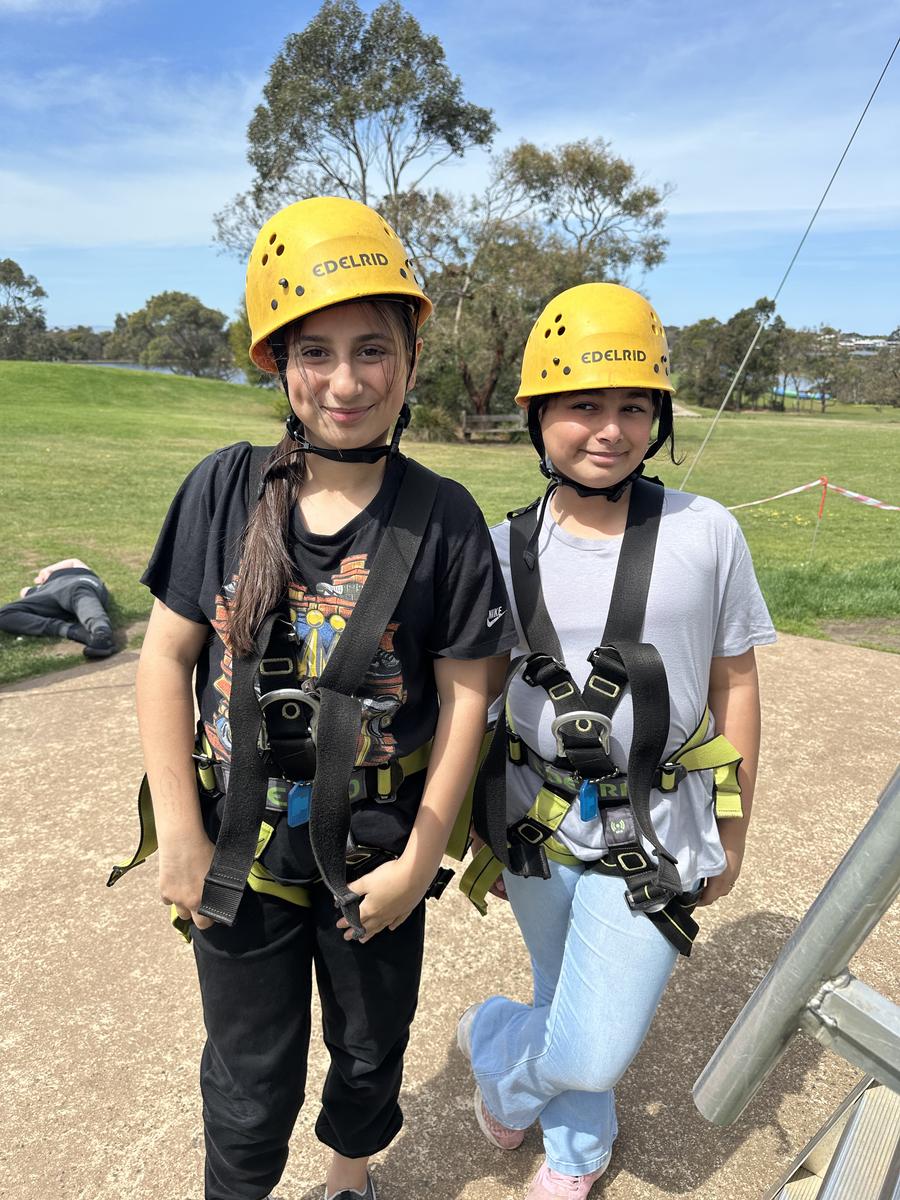
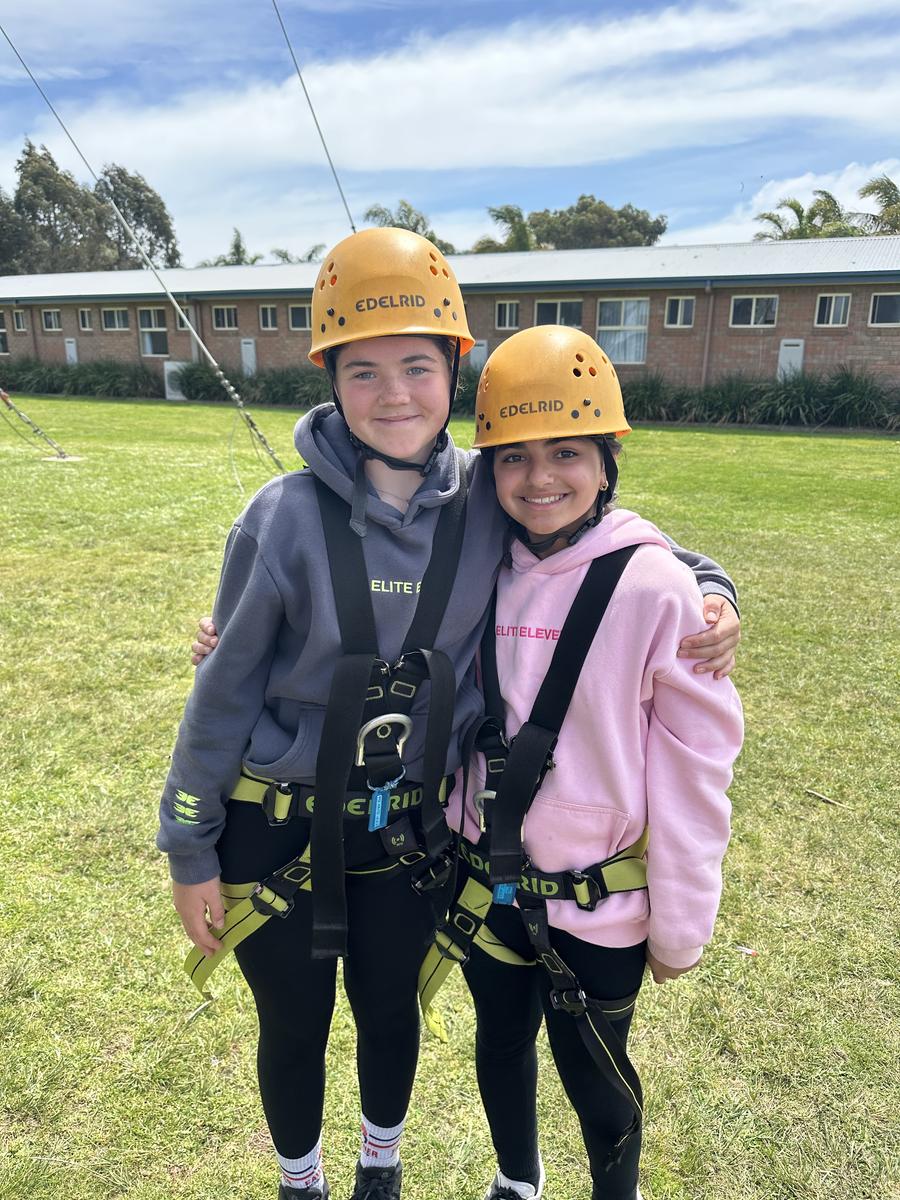
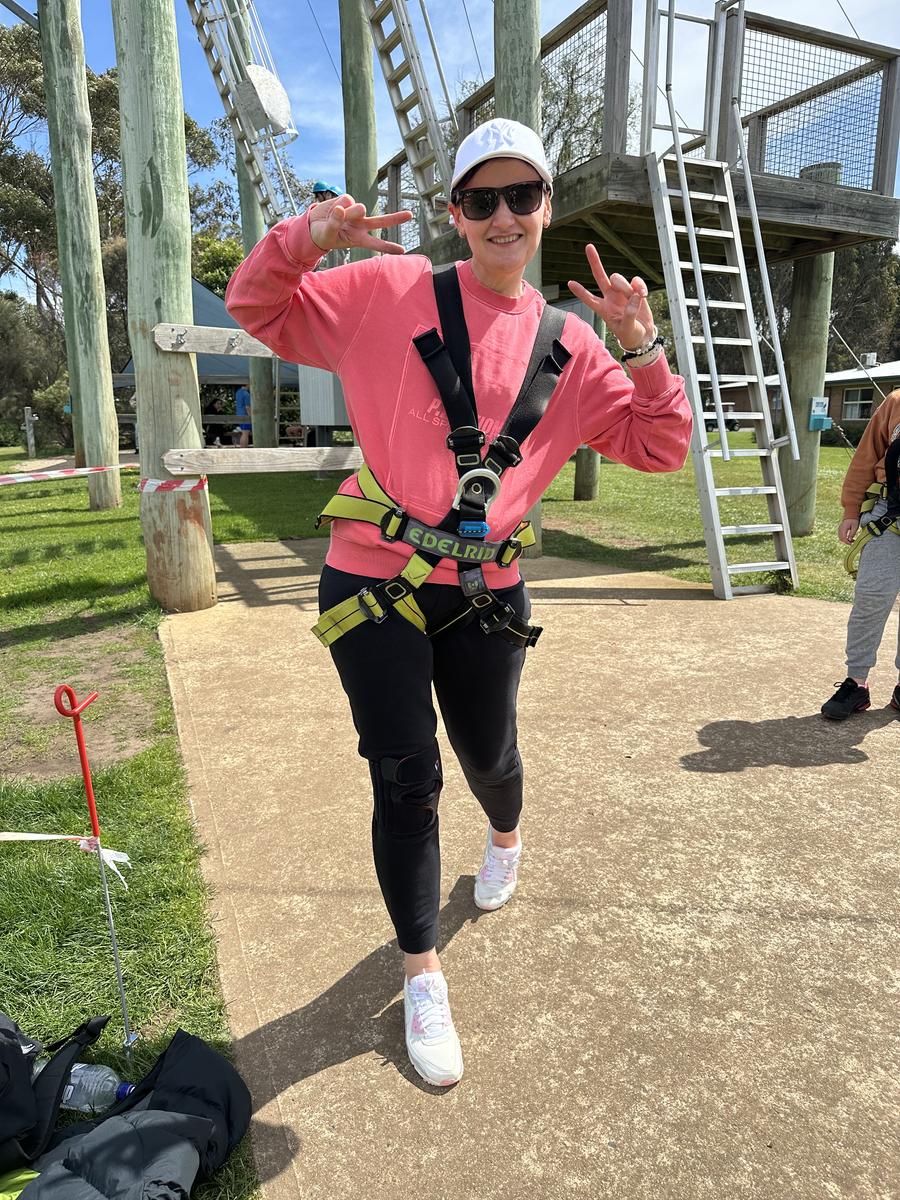
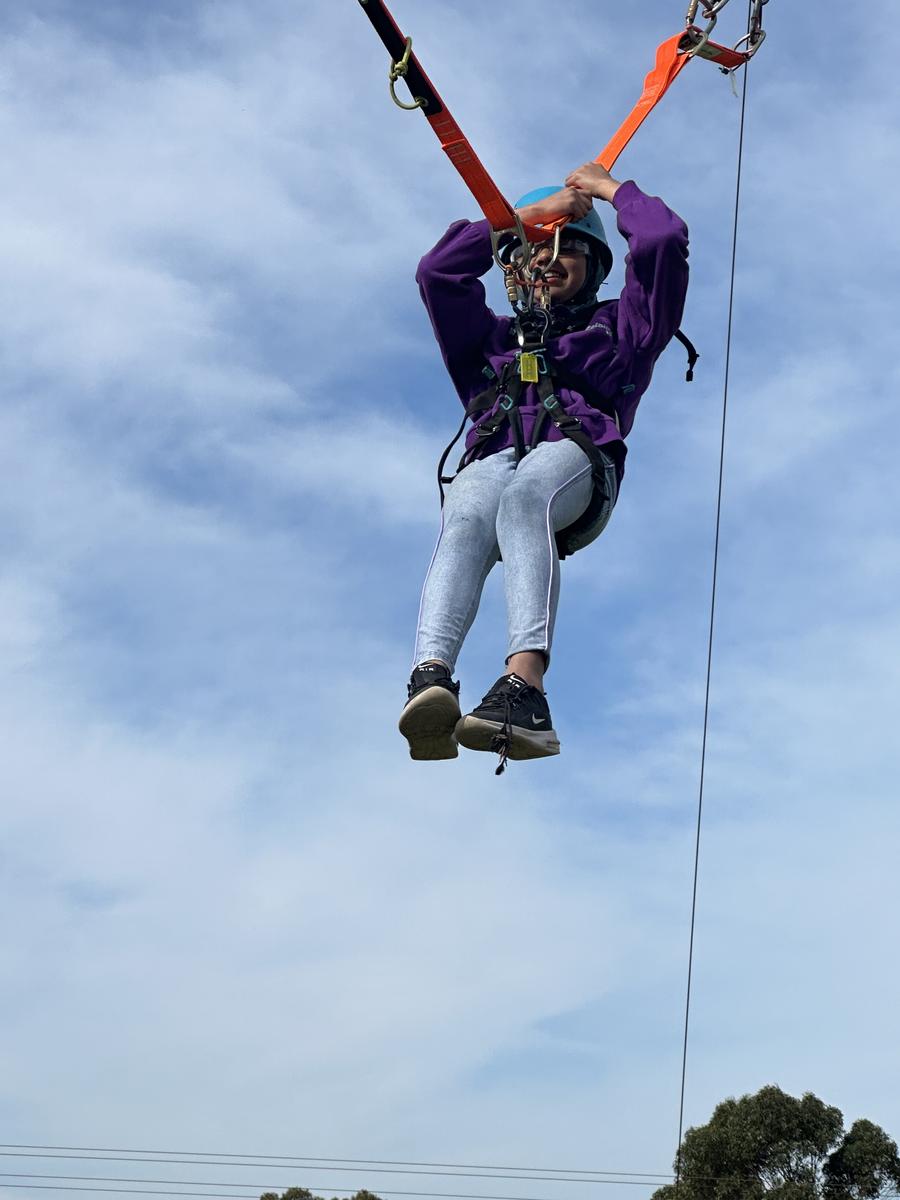
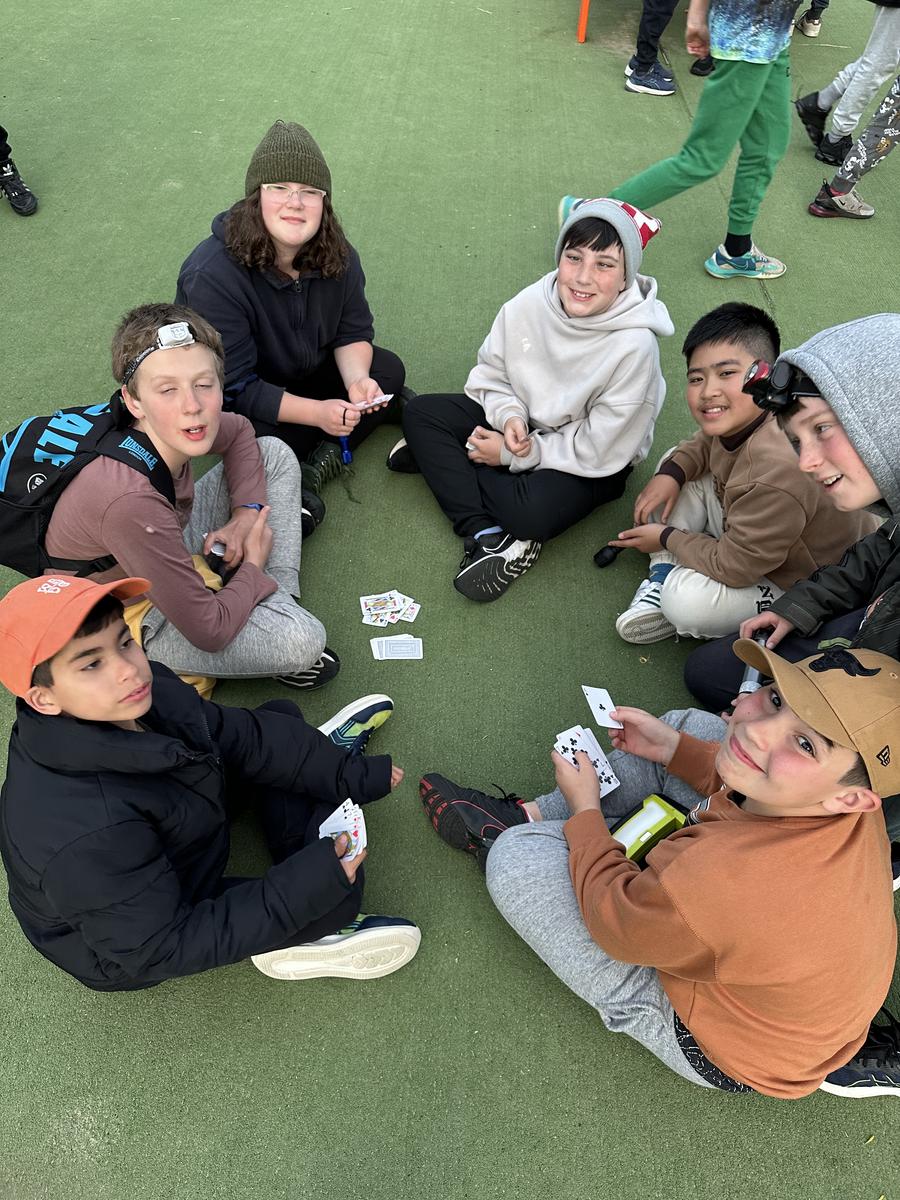
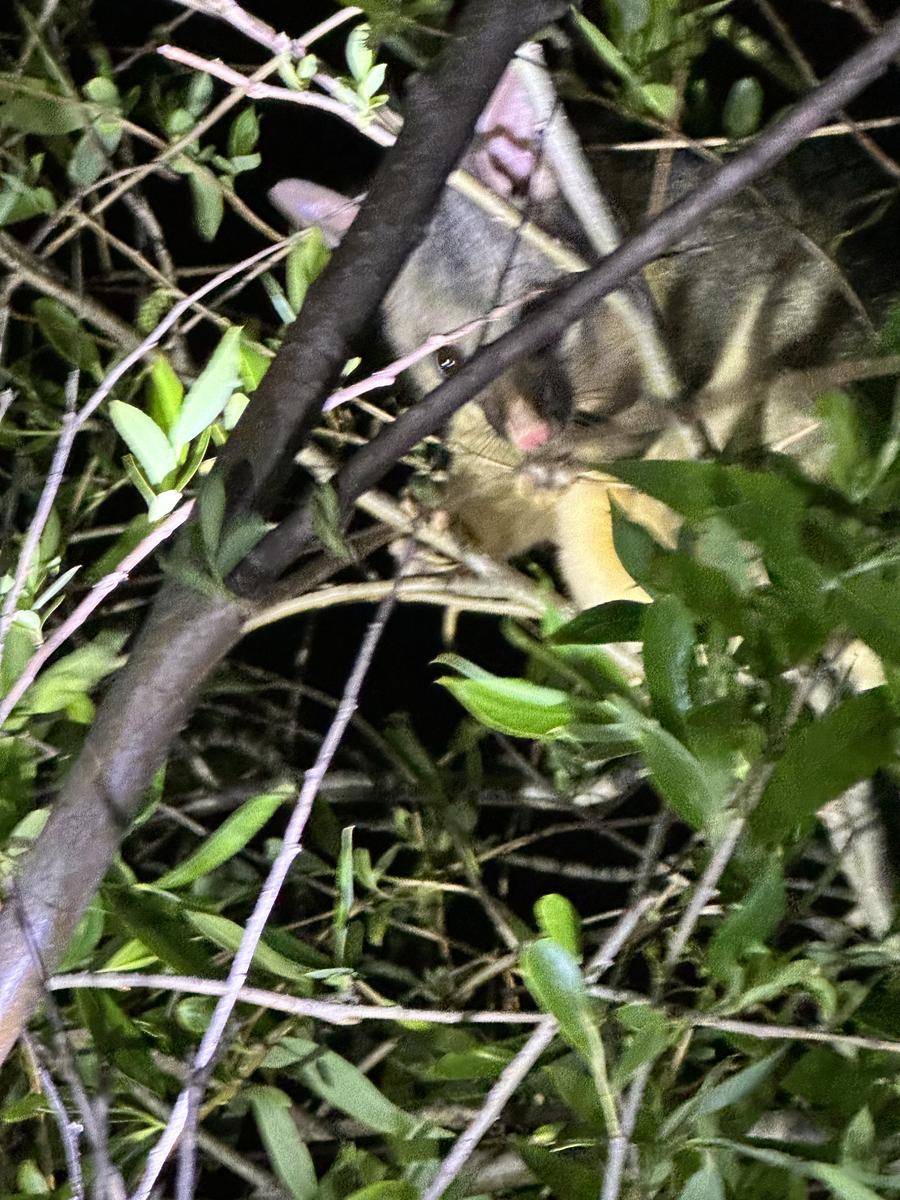
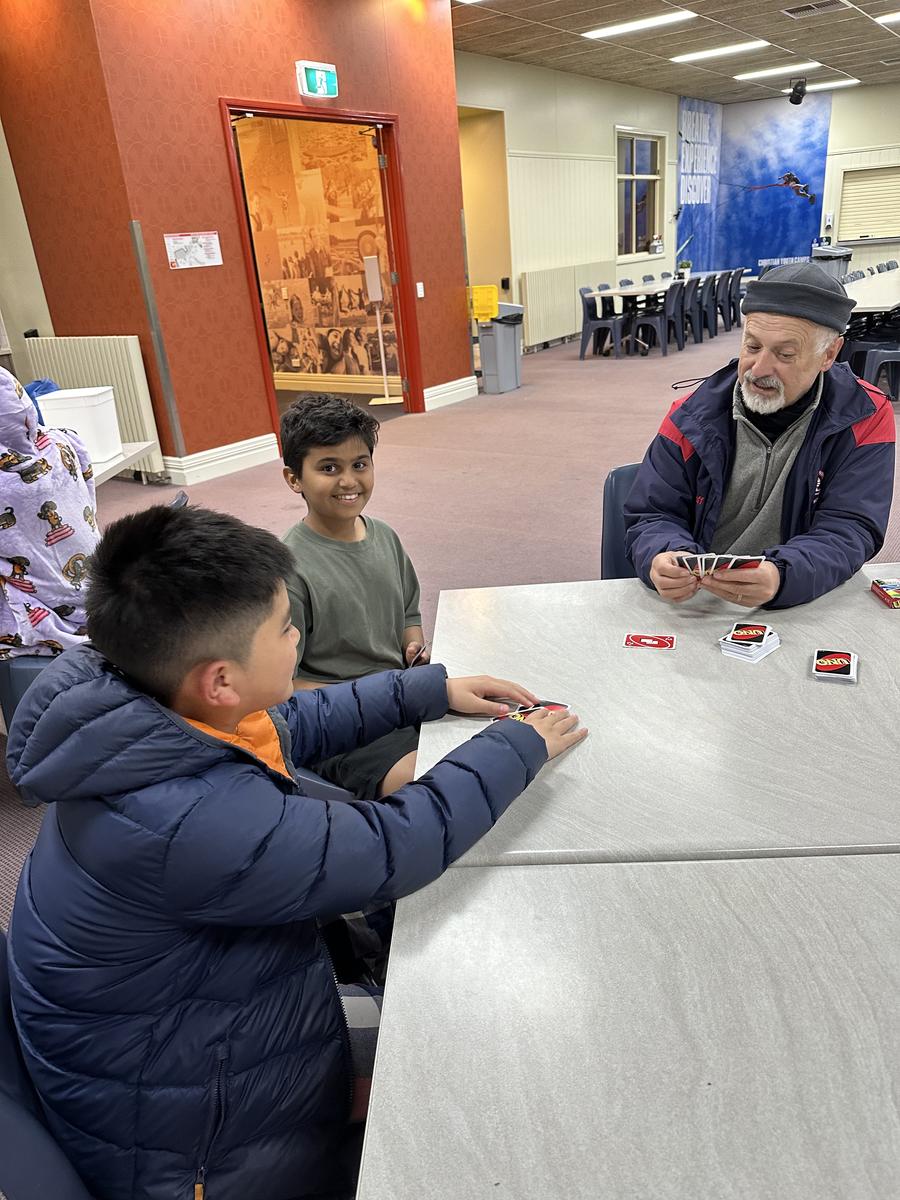
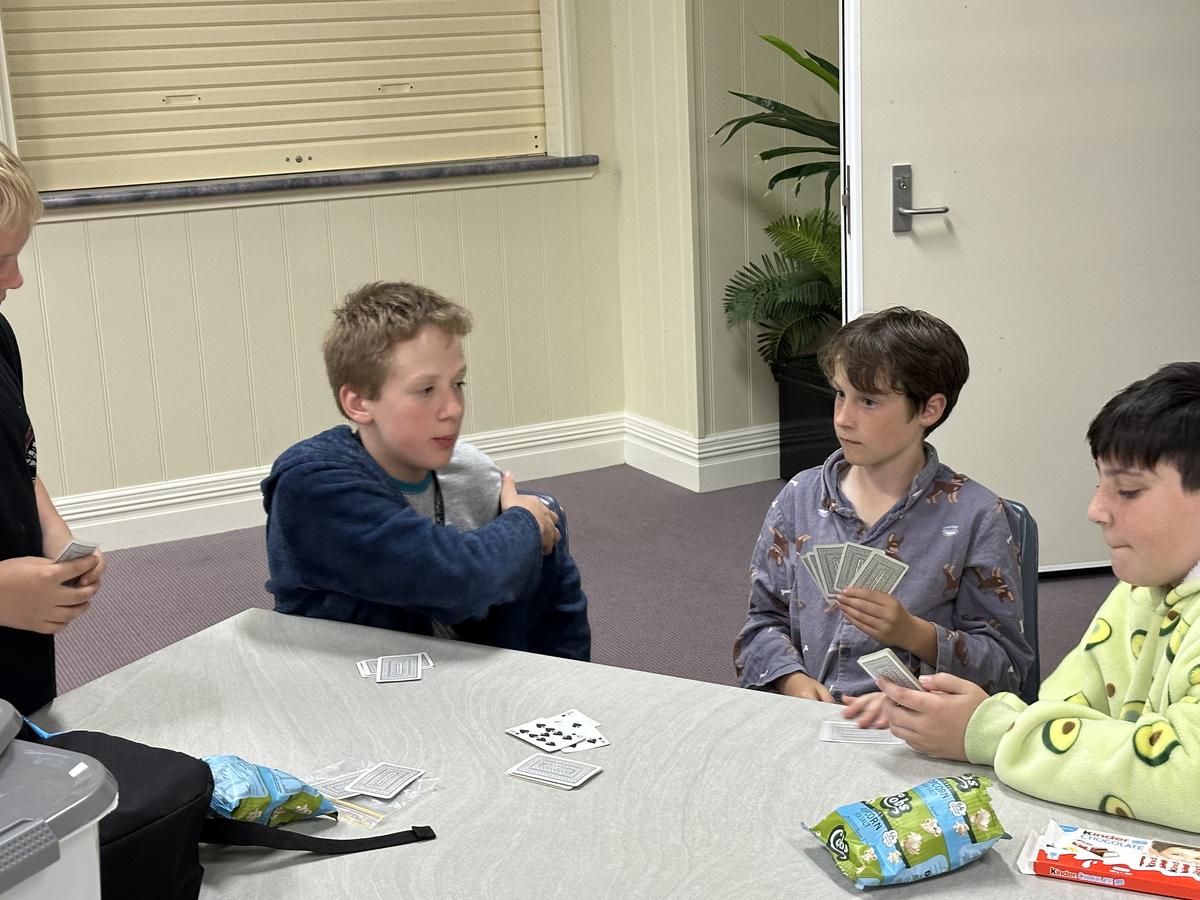
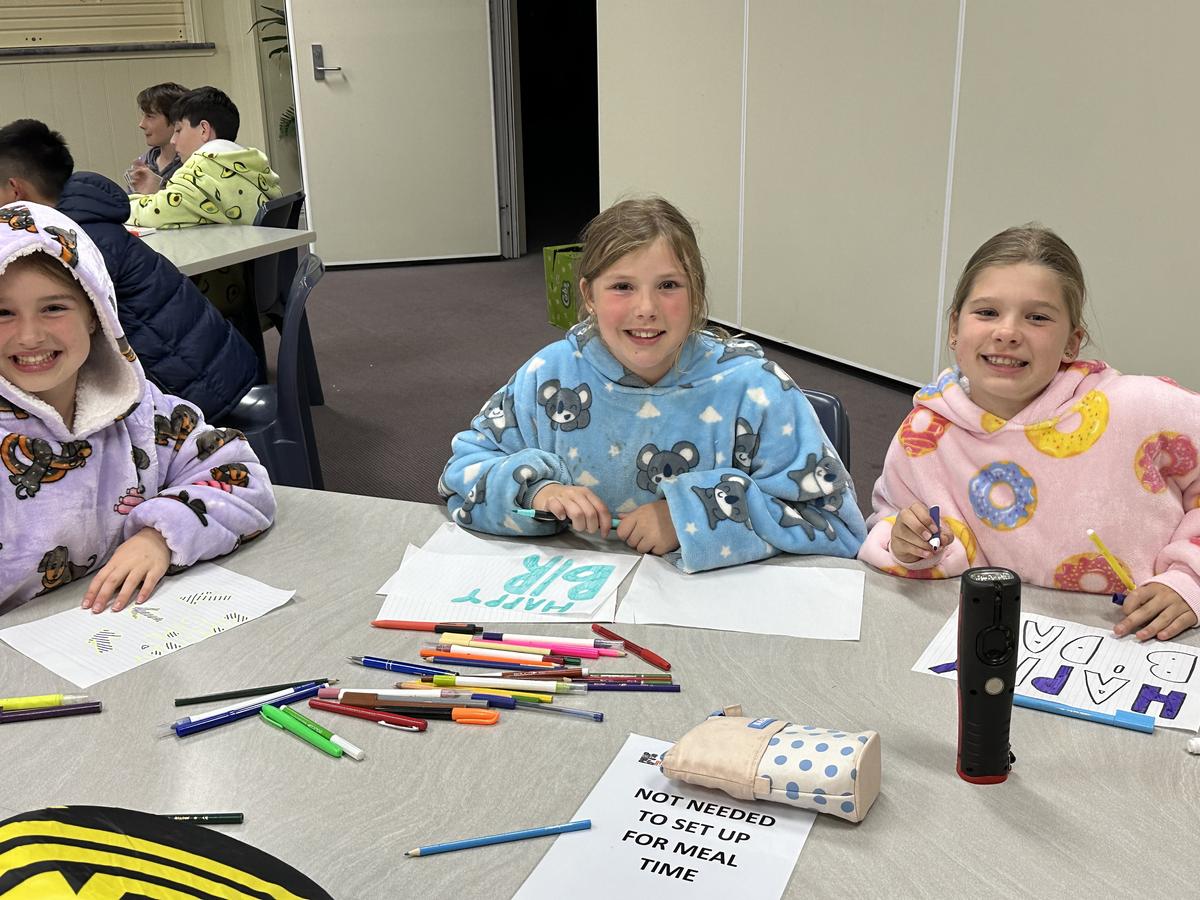
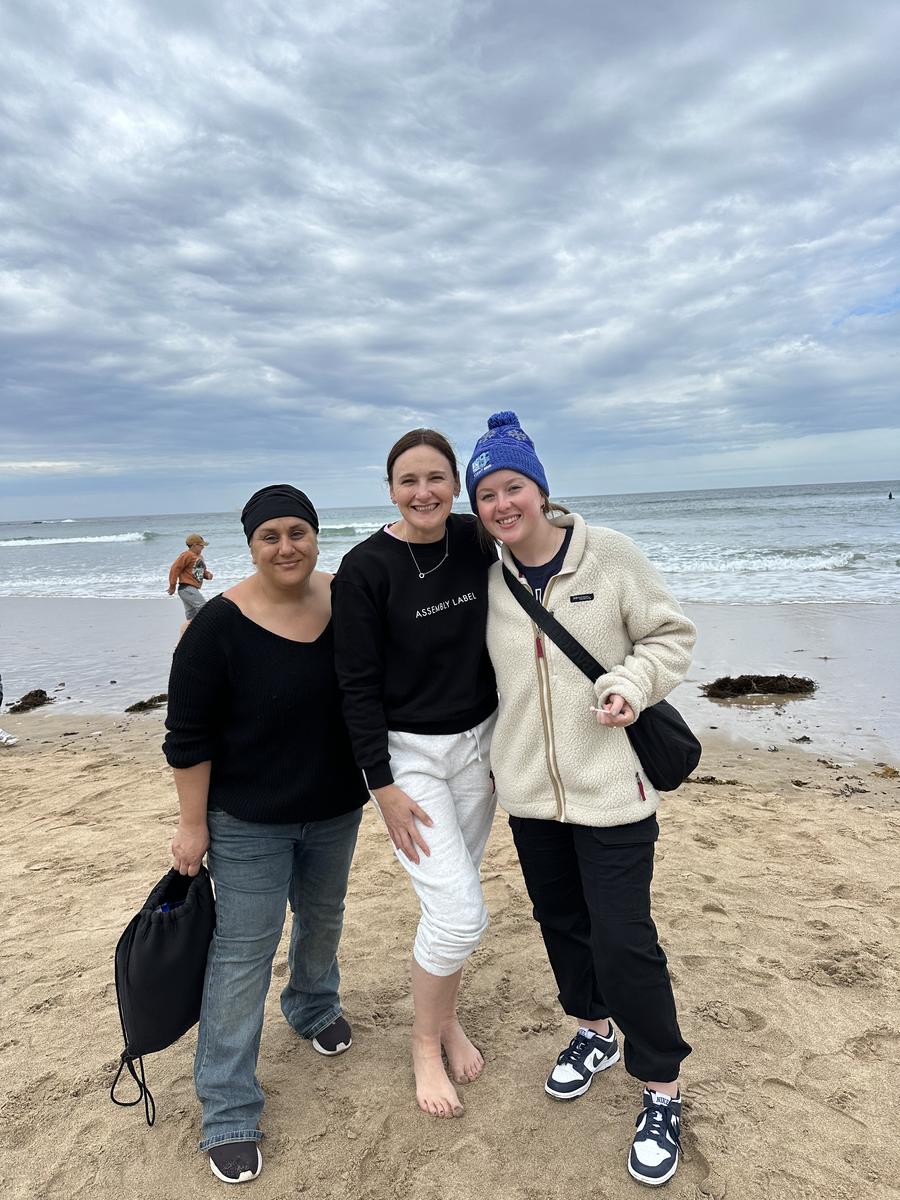
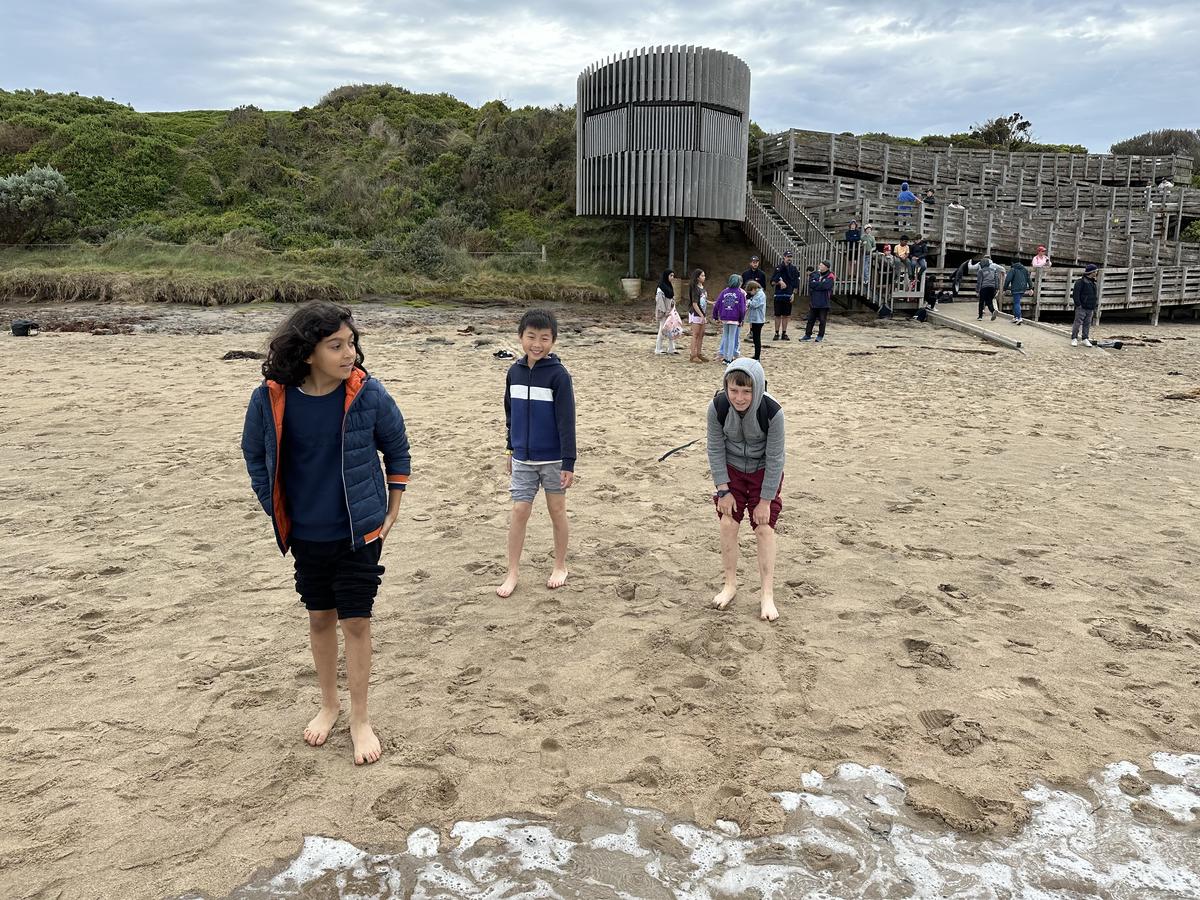
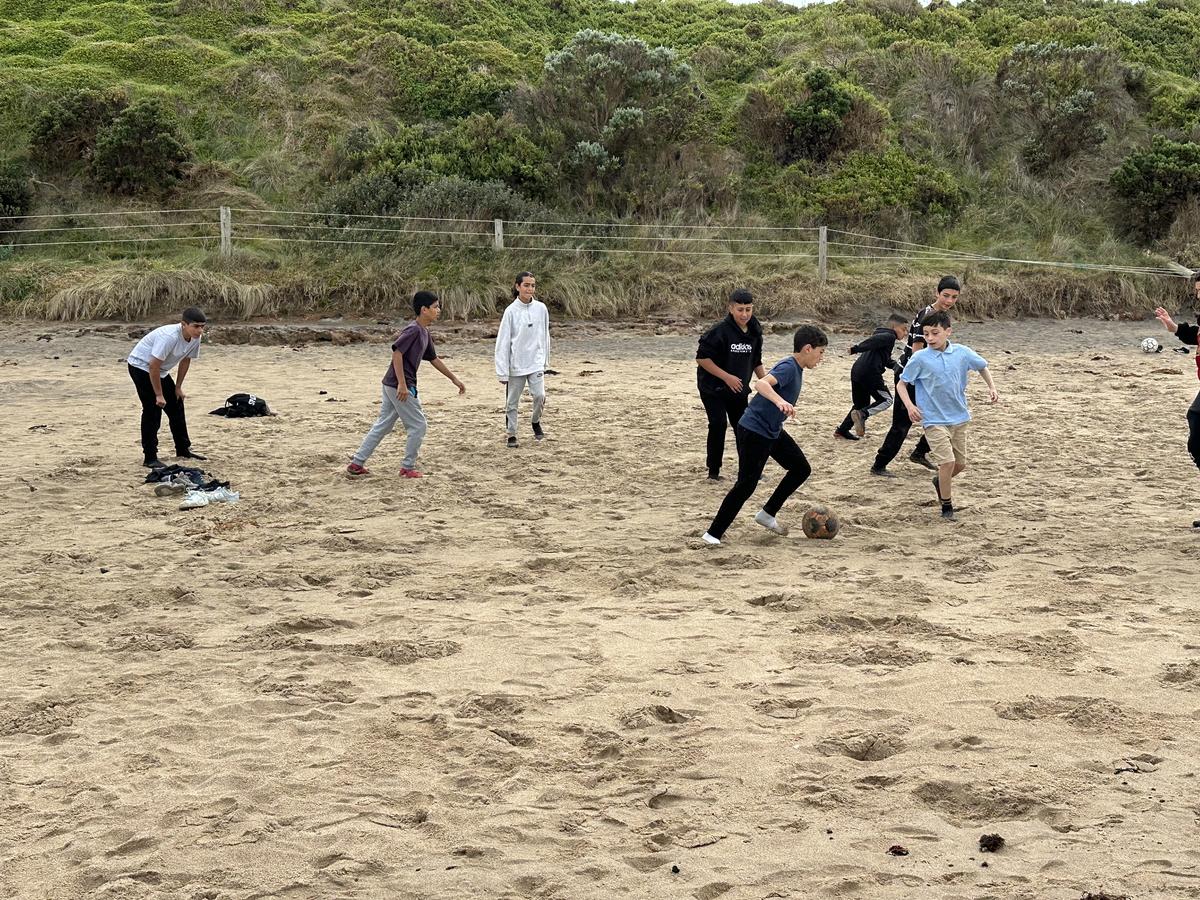
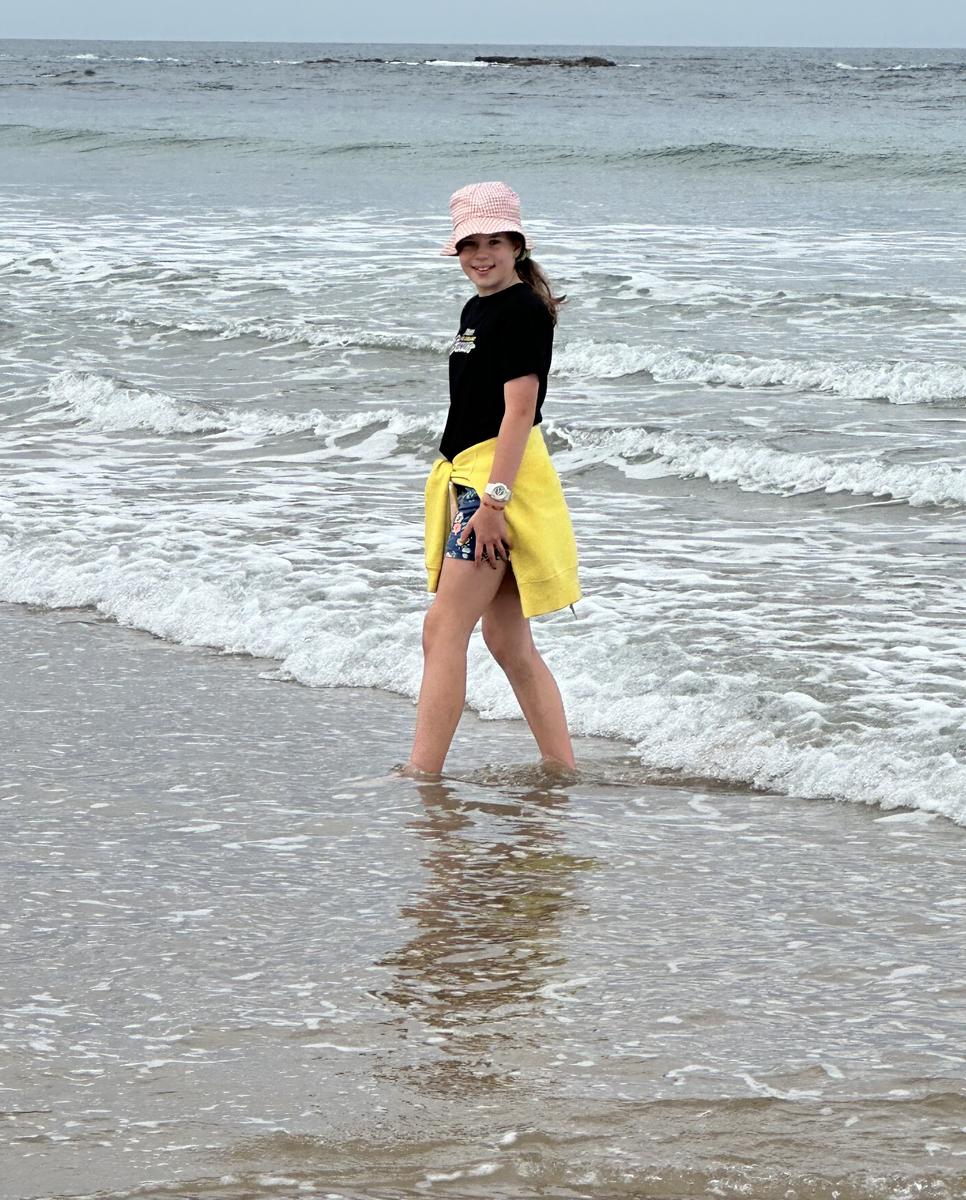
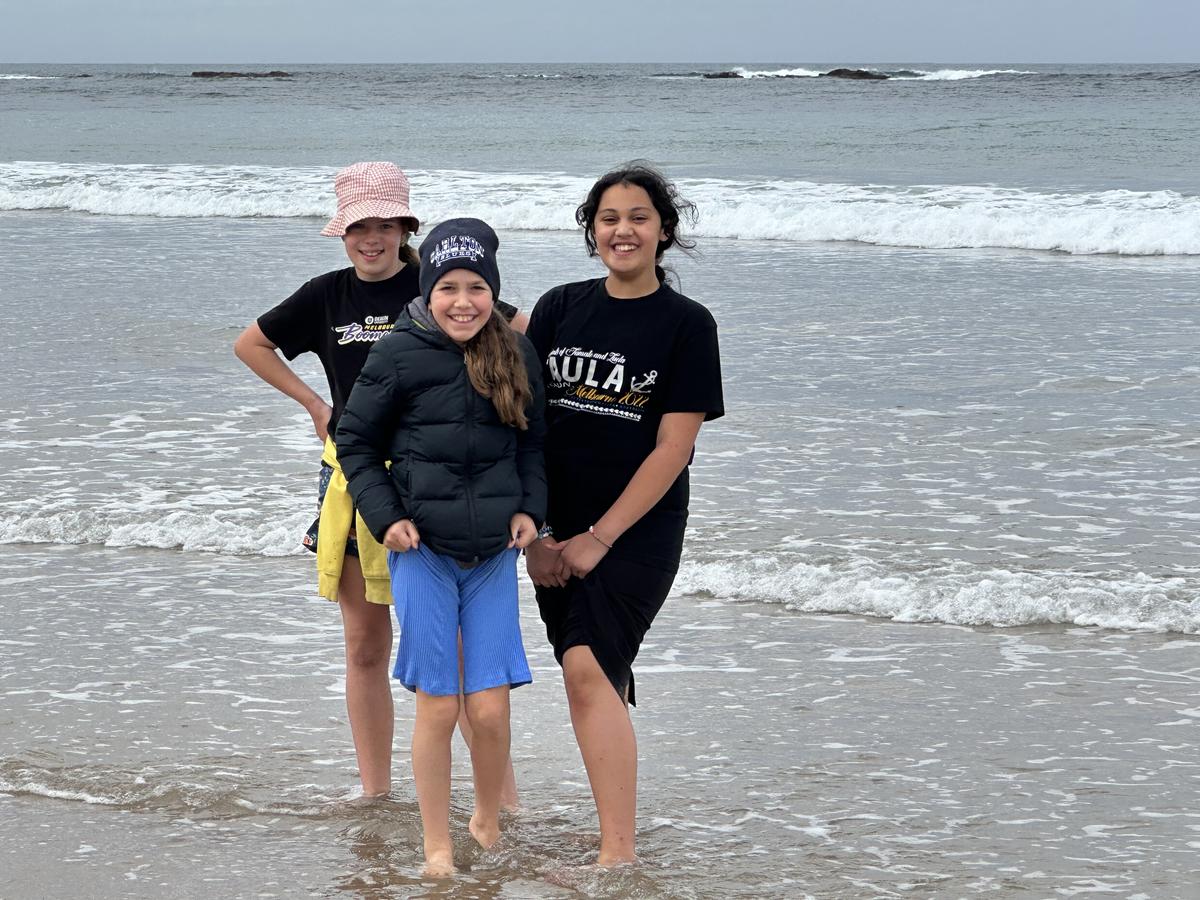
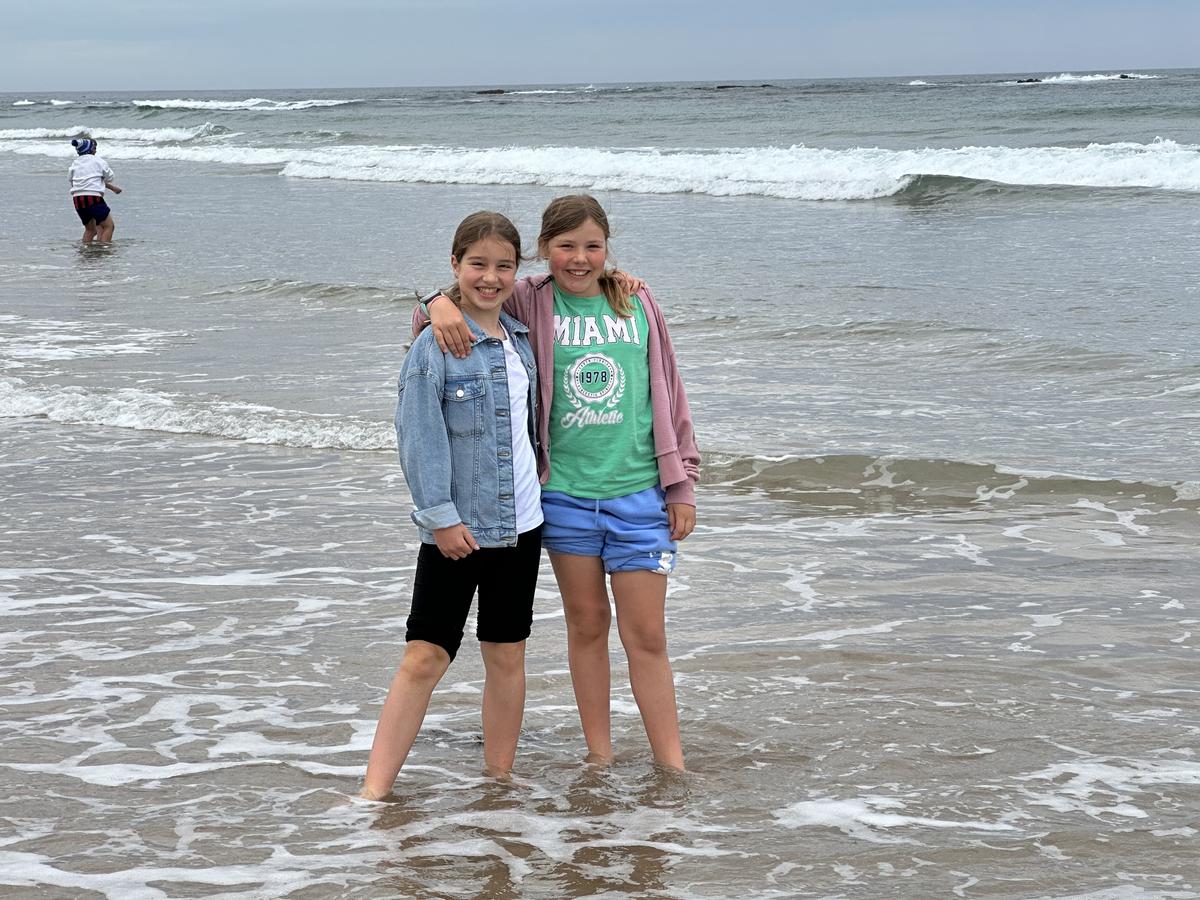
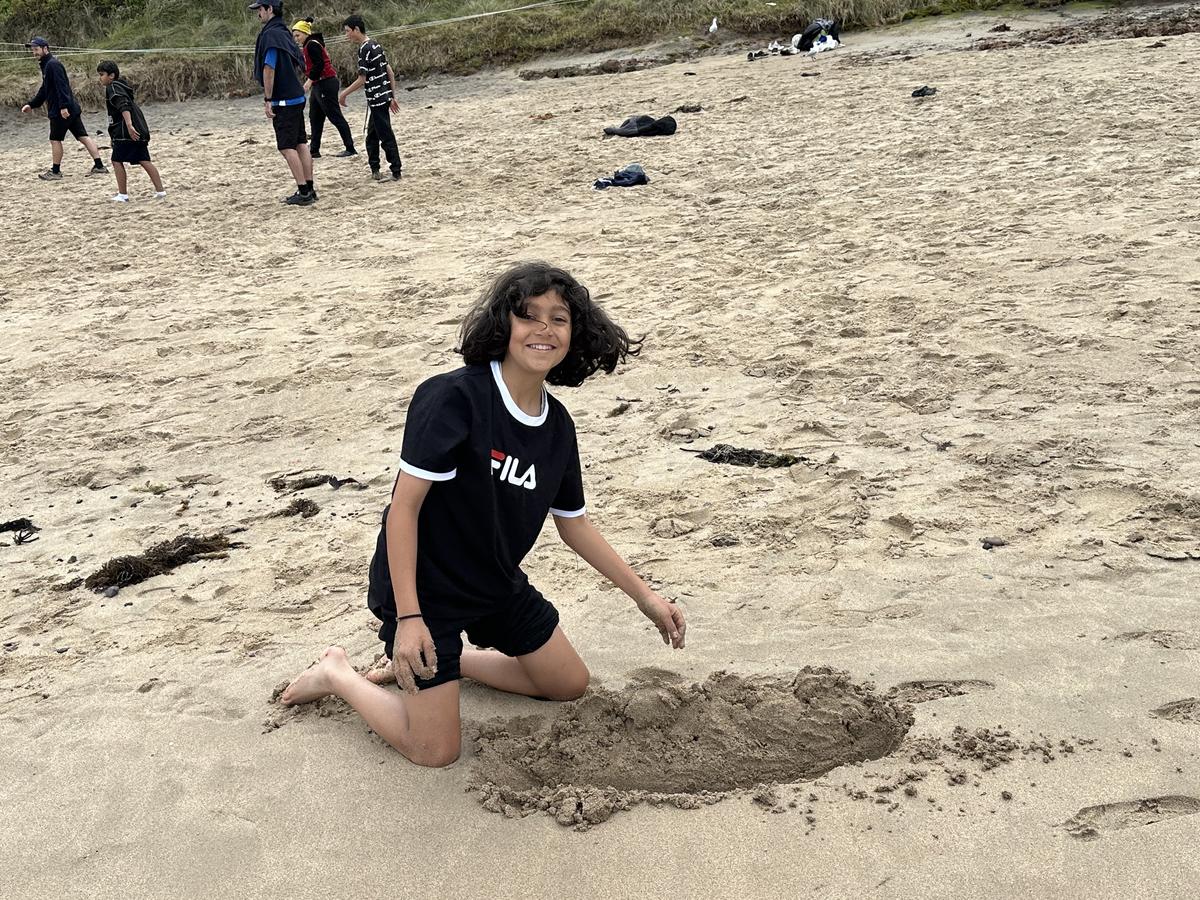
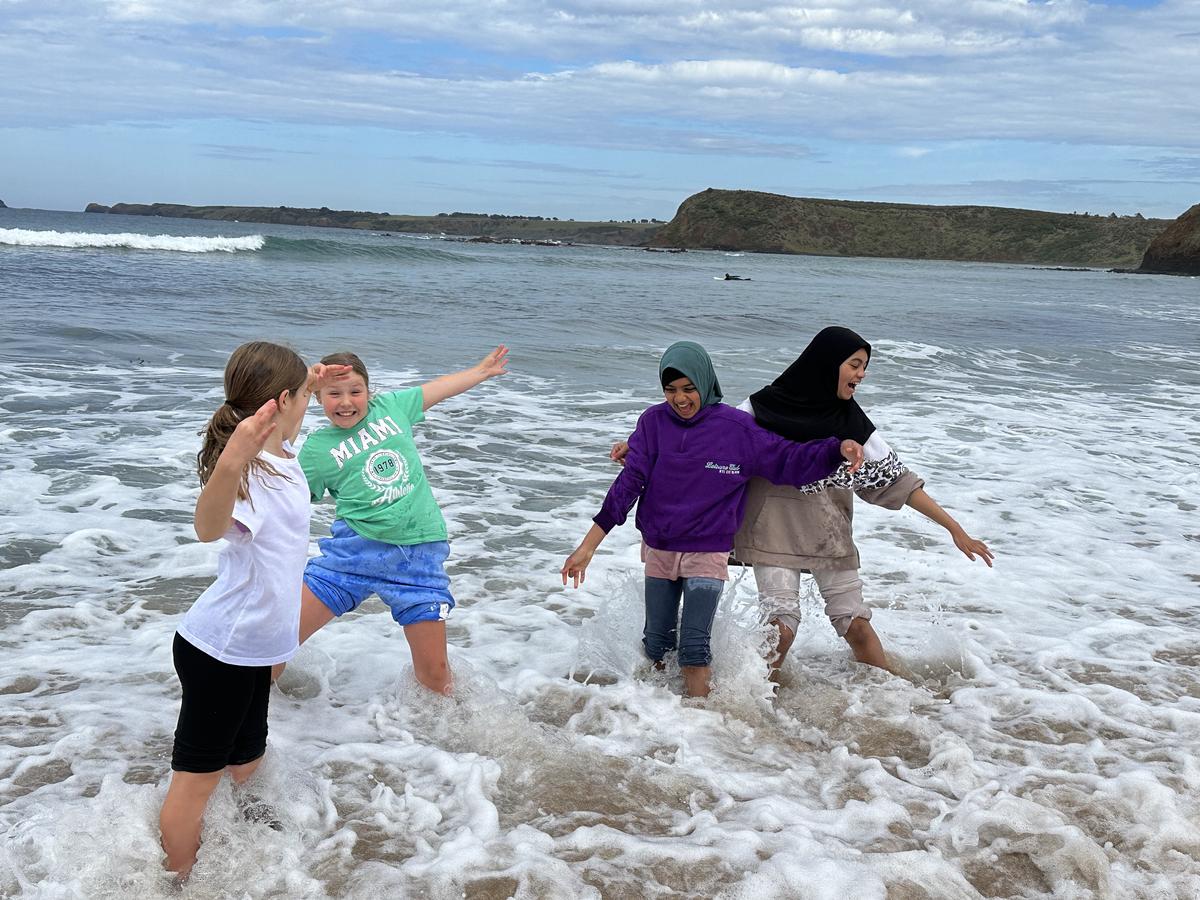
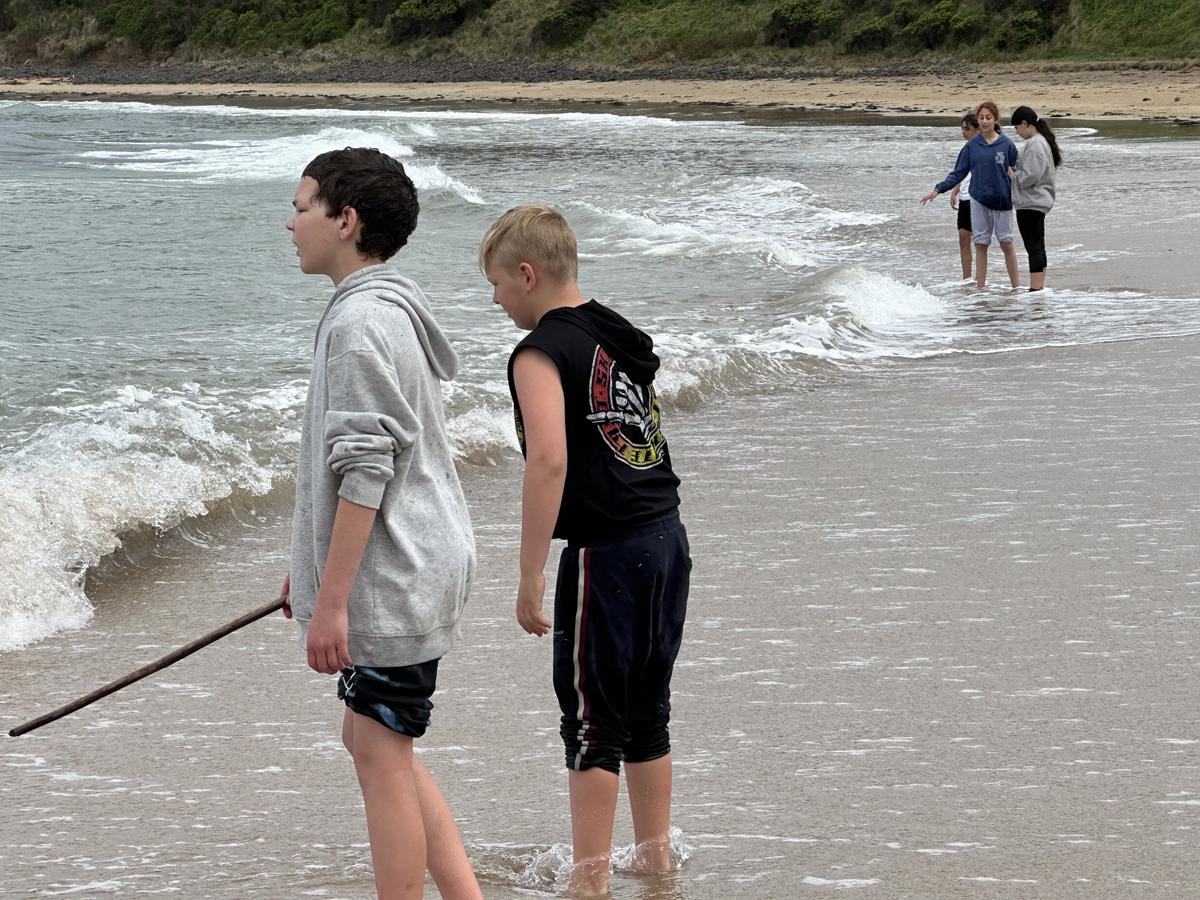
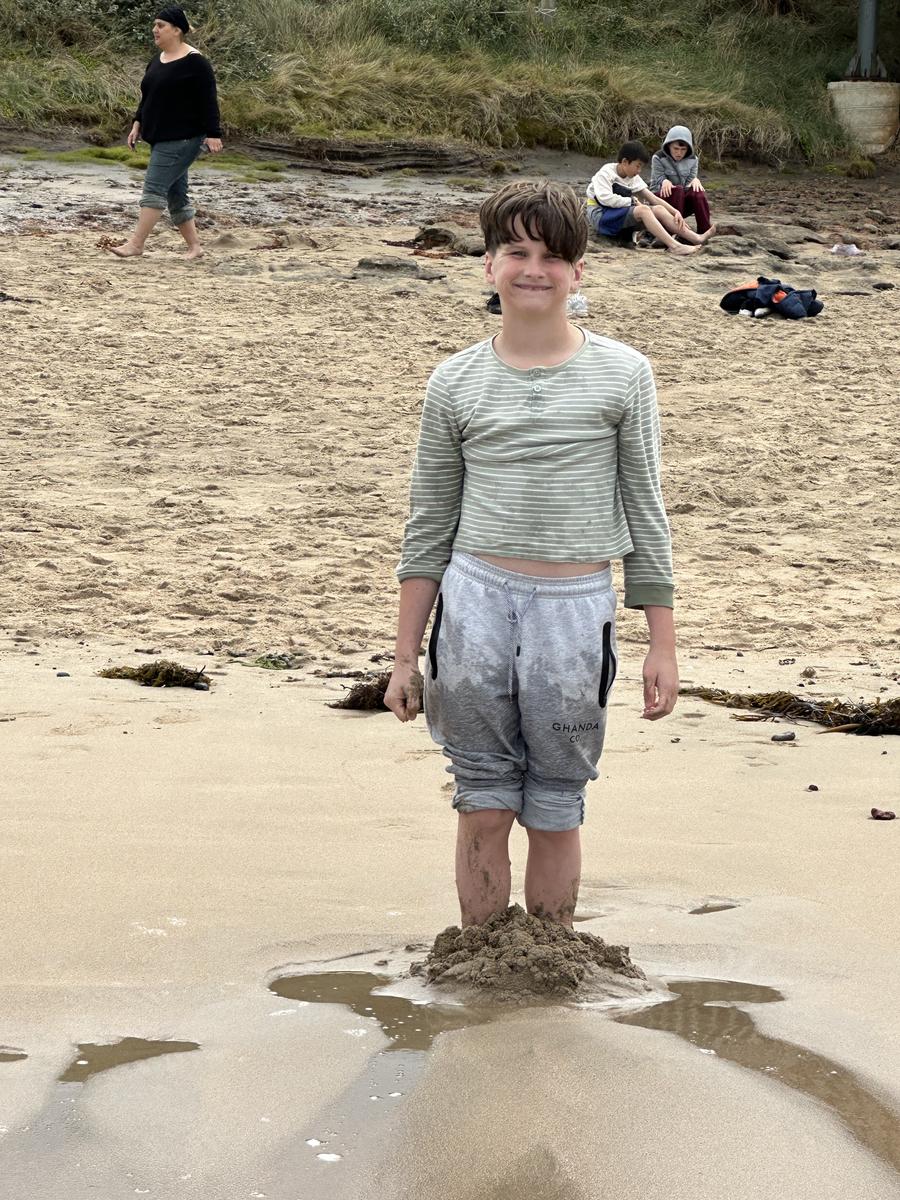
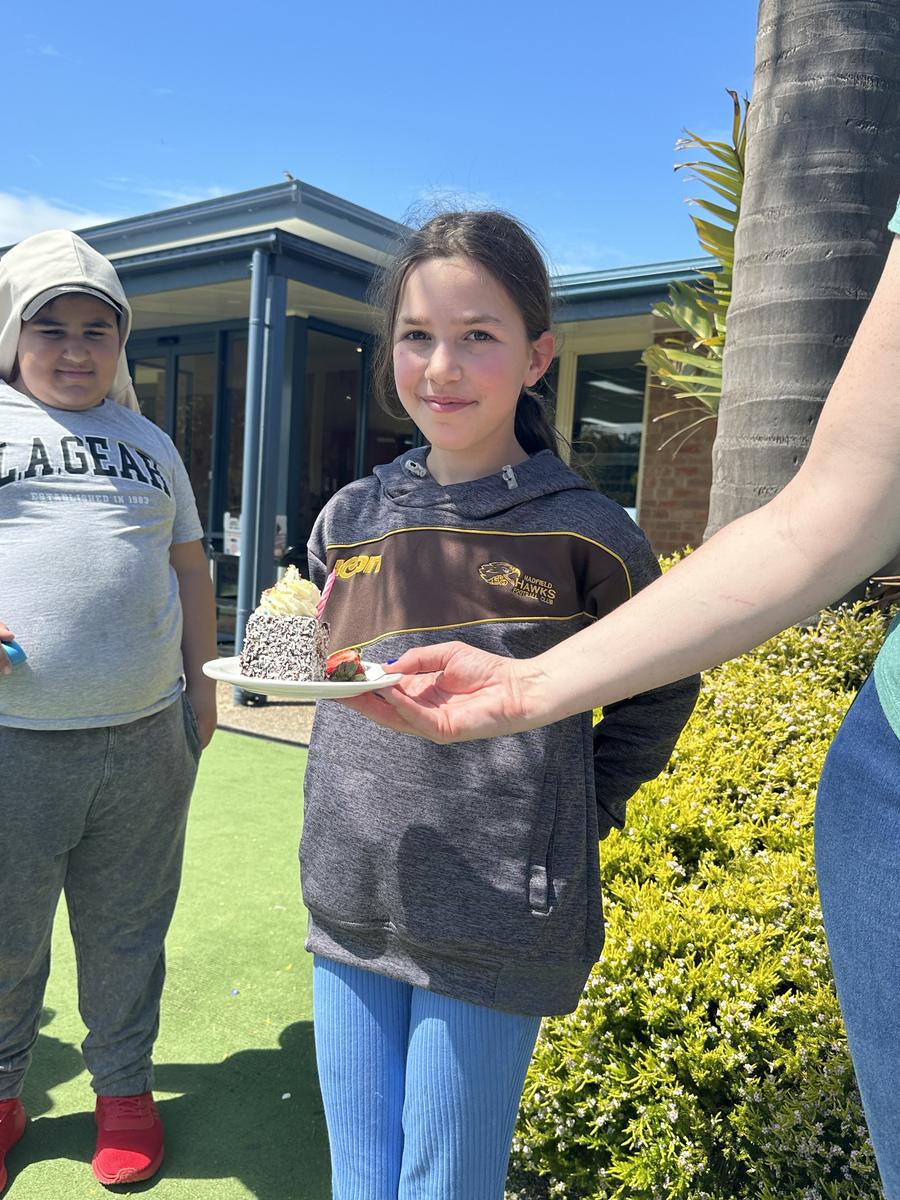
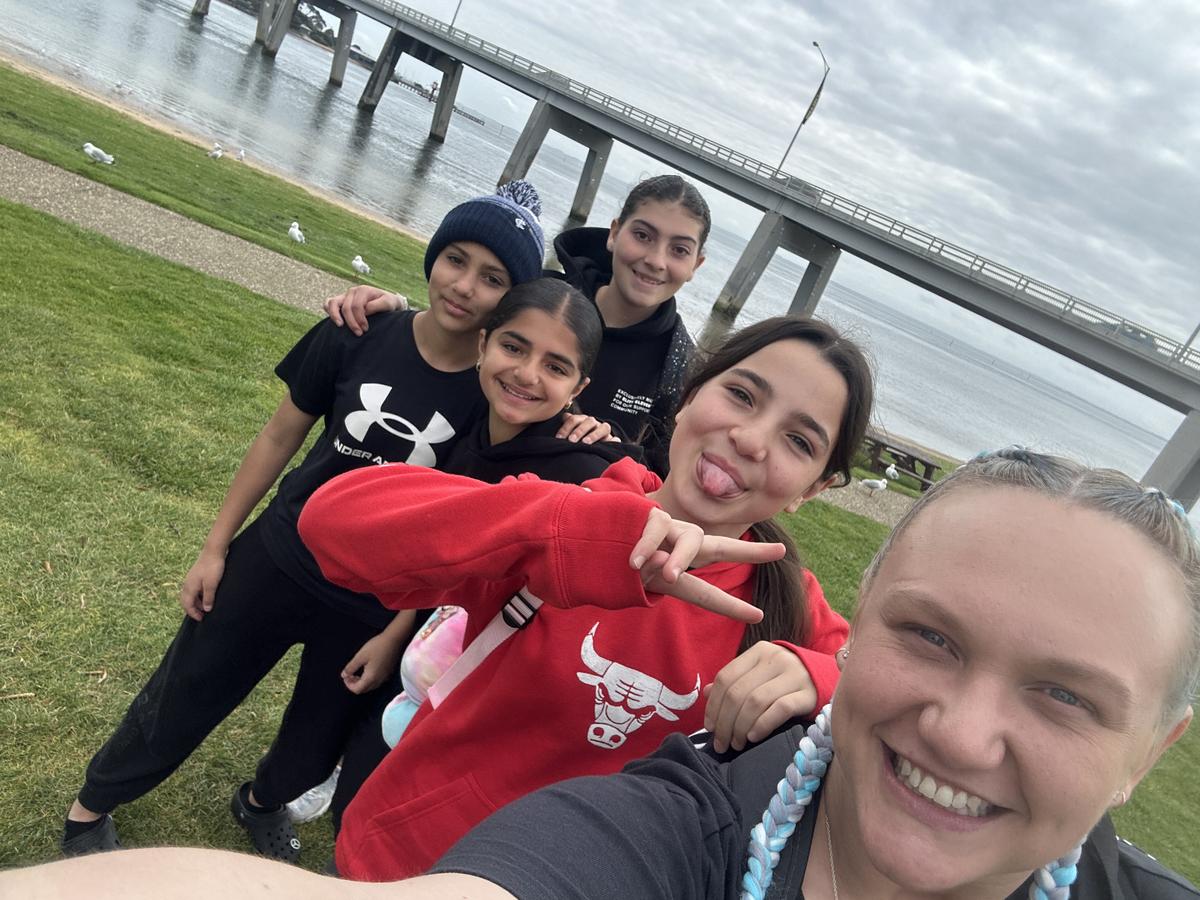
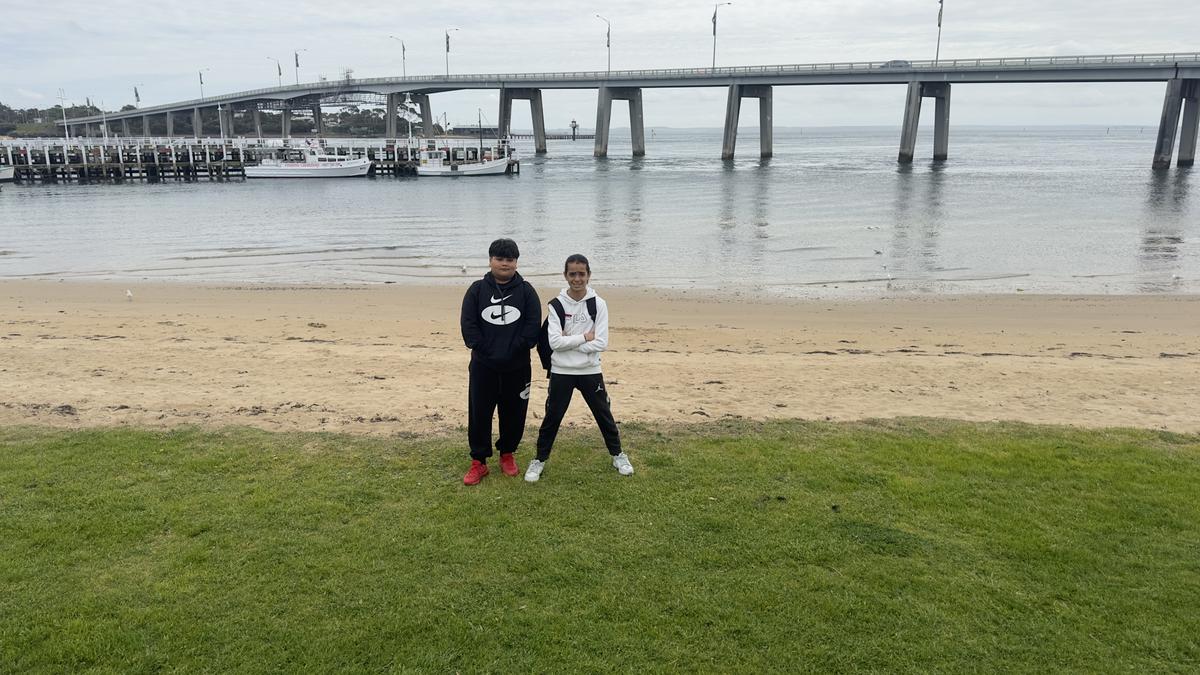
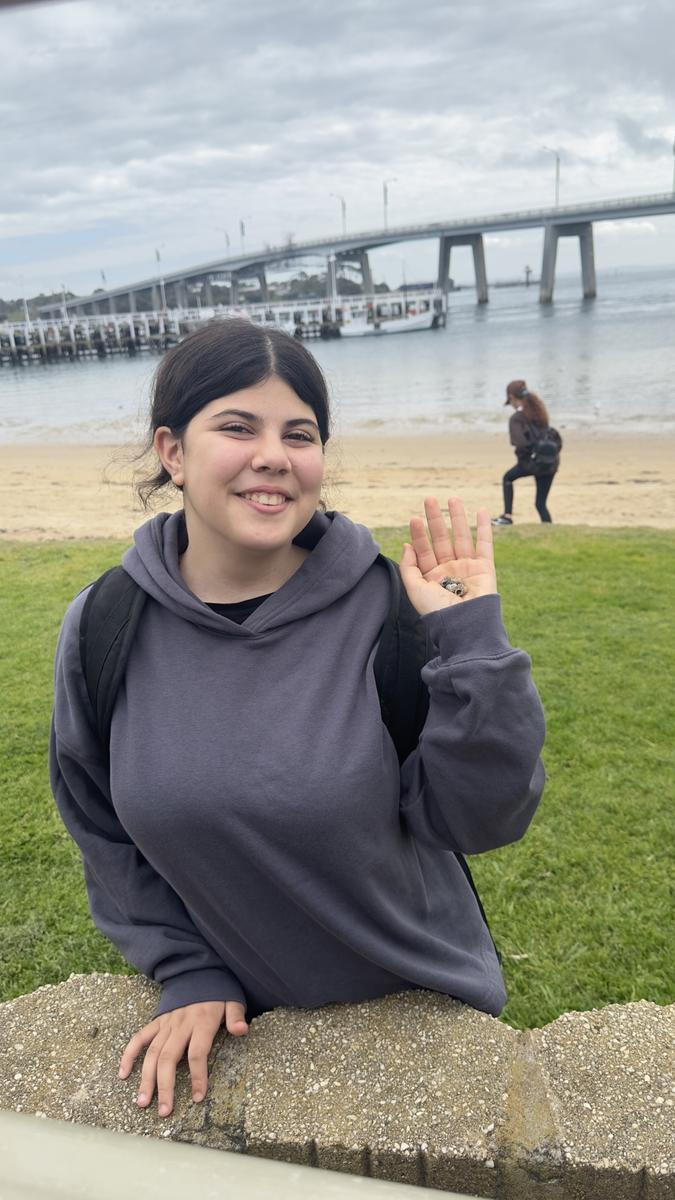
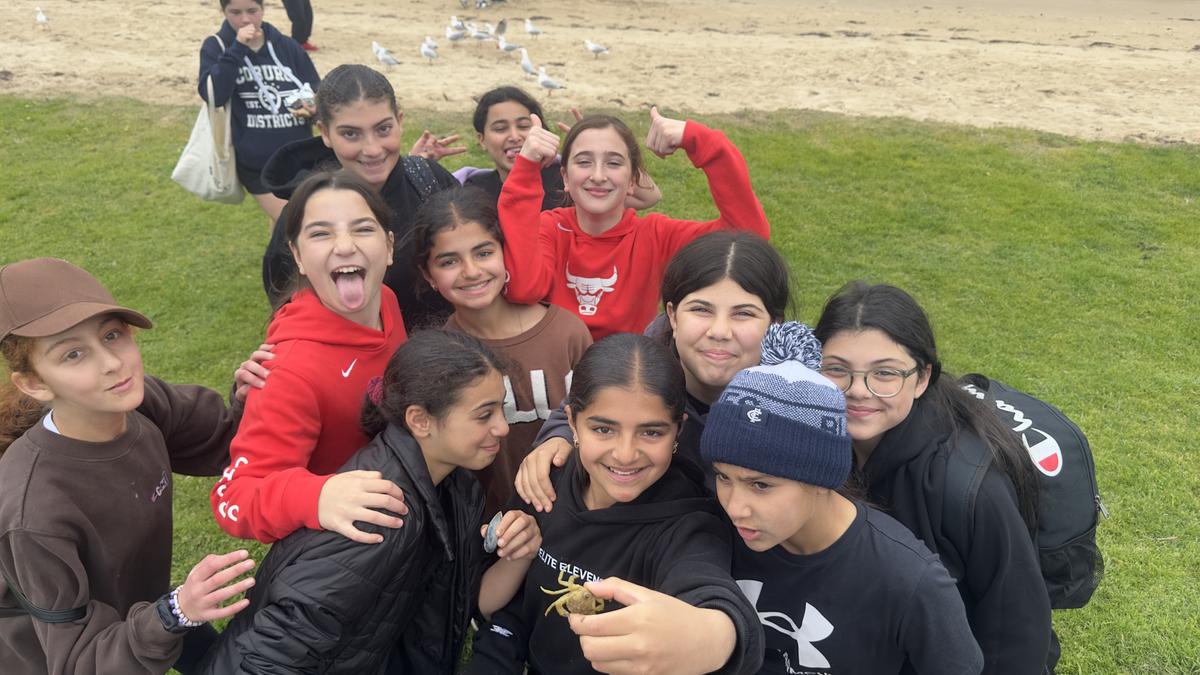
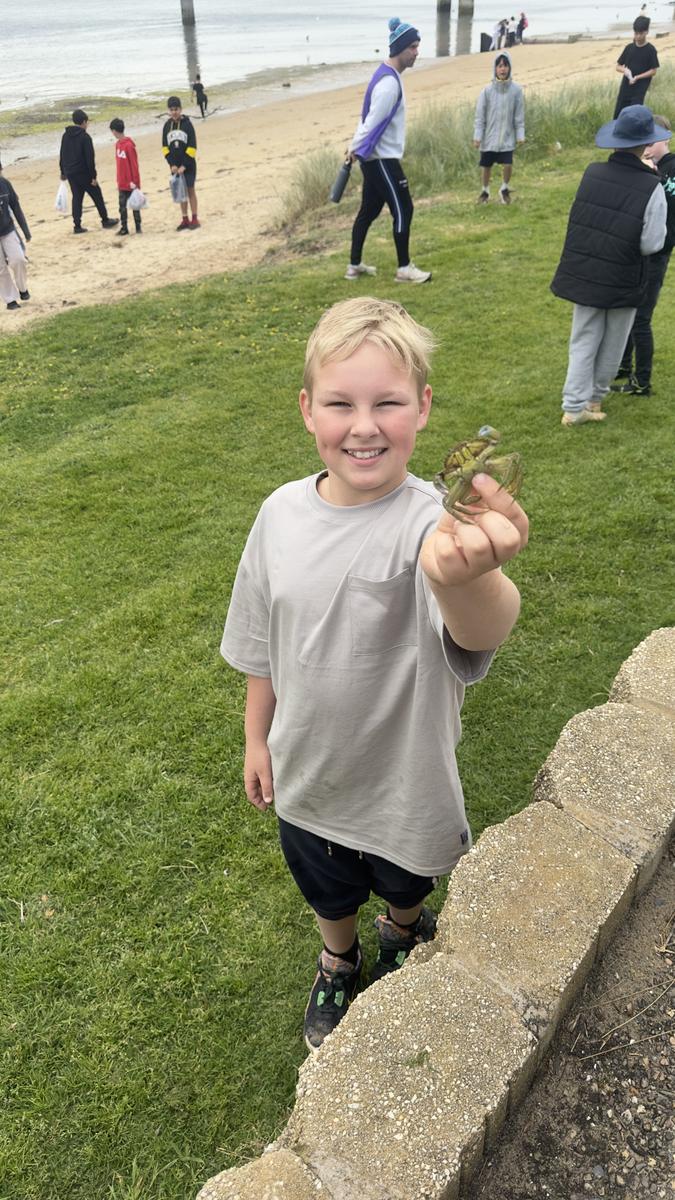
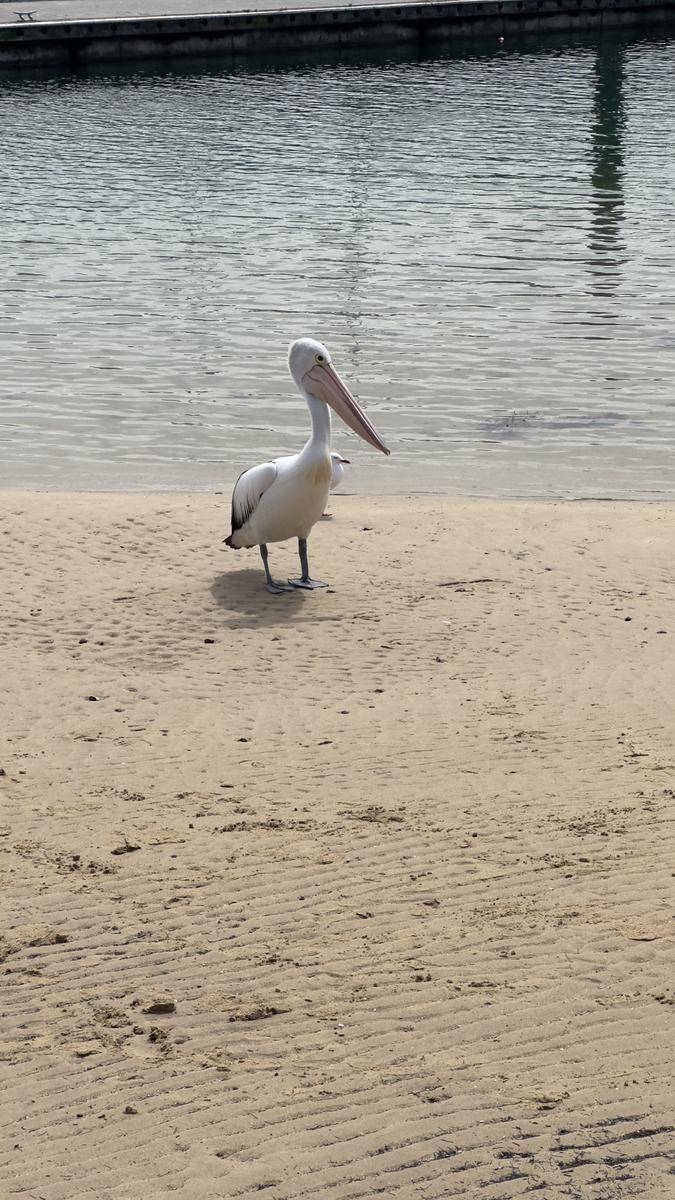
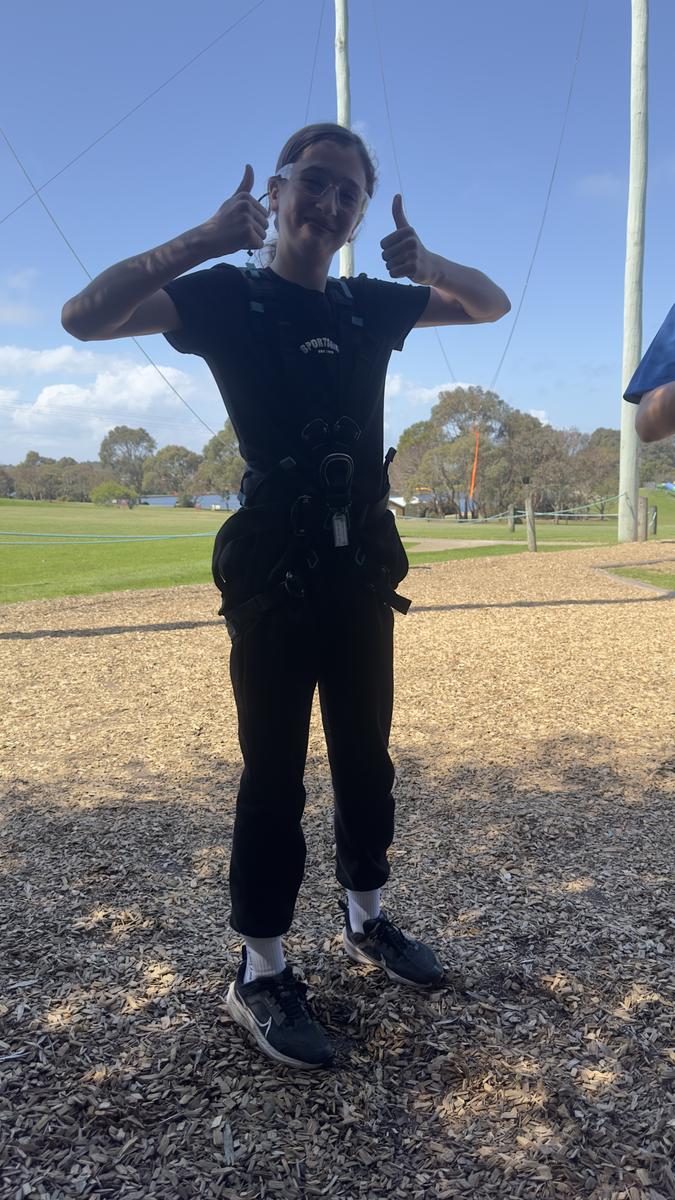
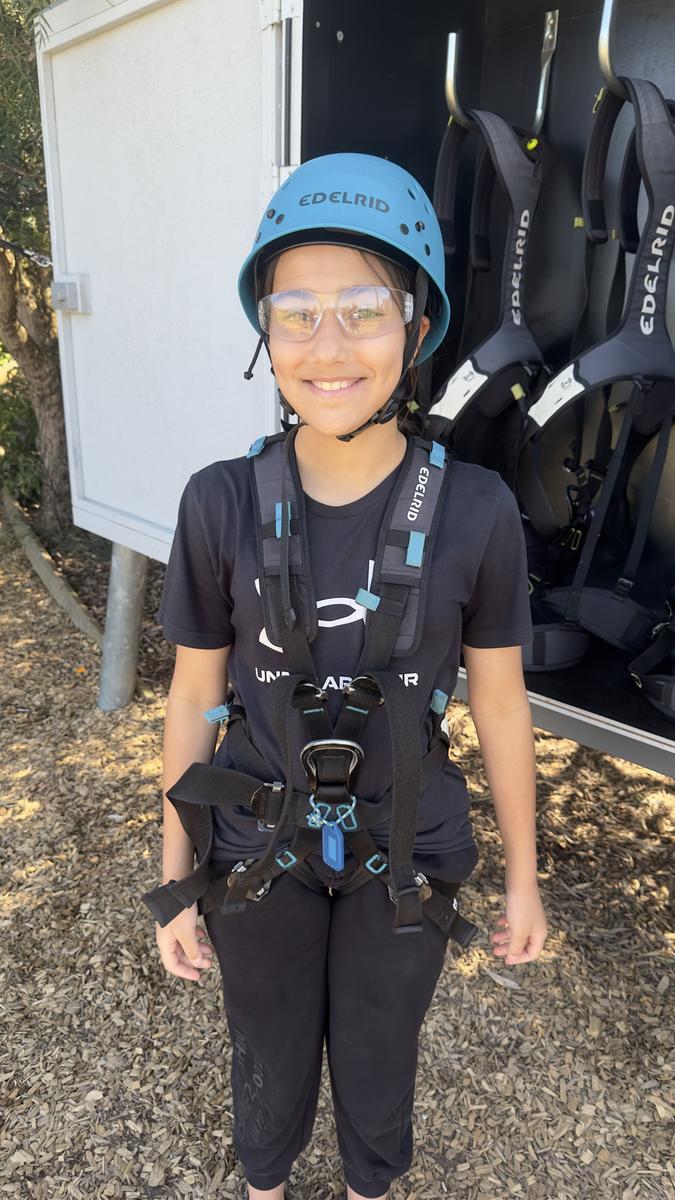
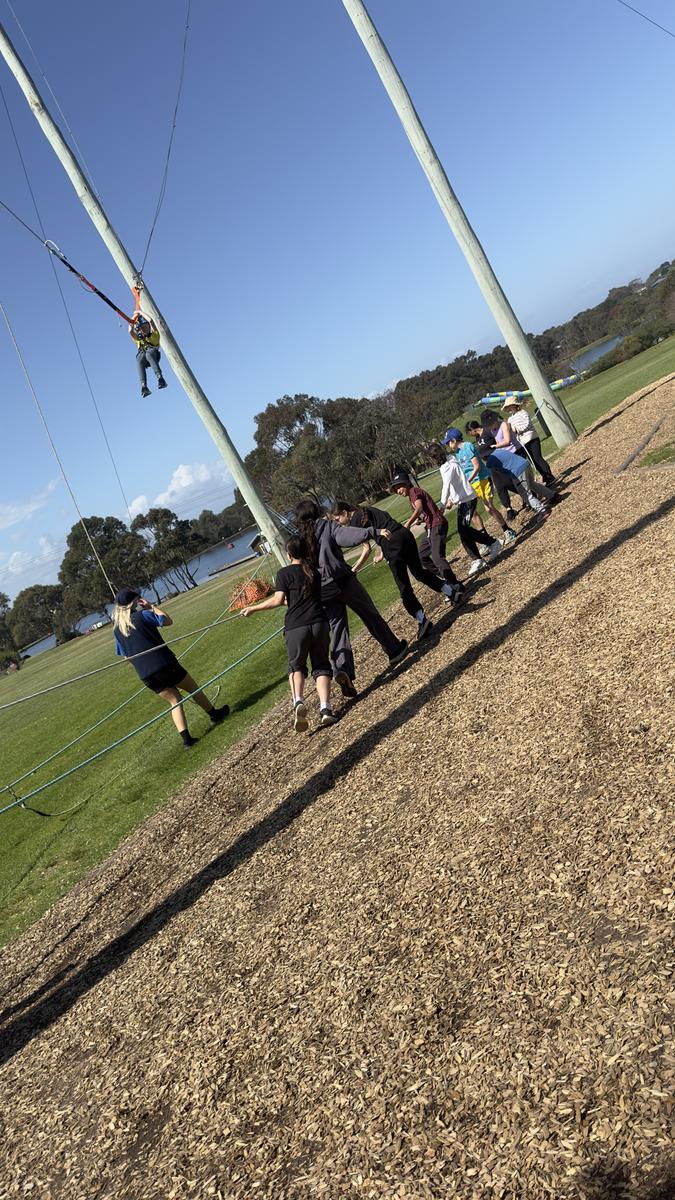
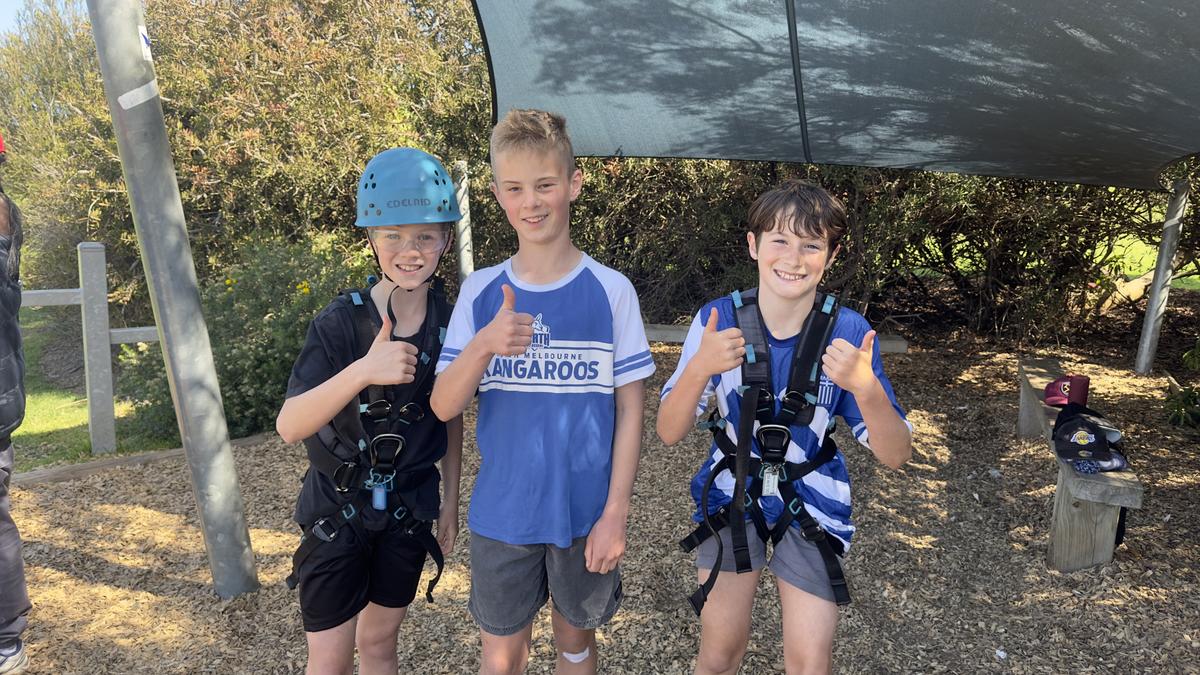
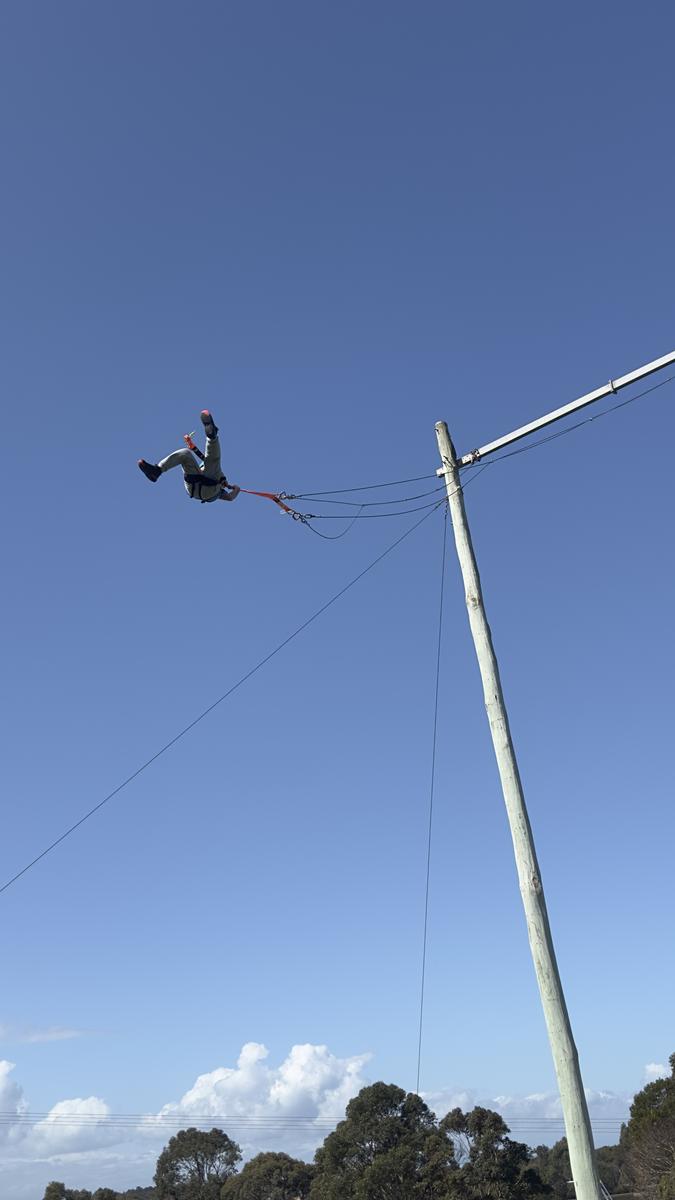
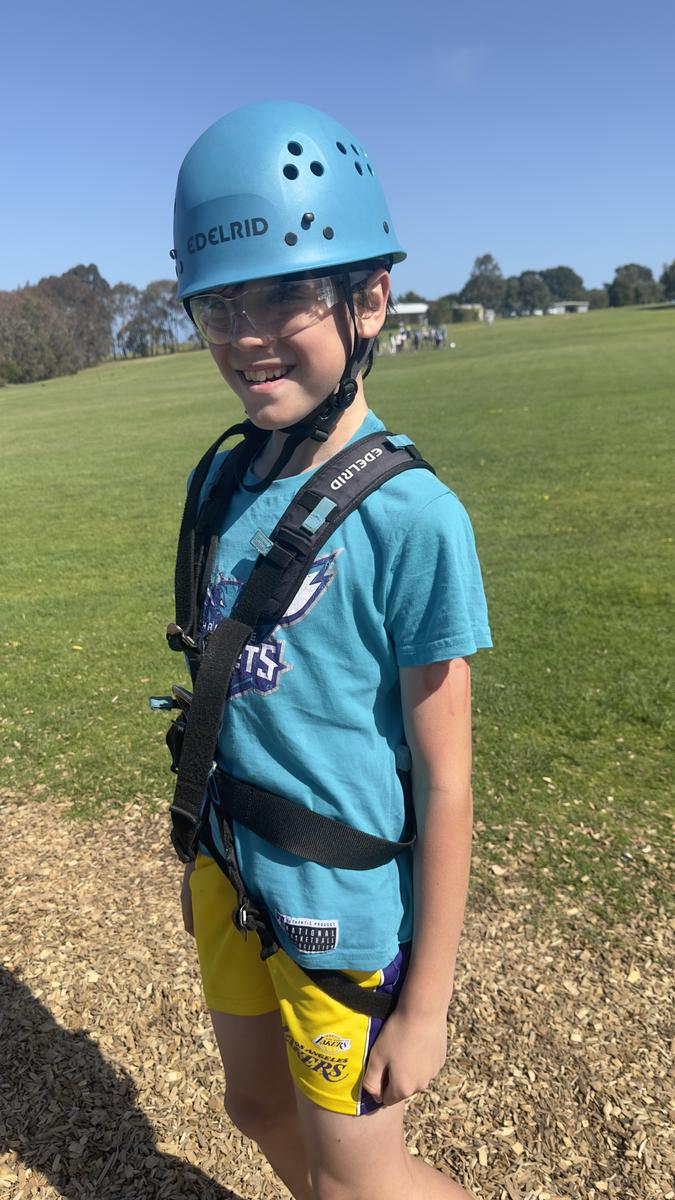
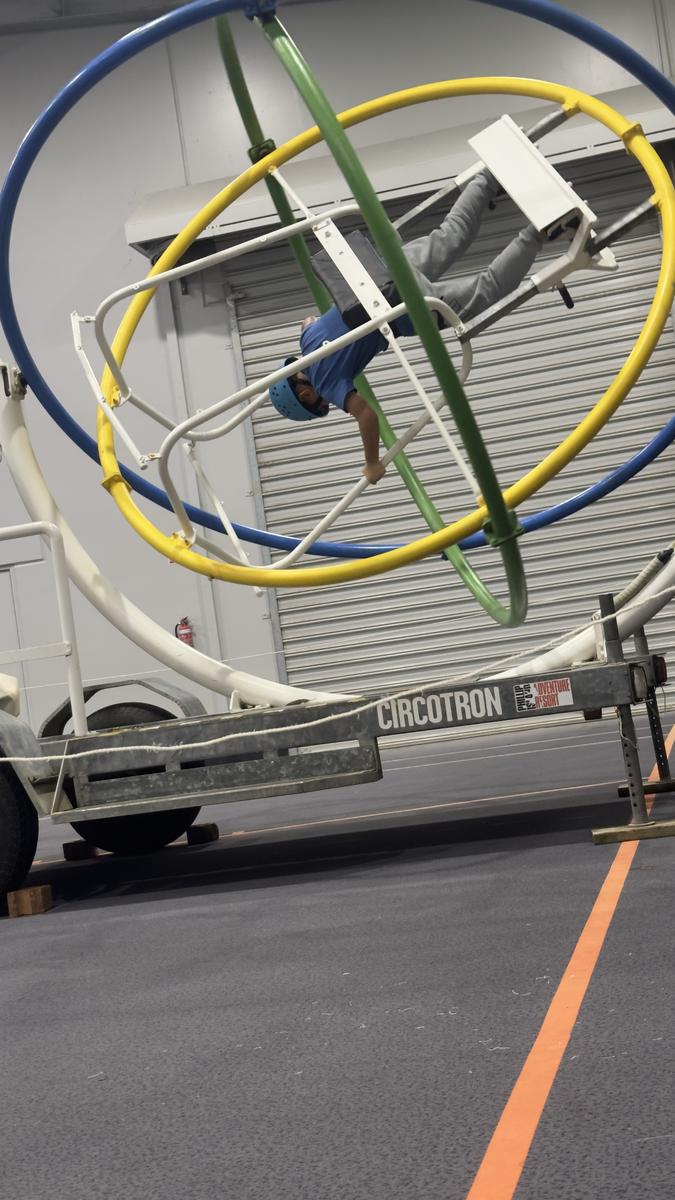
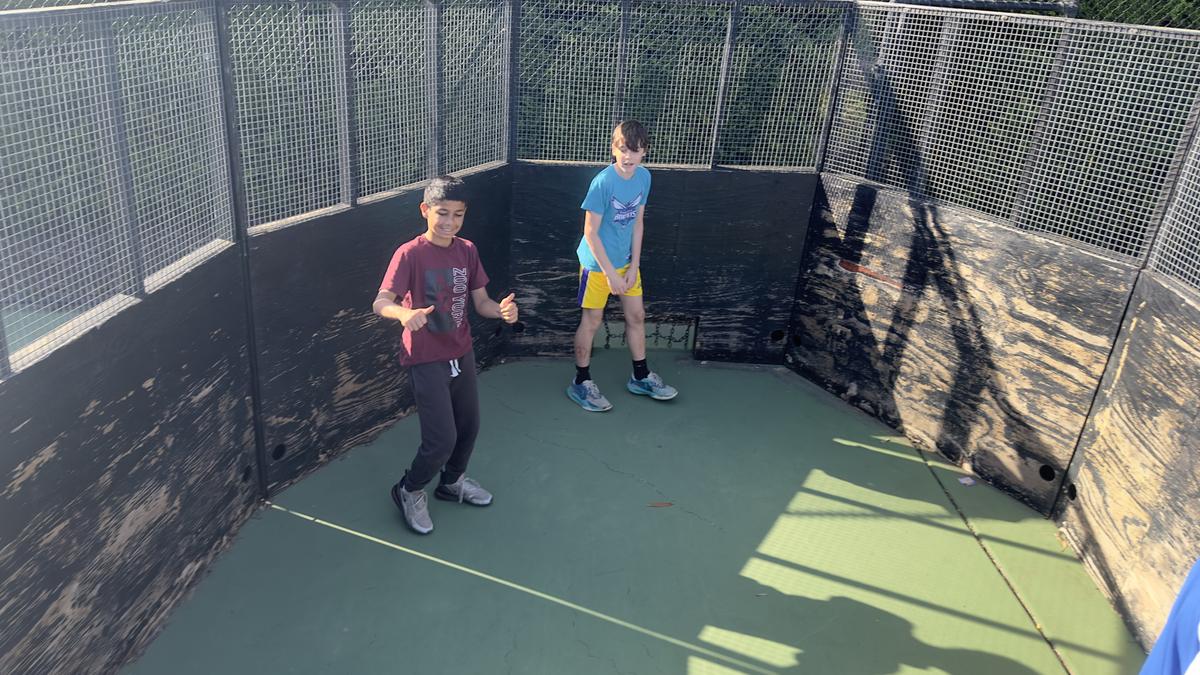
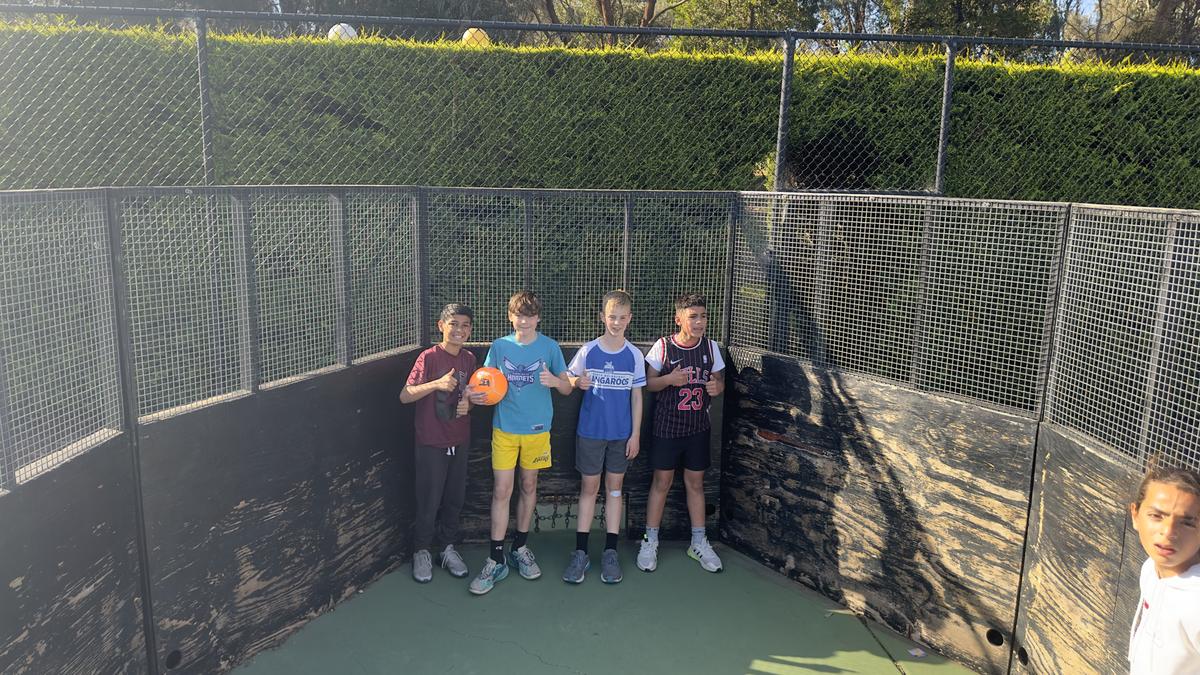
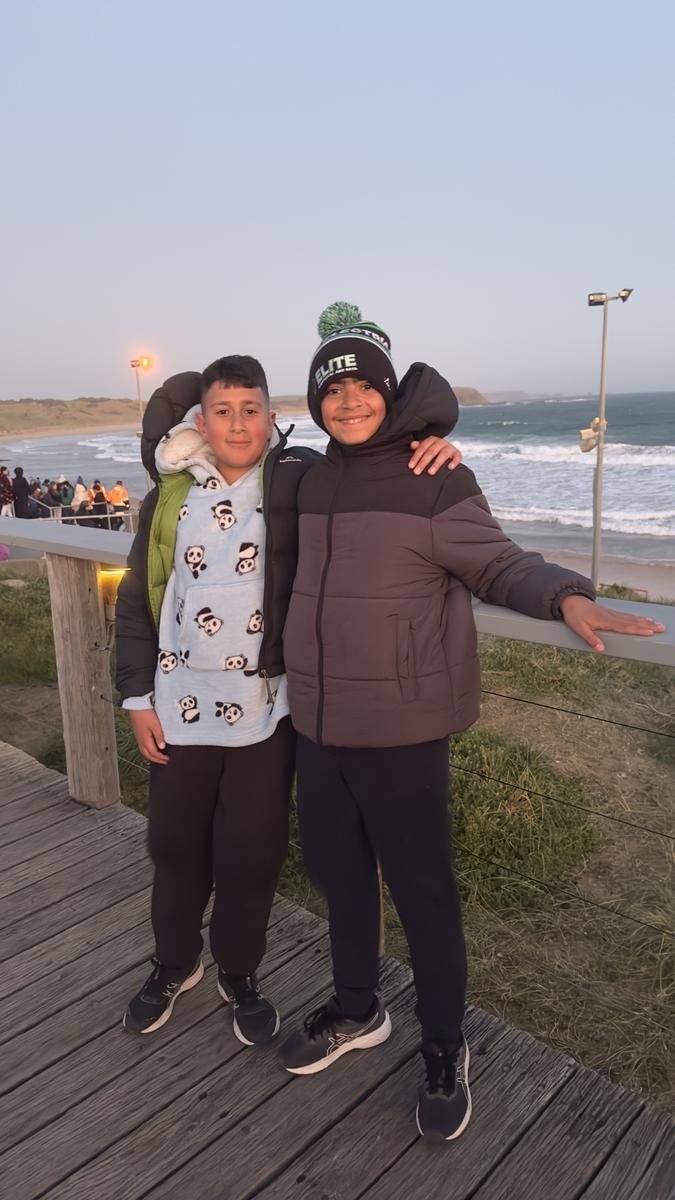
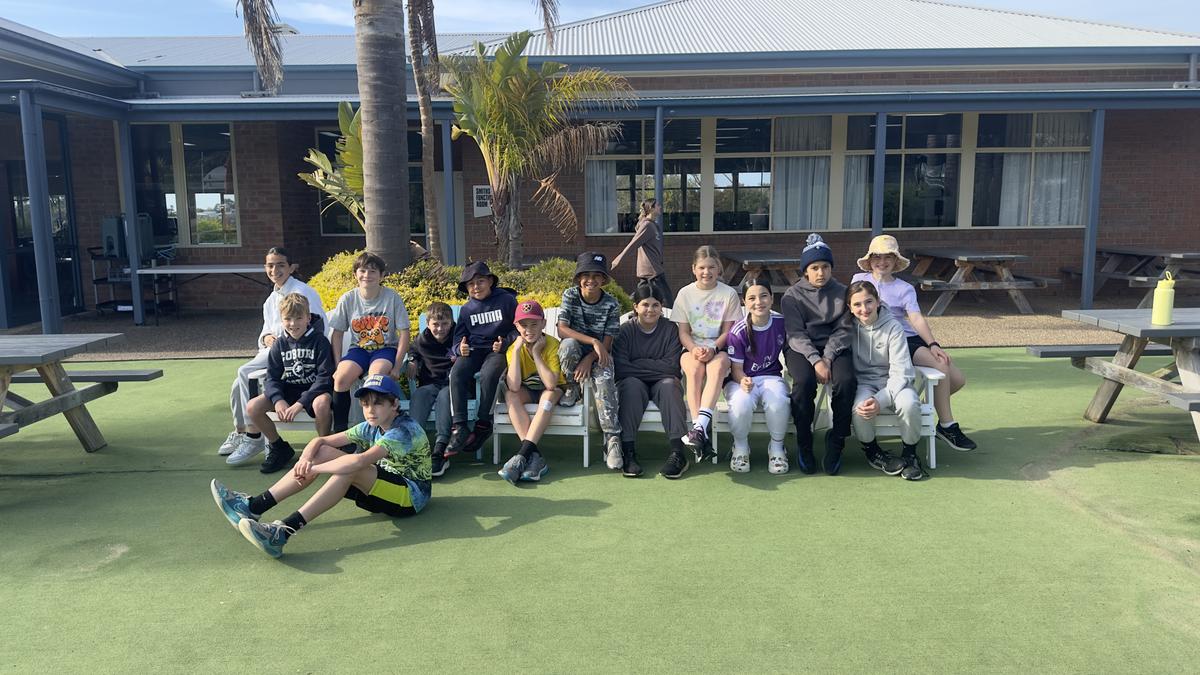
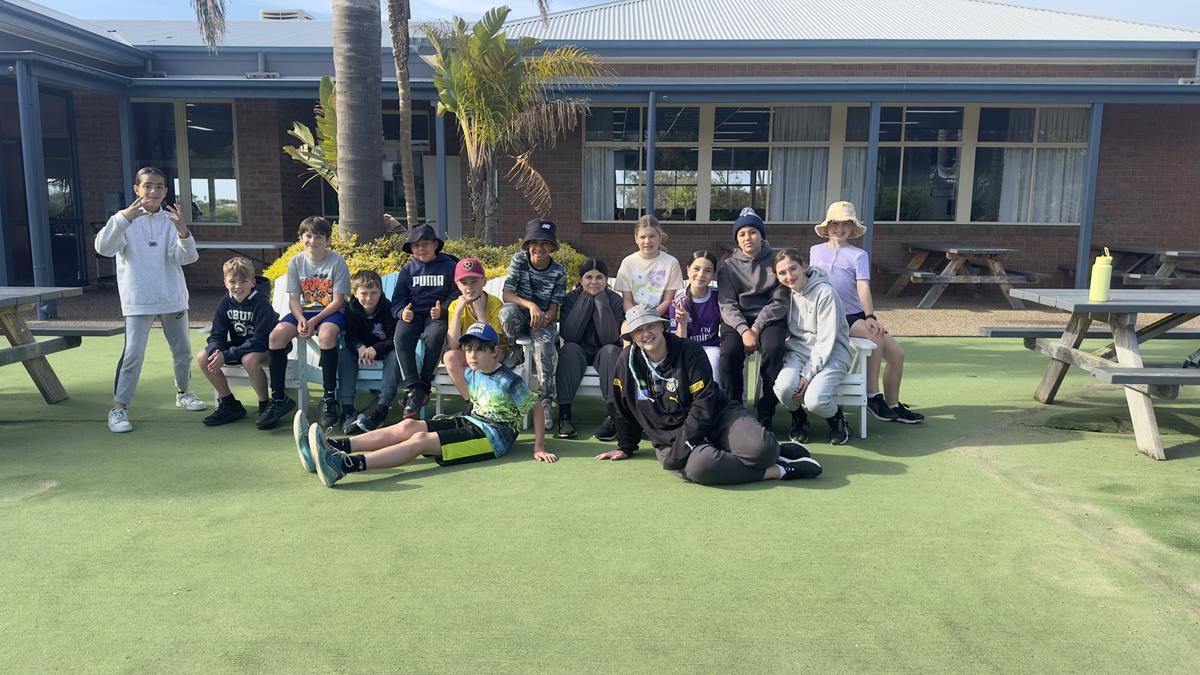
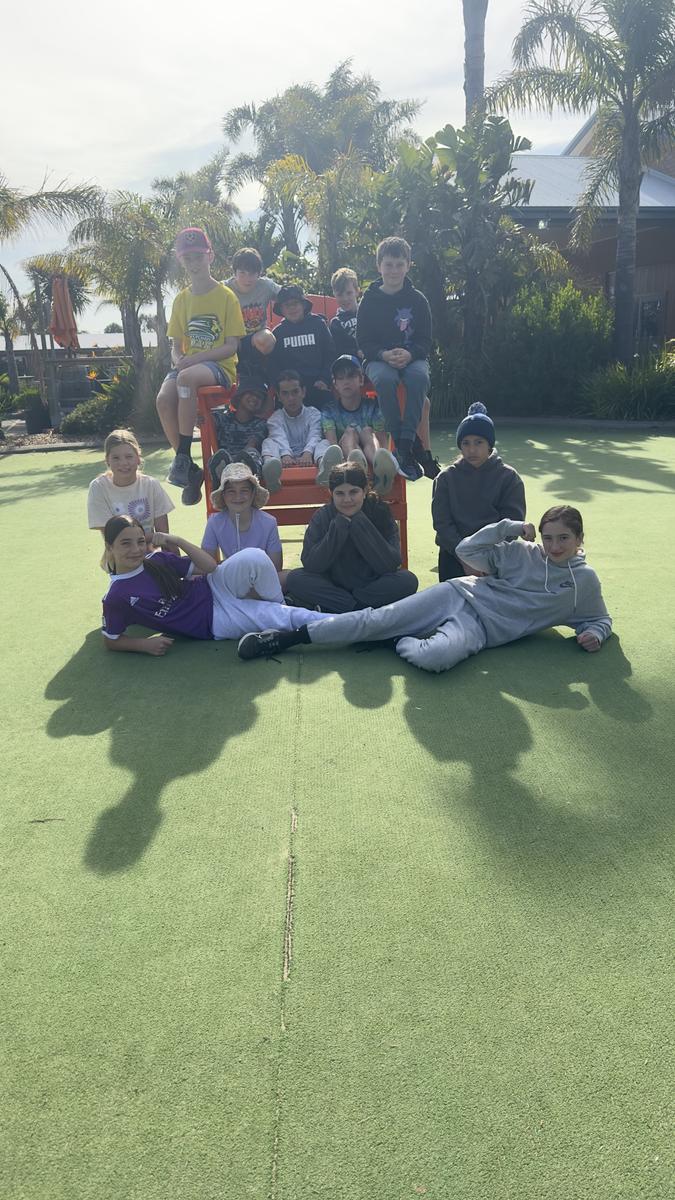
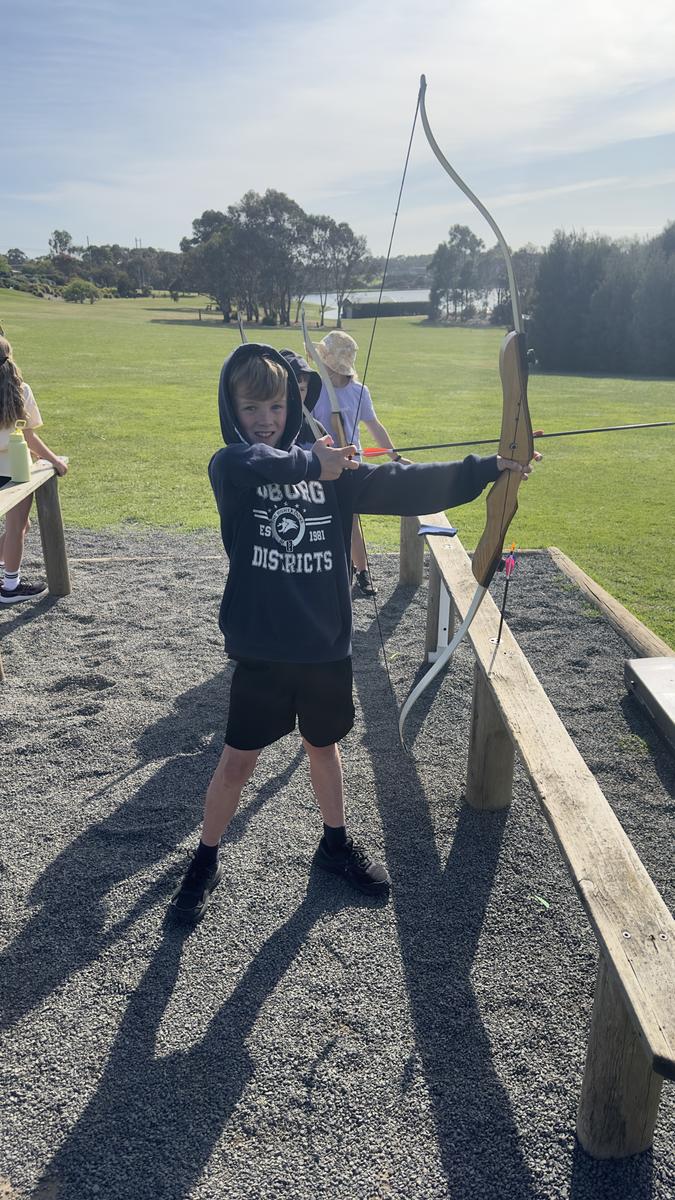
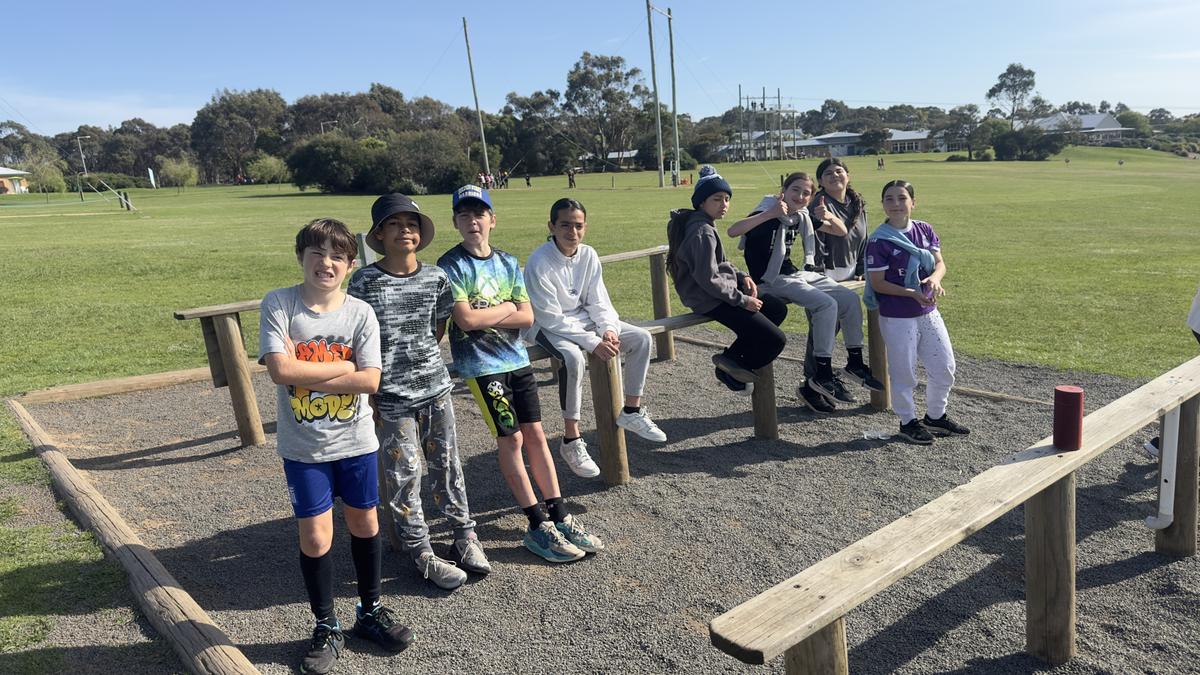
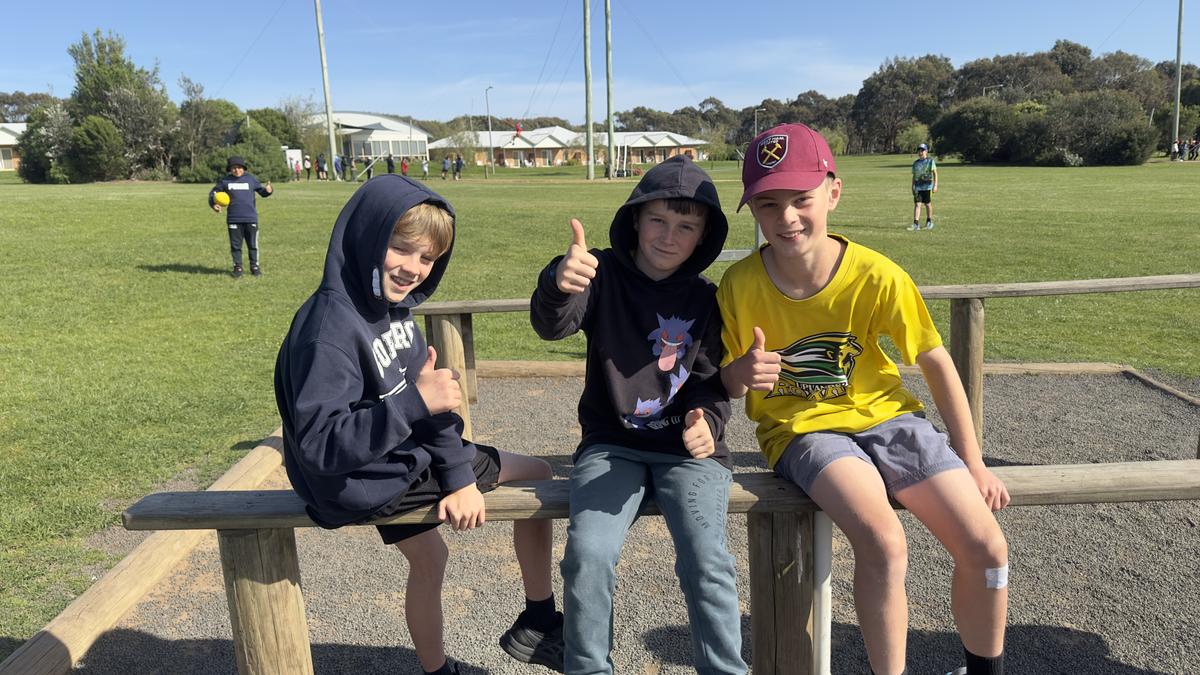
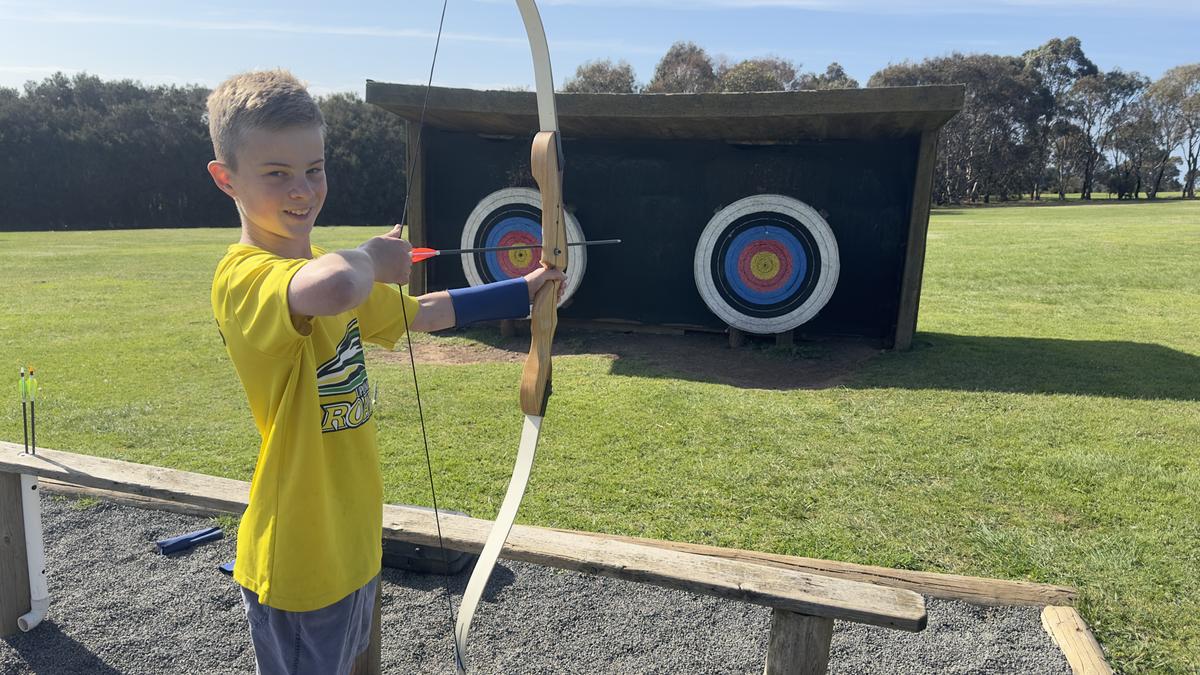
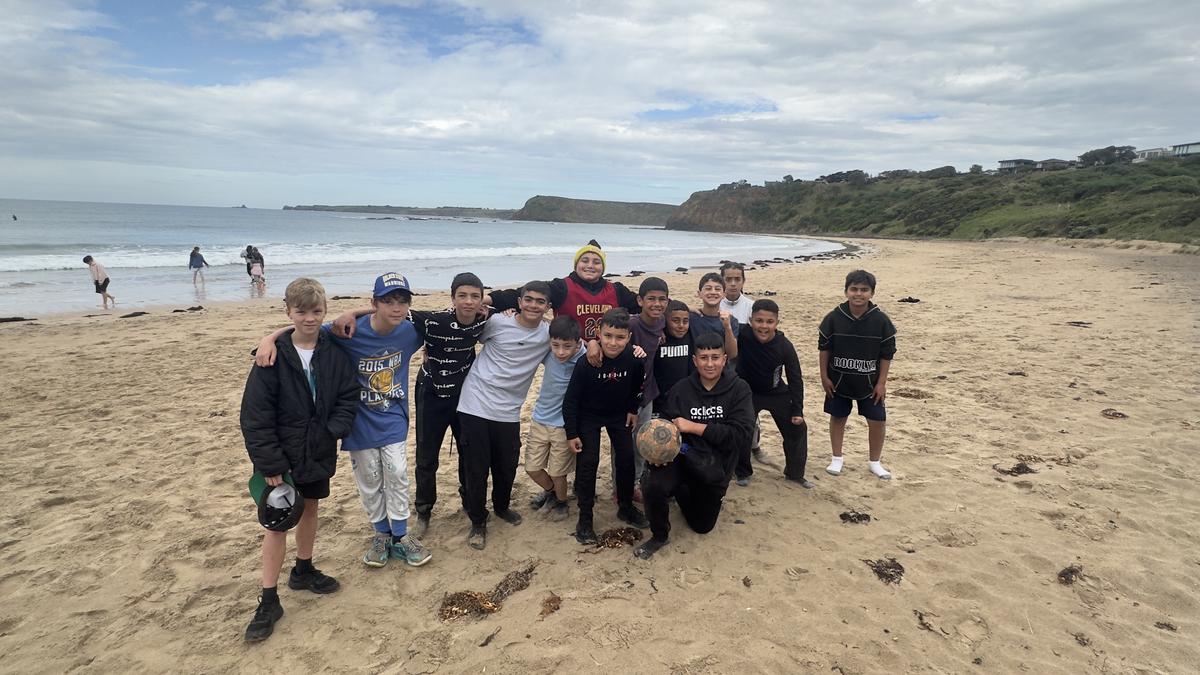
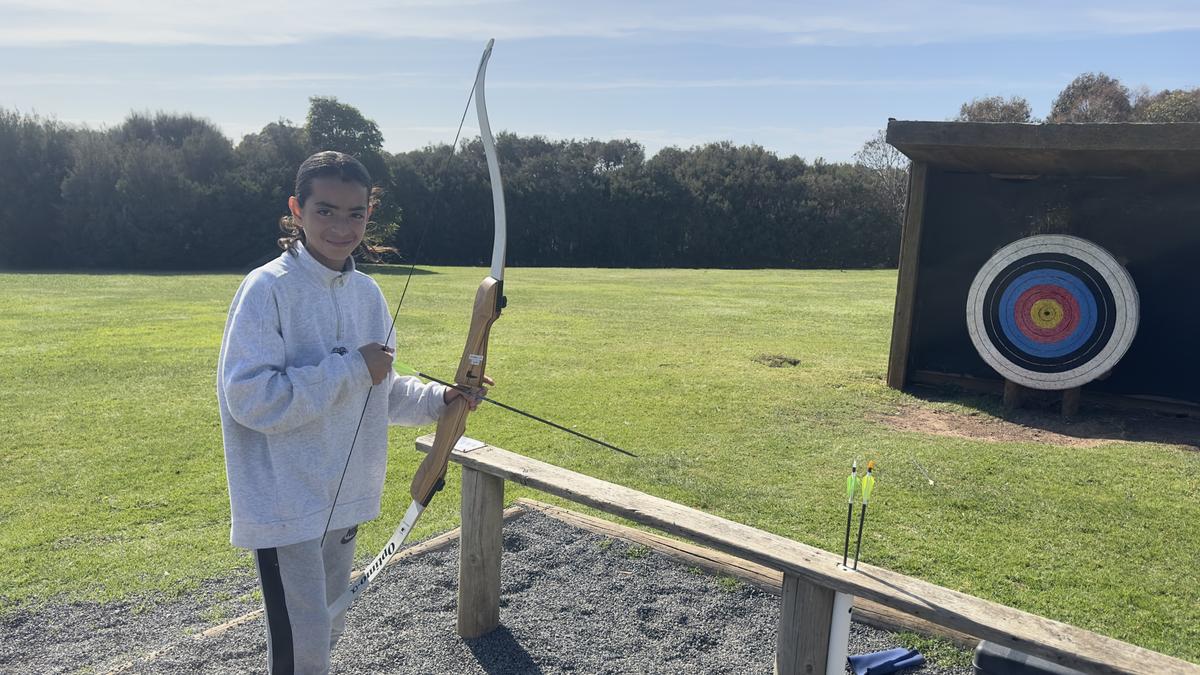
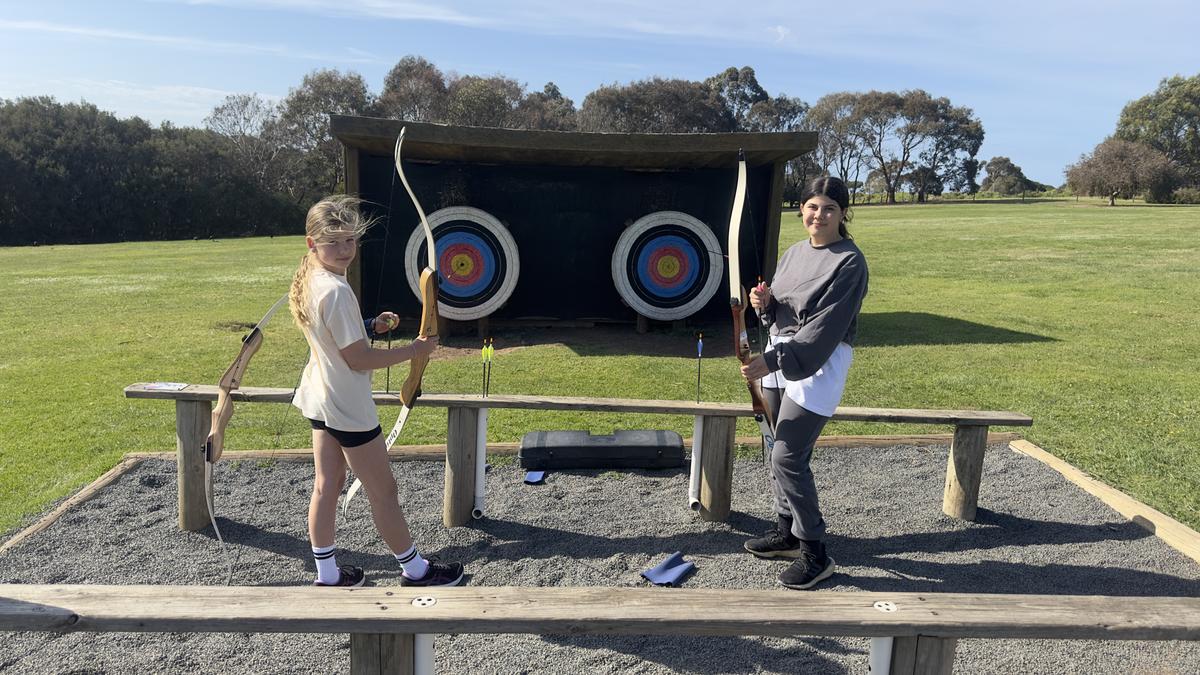
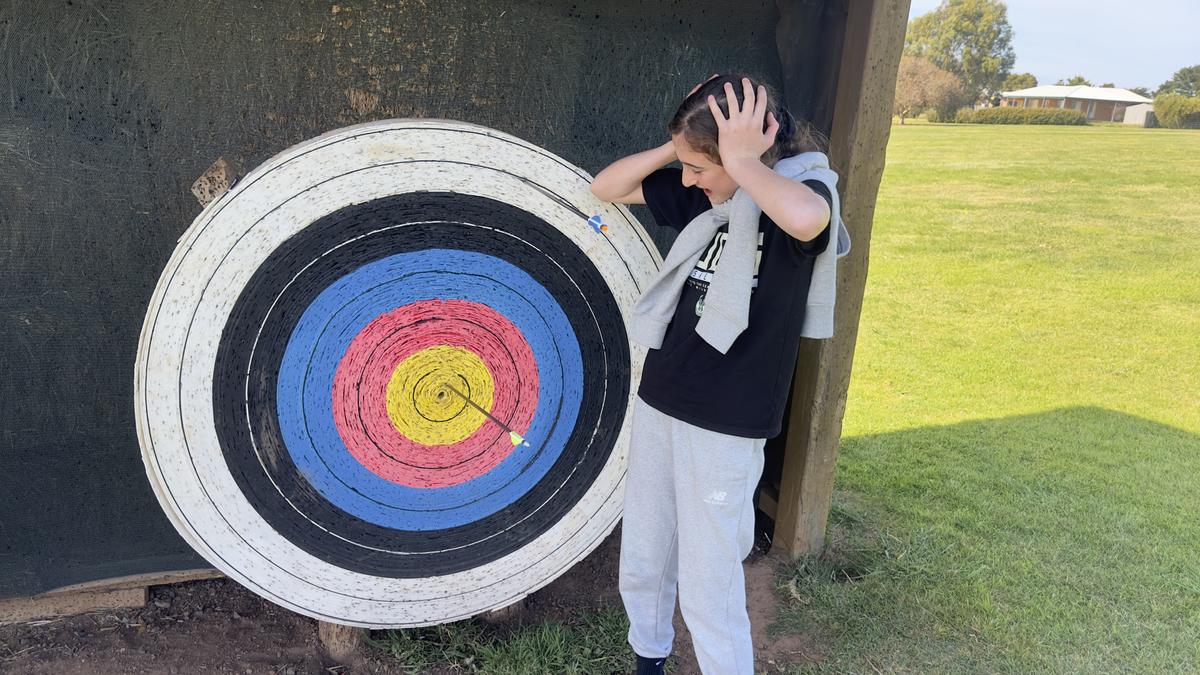
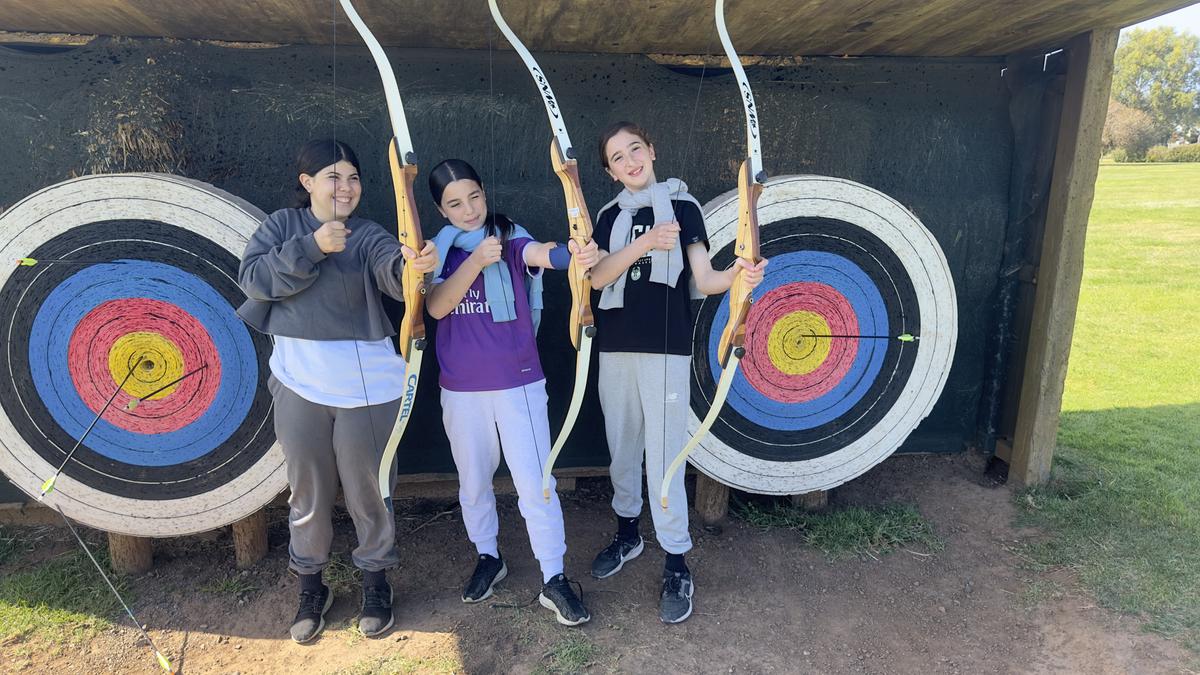
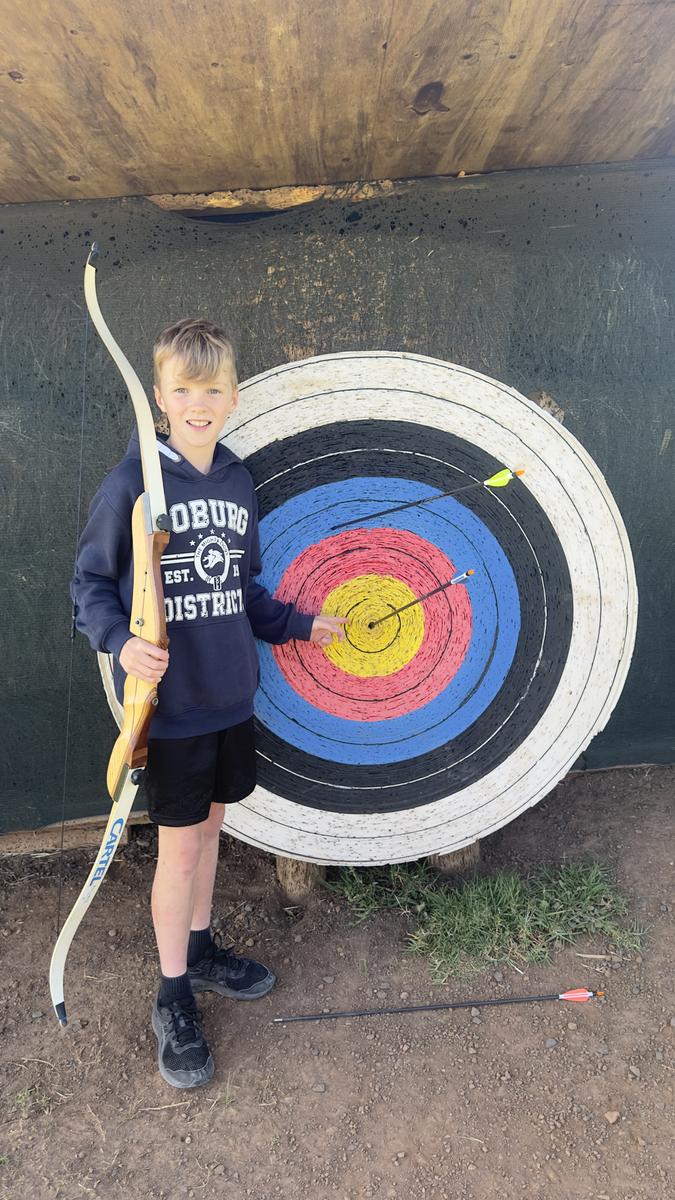
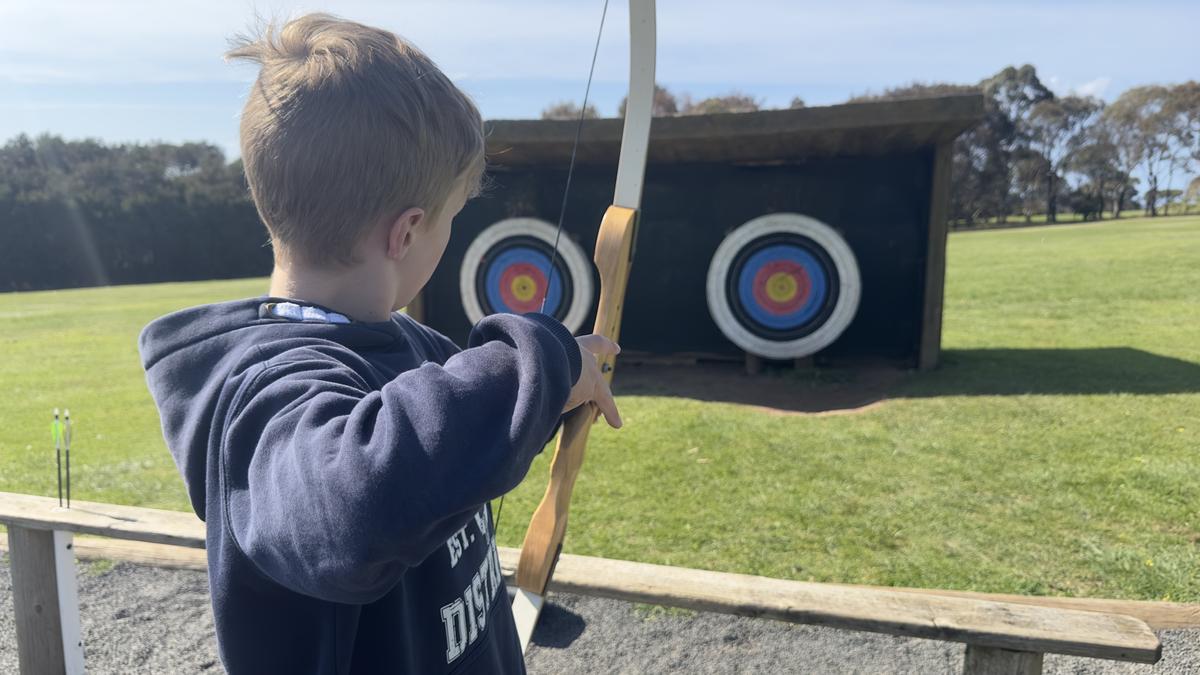
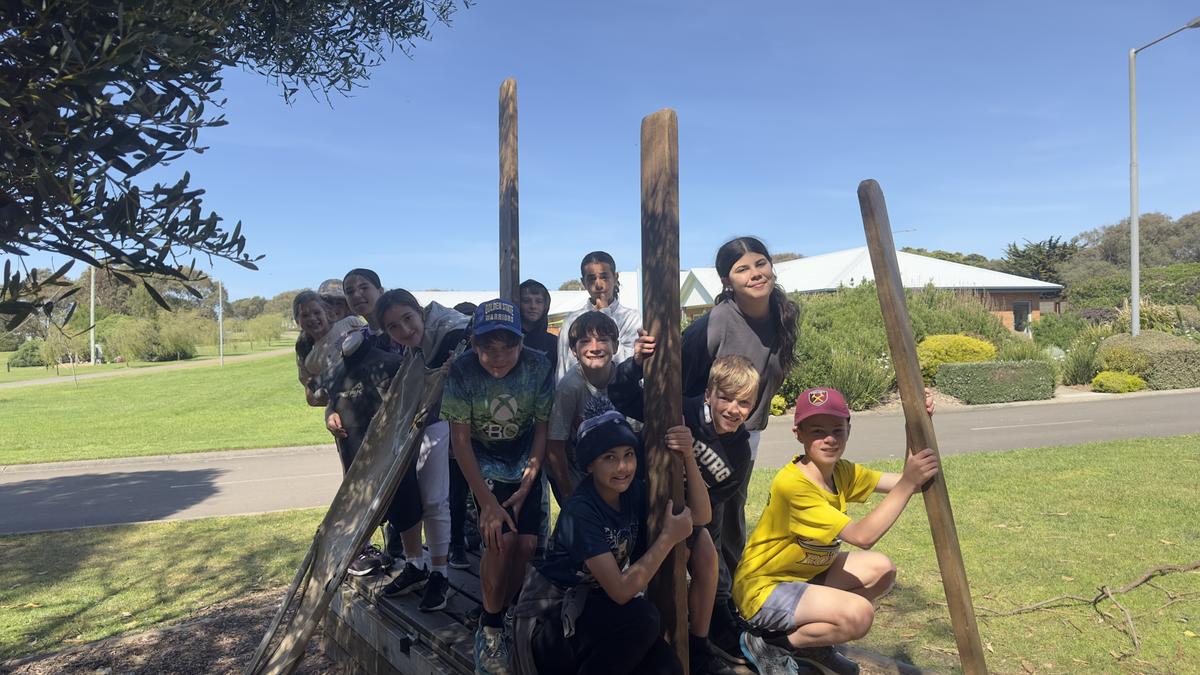
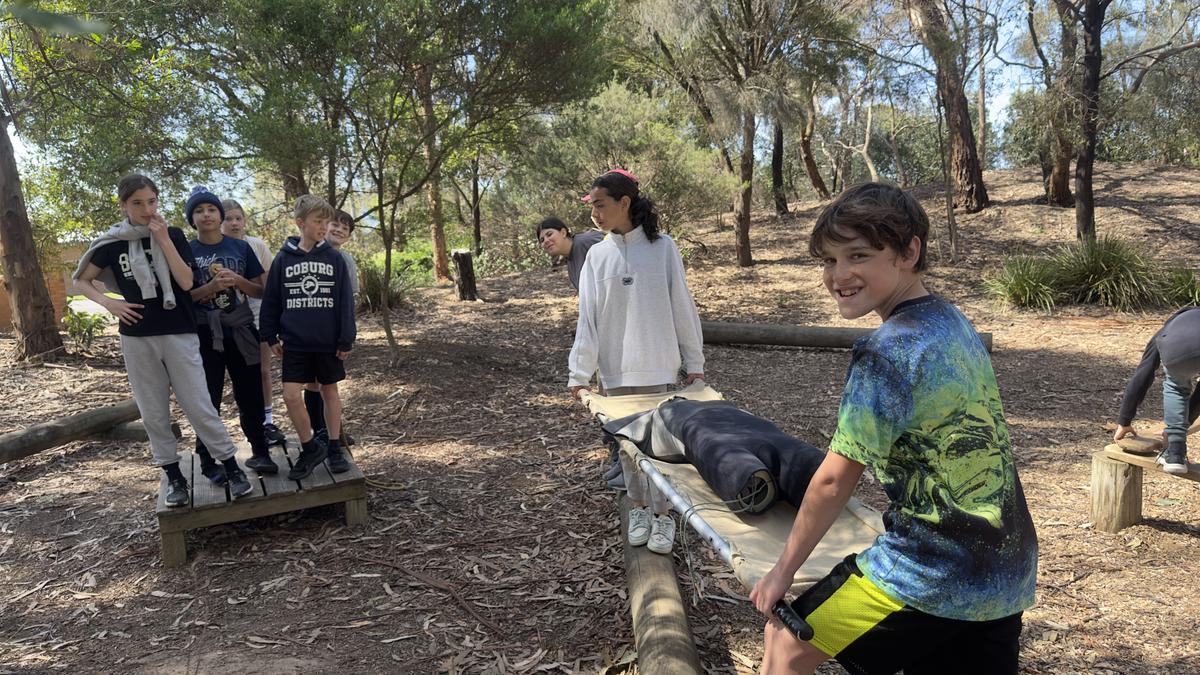
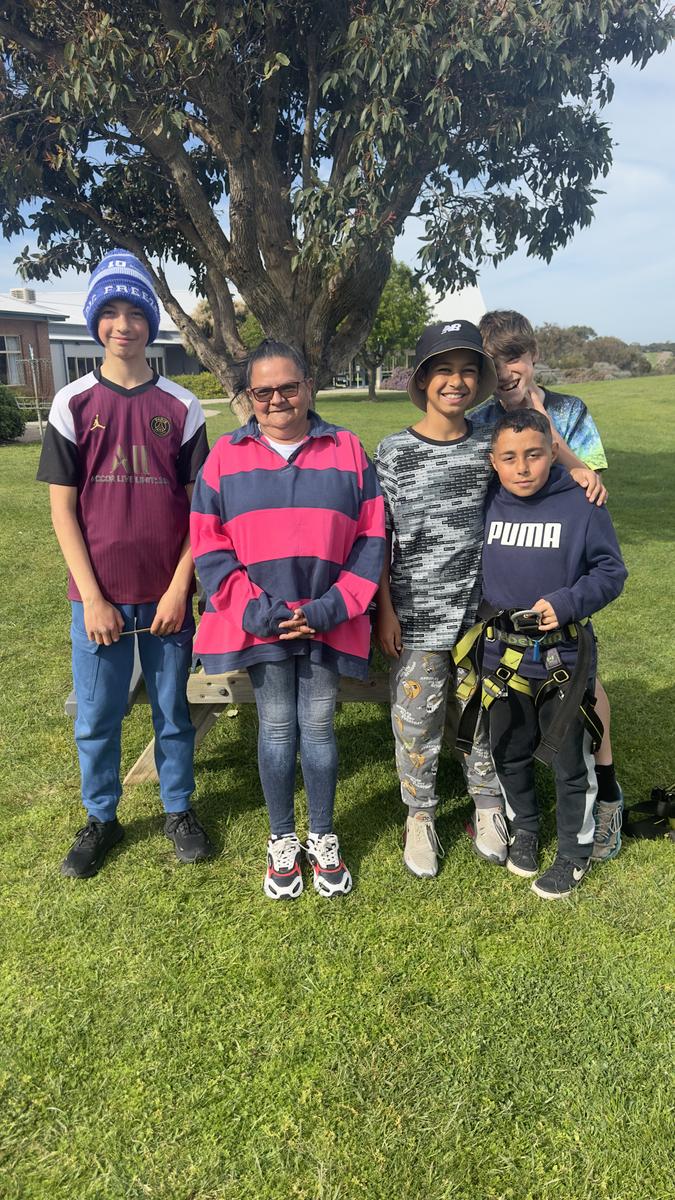
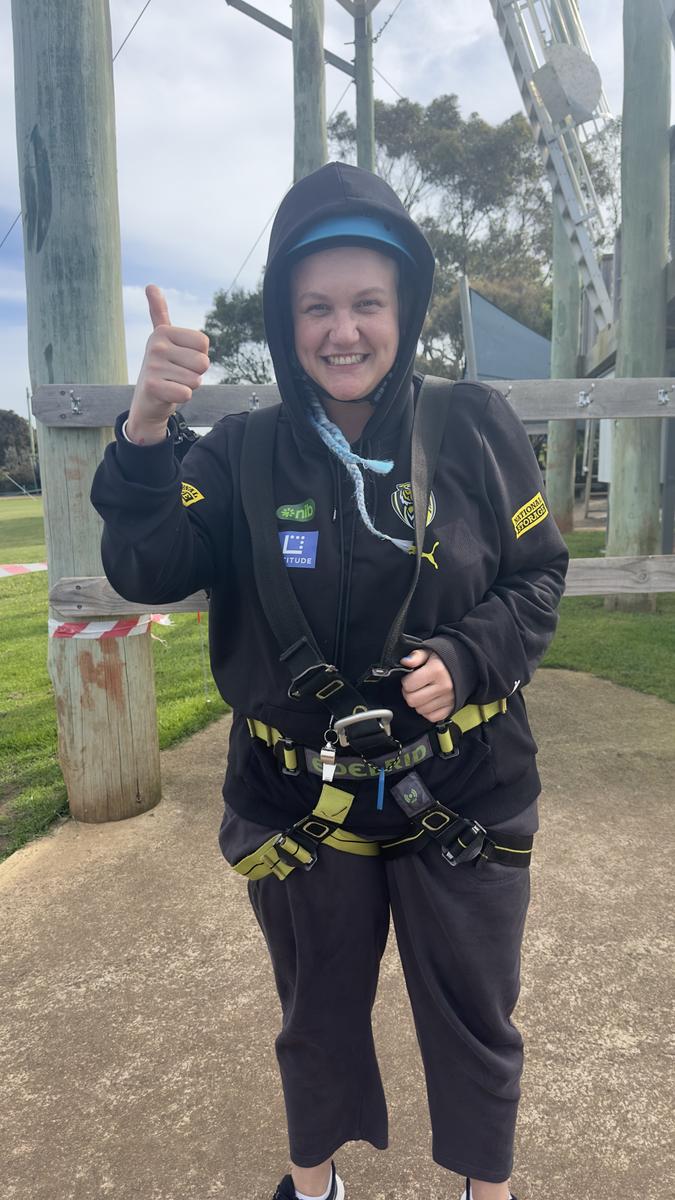
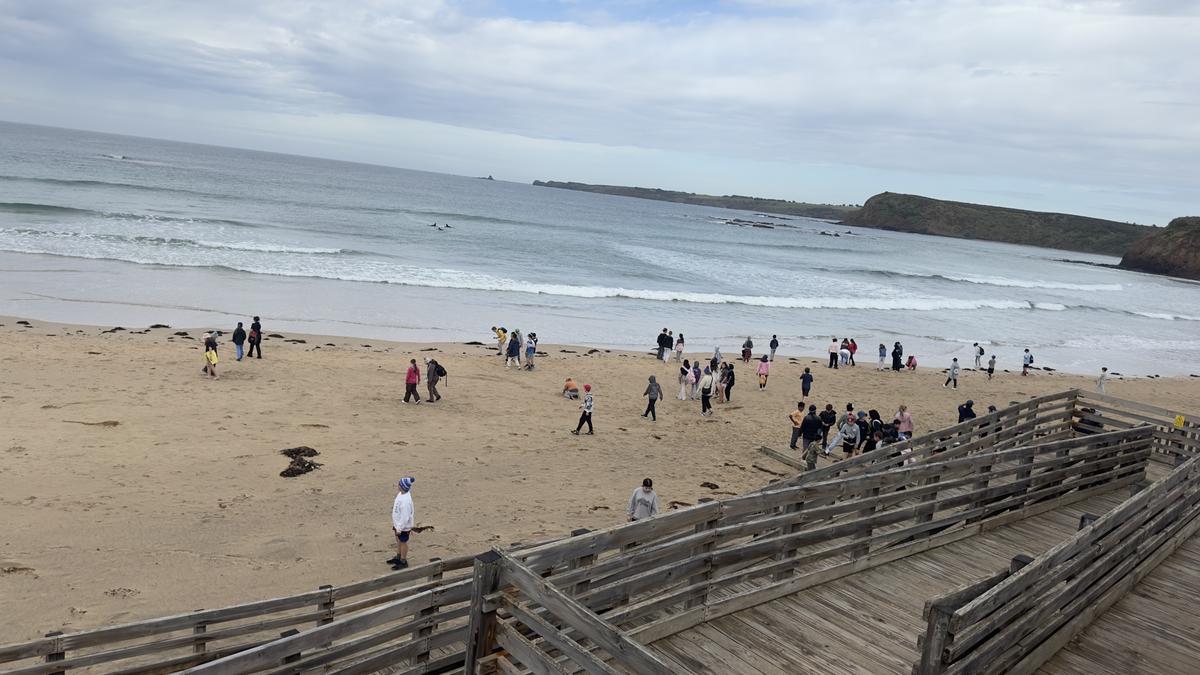
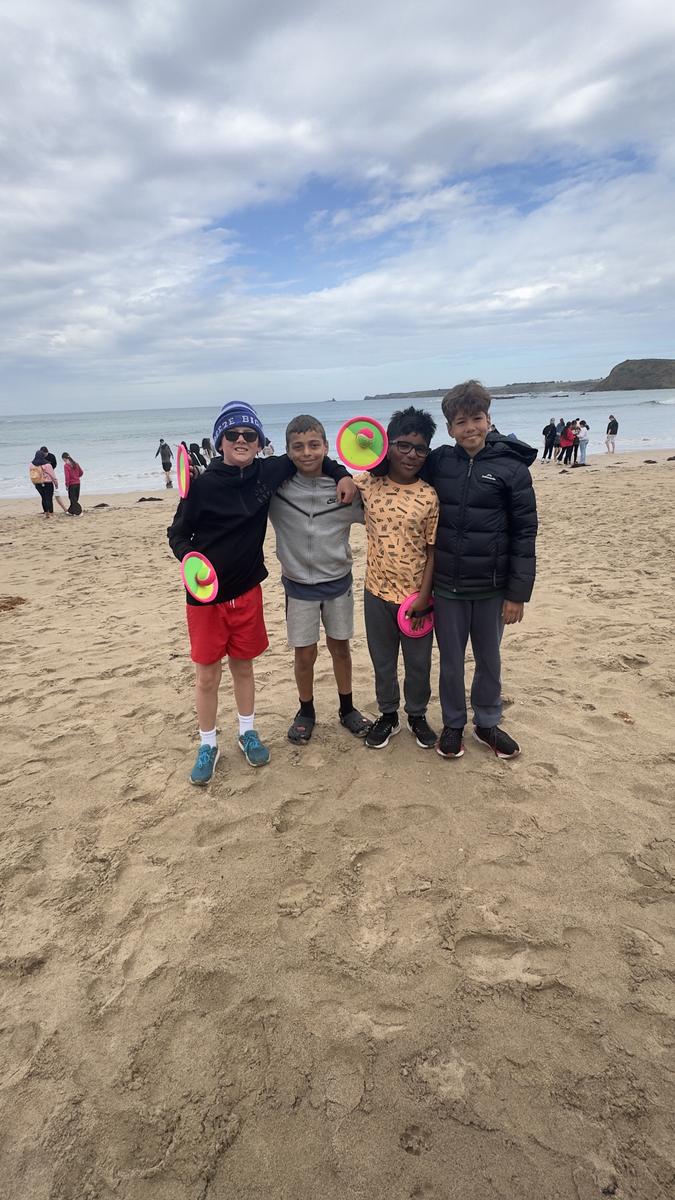
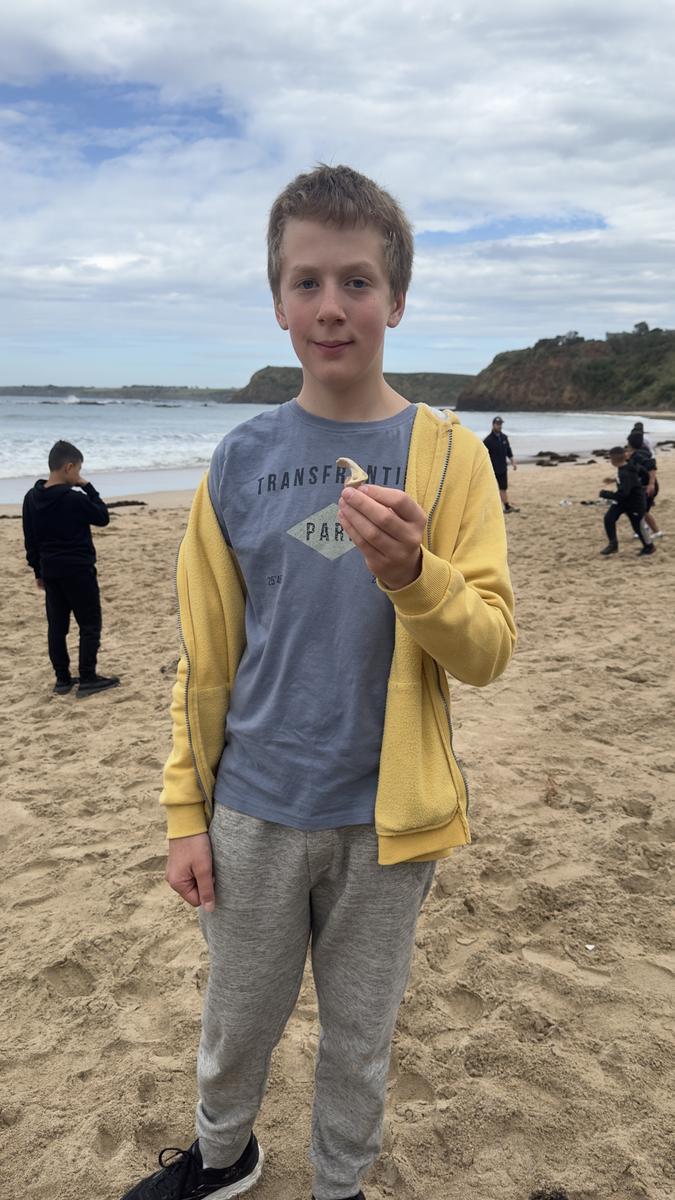
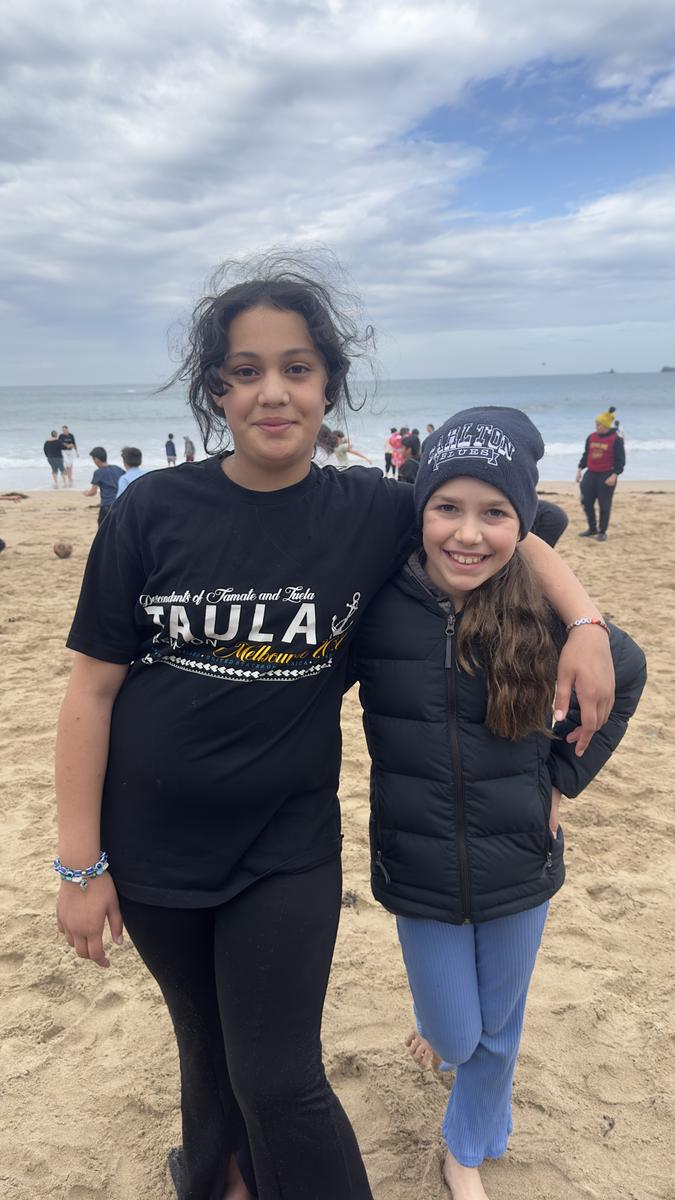
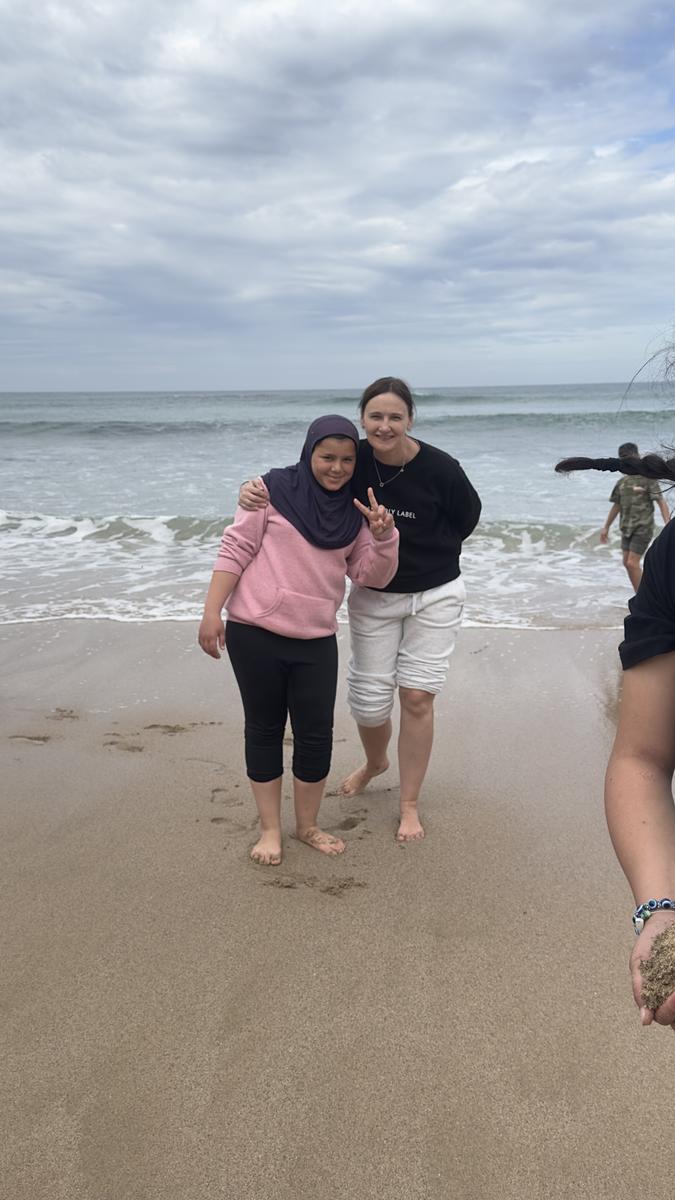
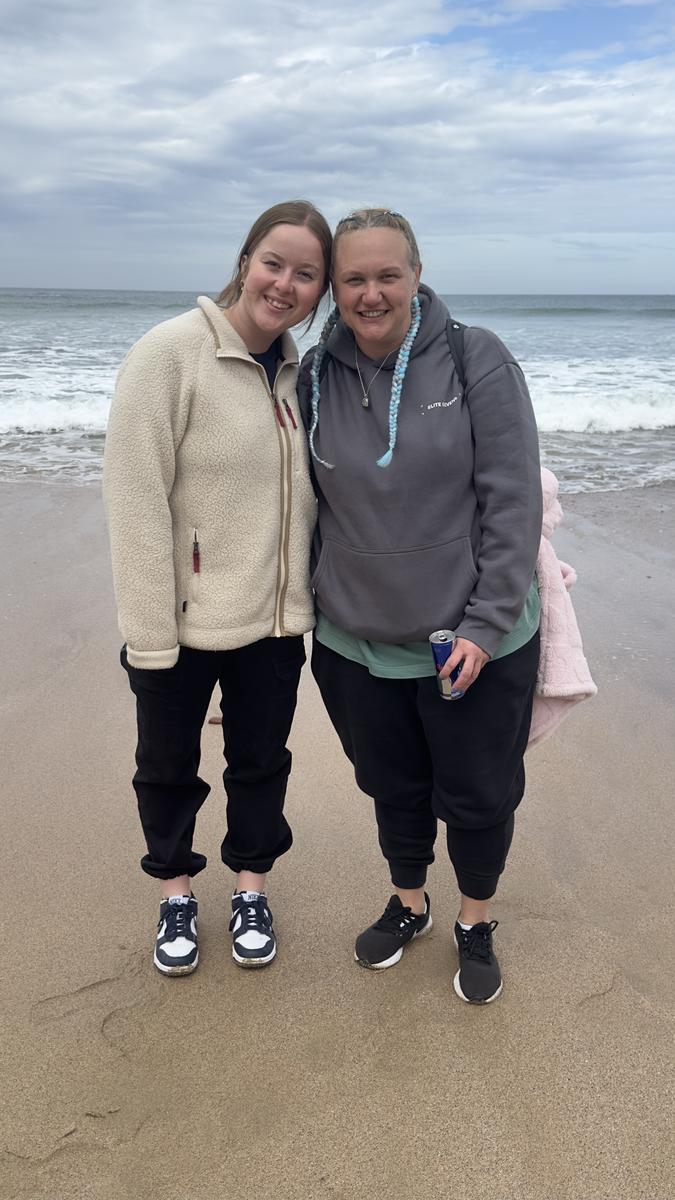
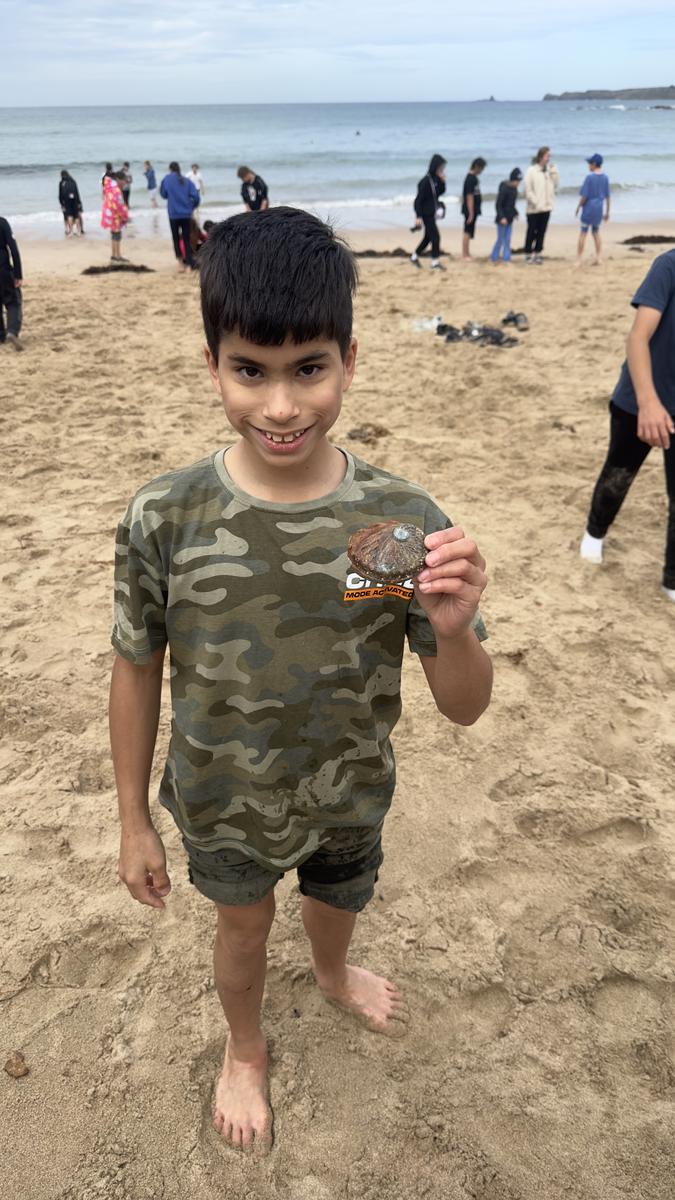
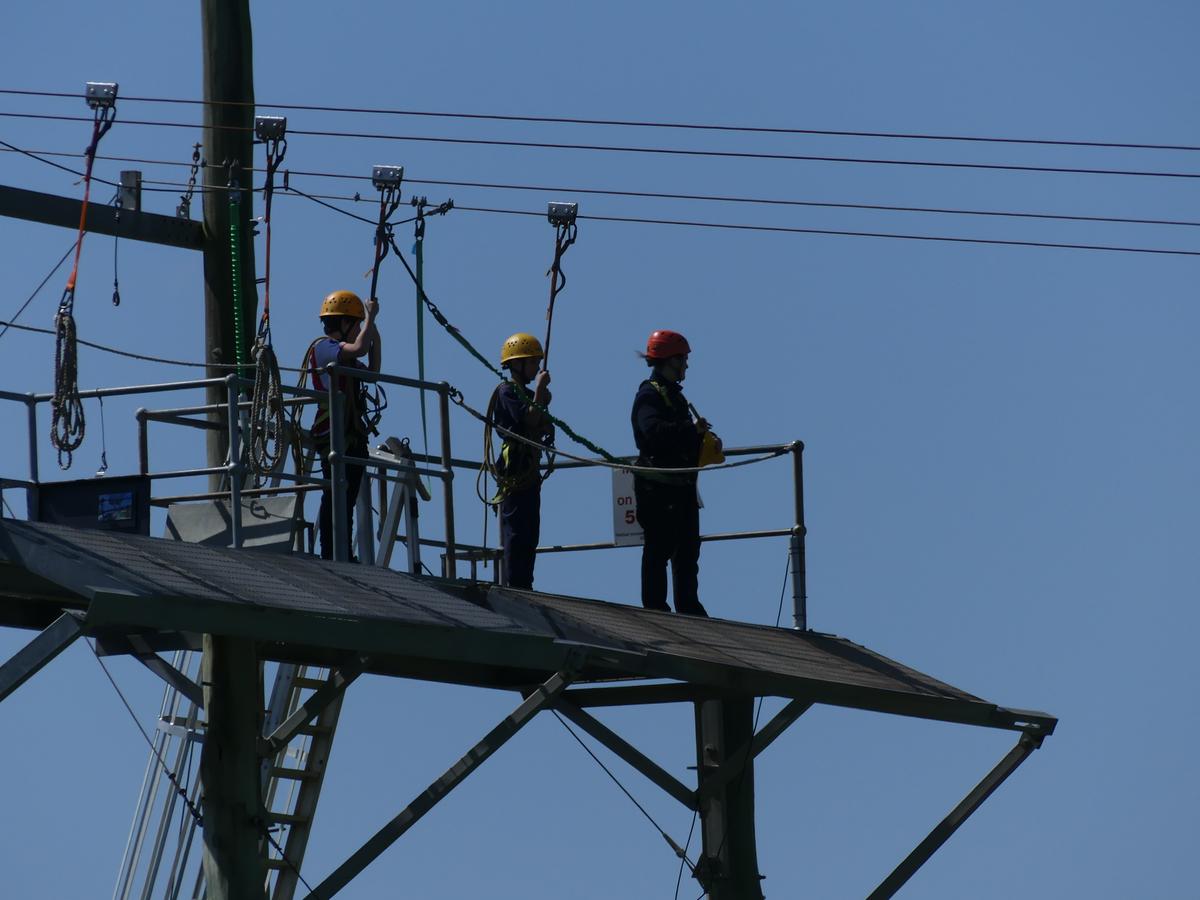
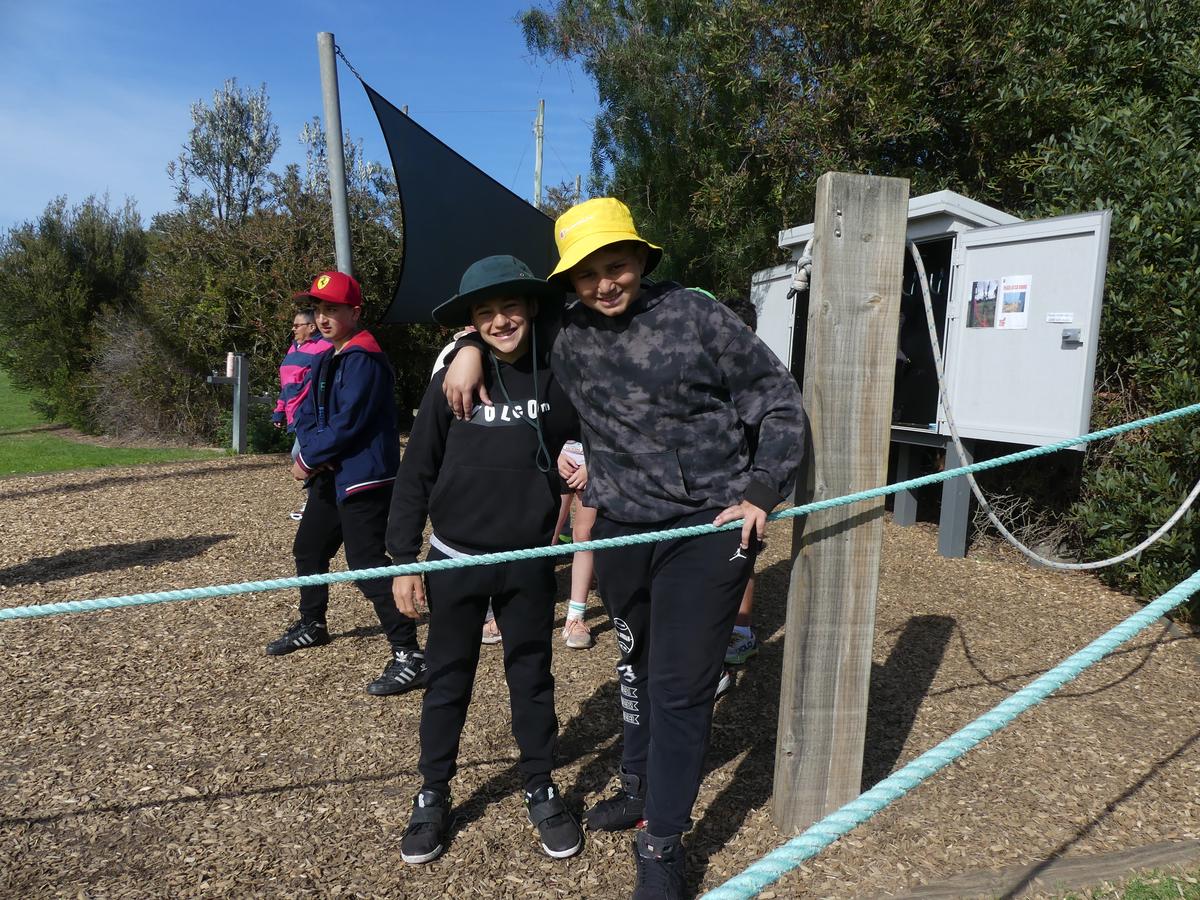
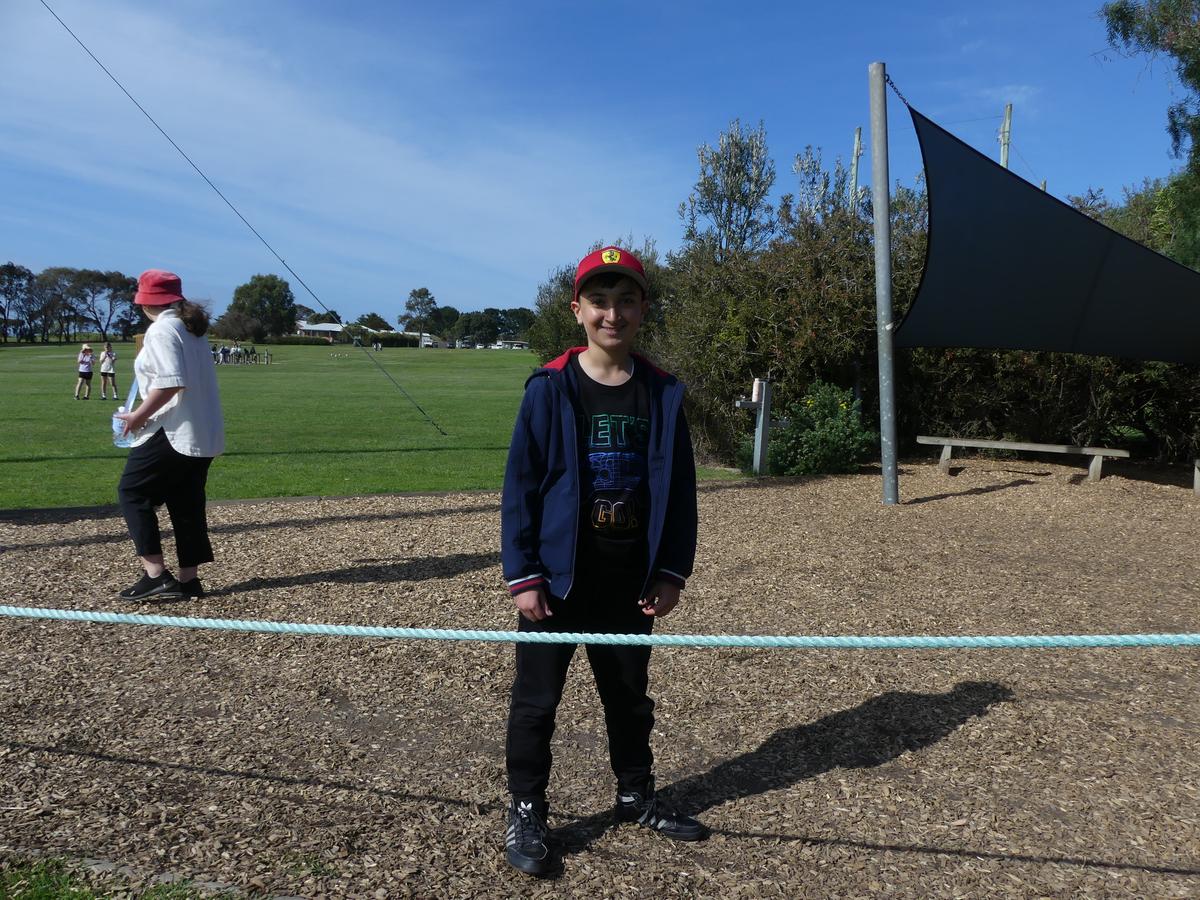
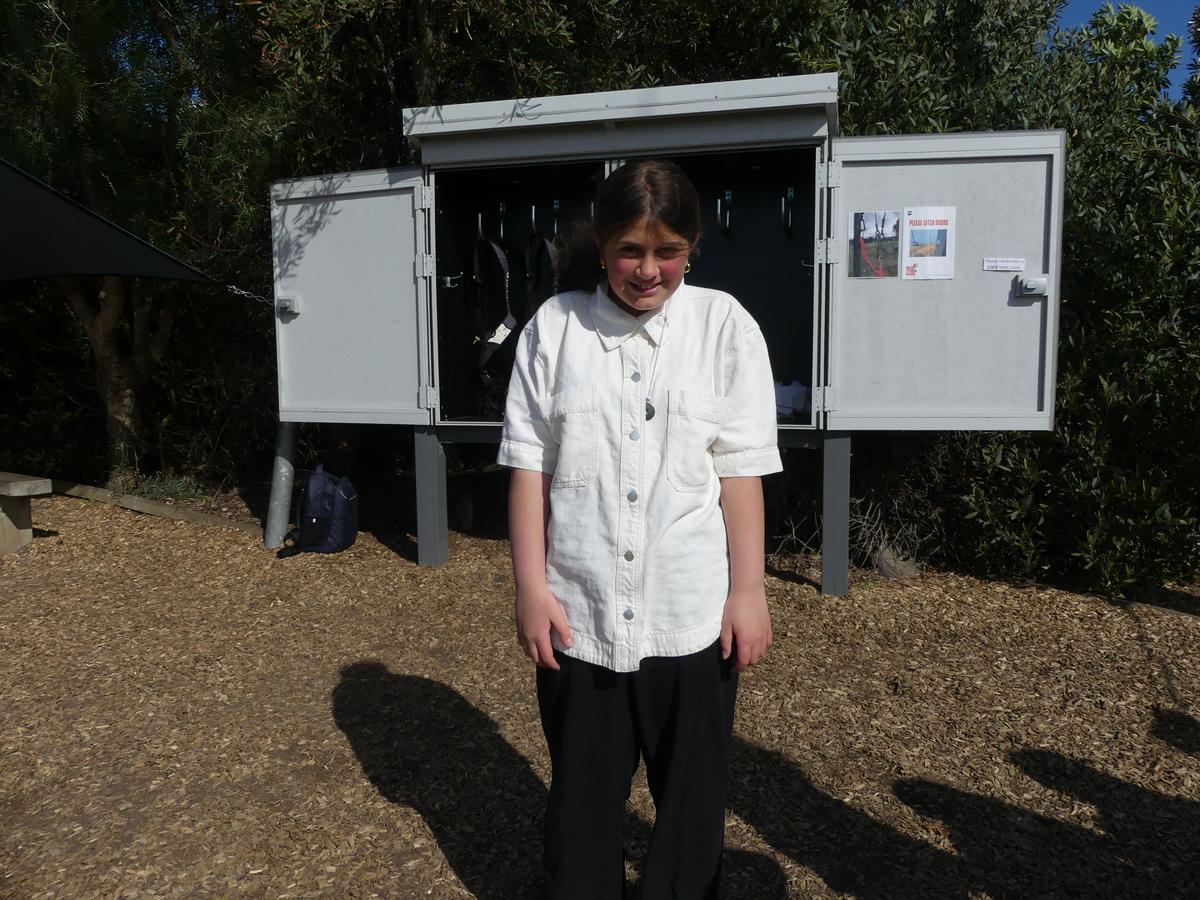
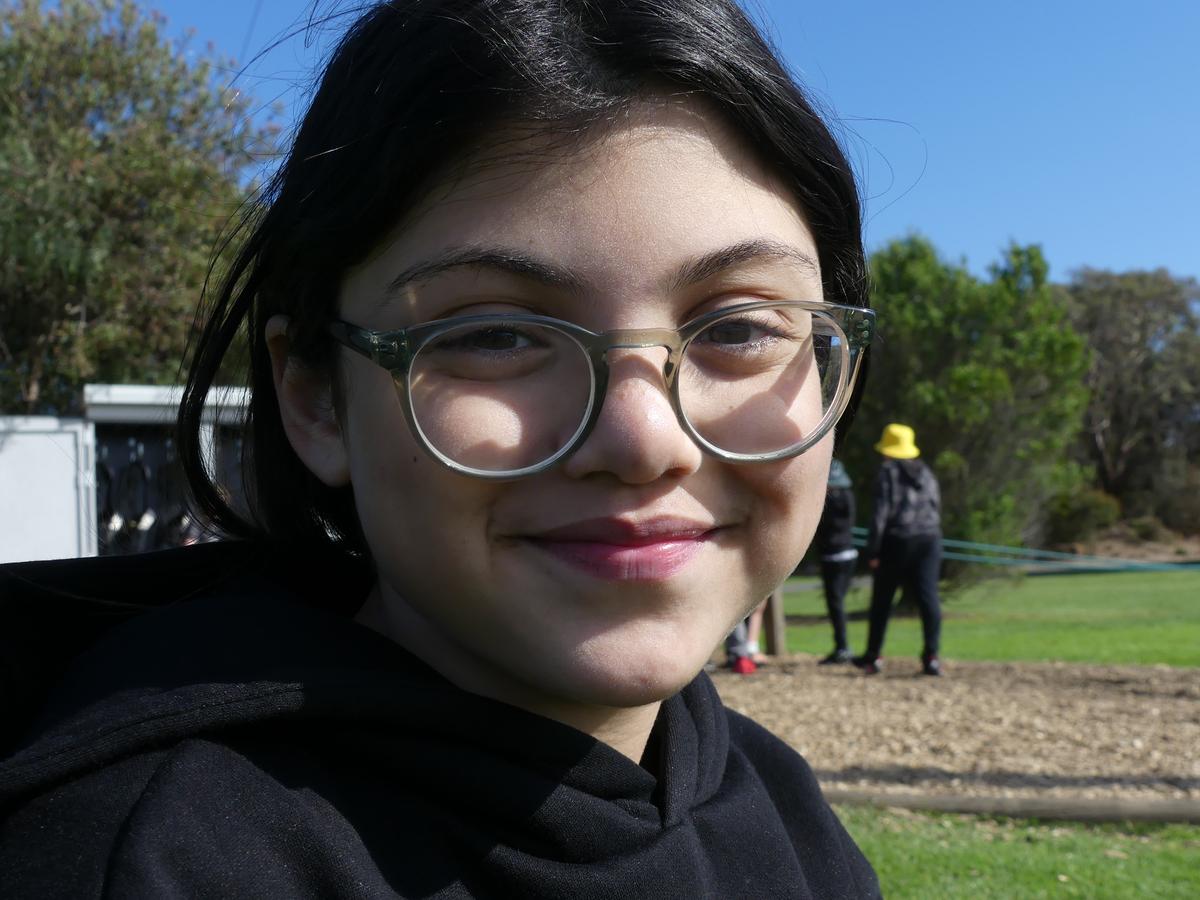



































































































This week, our Year 6 students gathered for their friendship photos—a special tradition marking the end of their primary school journey. It was wonderful to see the joy and laughter shared as students posed with friends, creating memorable snapshots with their friends that truly capture the spirit of their final year together, capturing memories that will undoubtedly be cherished for years to come. These photos represent not only their time together but also the bonds and experiences that have shaped them throughout the years. The photos will be used to create a special keepsake that each Year 6 student will receive at graduation—a personalised memento of their time and friendships at our school.
Our Year 5 students also joined in on the fun, taking friendship photos of their own as they prepare for a creative project. With these photos, they plan to work on a student-designed yearbook, a hands-on experience that lets them develop skills in storytelling, design, and collaboration. As part of this project, students practiced using a green screen, giving them an introduction to how online editing and photoshopping can add some imaginative touches to their work. This activity has been a fantastic opportunity for our Year 5 students to build teamwork skills and explore their creativity while gearing up for their final year.
This week, our students participated in a valuable online learning session with Kids Help Line, designed to support a smooth transition to high school. The session offered insights and strategies to help students feel prepared and confident as they move forward into this next chapter of their education.
During the session, students learned how to express and normalise common worries about starting high school, along with practical steps they can take to feel prepared. The topics covered included strategies for making new friends, managing first-day expectations, and navigating the high school environment. Optional focus areas were also provided, including emotional regulation, study tips, and knowing when and how to seek support.
The session was interactive, with students encouraged to ask questions, share concerns, and engage in meaningful discussions around potential scenarios they may encounter in high school. This experience is part of our commitment to equipping students with the skills and knowledge they need to make a positive, confident start in high school. We encourage families to discuss the session with their child and continue the conversation about this exciting new transition.
Our reading focus has centered on enhancing comprehension skills in non-fiction texts, giving students valuable tools to understand and retain information. Through engaging activities and guided practice, students have been developing essential strategies that support their understanding of various types of factual texts, including news articles, reports, and explanation texts.
Key Strategies in Focus:
Predicting: Before diving into a text, students practice predicting what the text will be about based on titles, headings, images, and other clues. This strategy helps students set a purpose for reading and keeps them engaged as they look to confirm or adjust their predictions.
Questioning: While reading, students are encouraged to ask questions about the content. This could be about specific details, terms, or how the information connects to what they already know. Asking questions fosters curiosity and deepens comprehension by prompting them to actively seek answers as they read.
Summarising the Main Idea: After reading, students practice summarising key points to capture the essence of what they’ve read. By identifying the main idea and supporting details, students develop skills to distinguish important information from less relevant details, a key skill in both academics and everyday life.
To reinforce these skills at home, consider discussing non-fiction reading materials with your child, such as news articles or an explanation text on a topic of interest. Ask your child to share their predictions, questions they might have, or what they believe to be the main idea. These simple conversations can support and deepen the comprehension strategies they’re building in class, encouraging them to become confident, insightful readers of non-fiction.